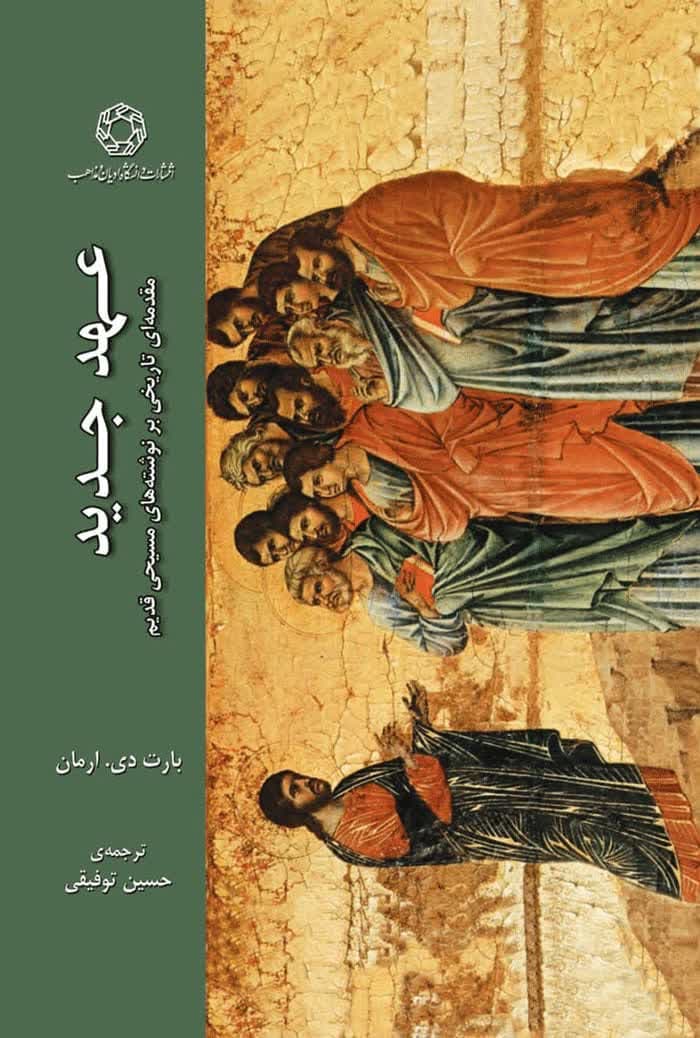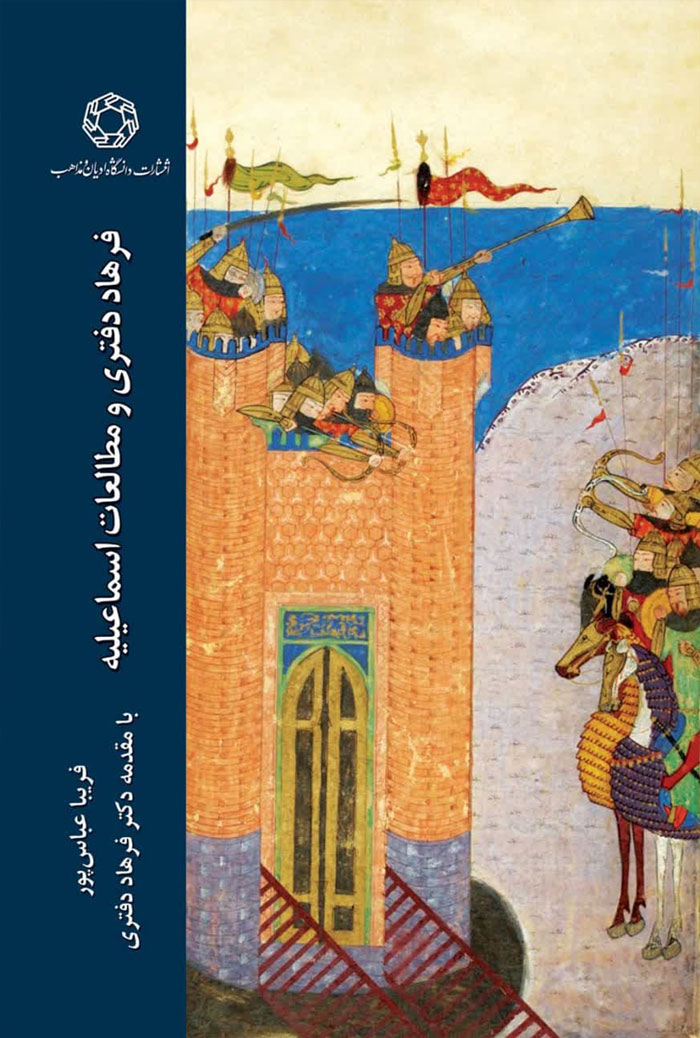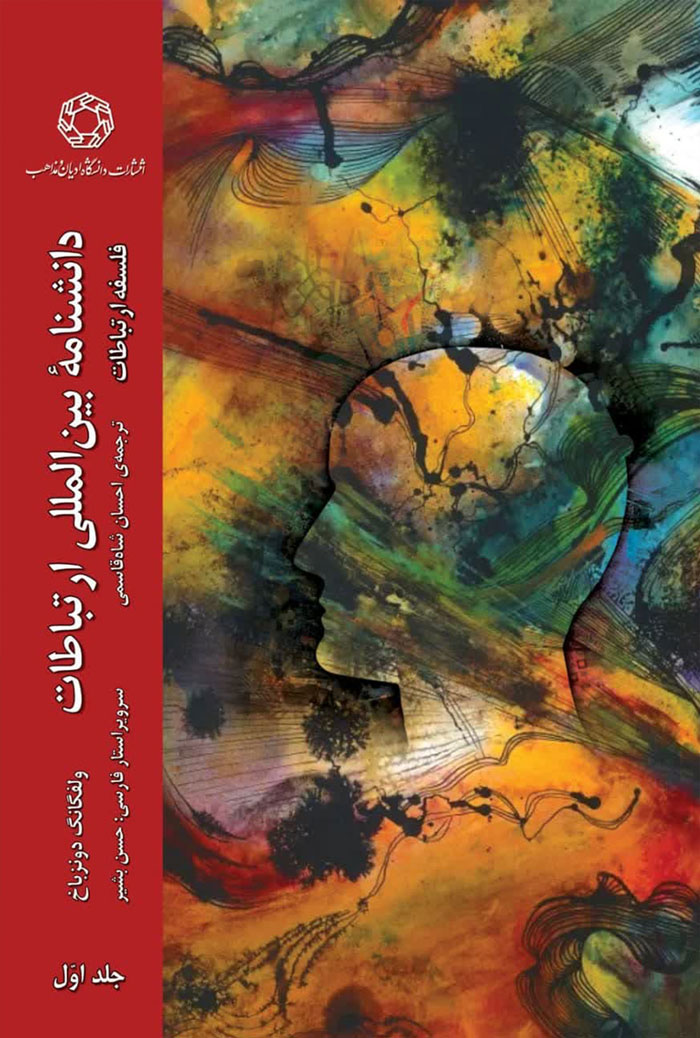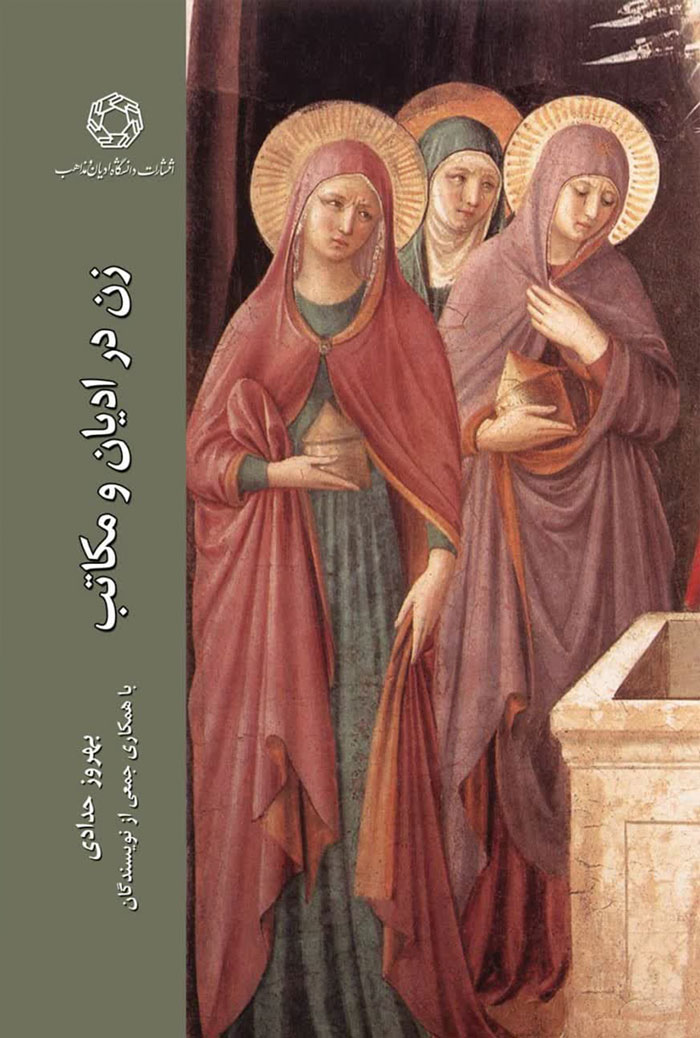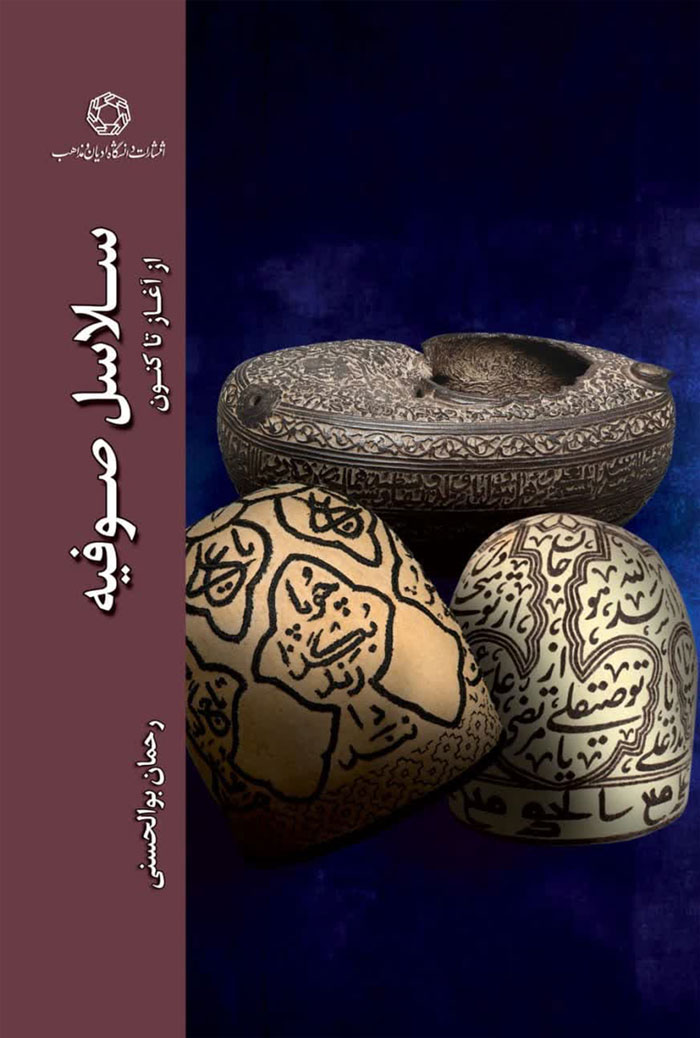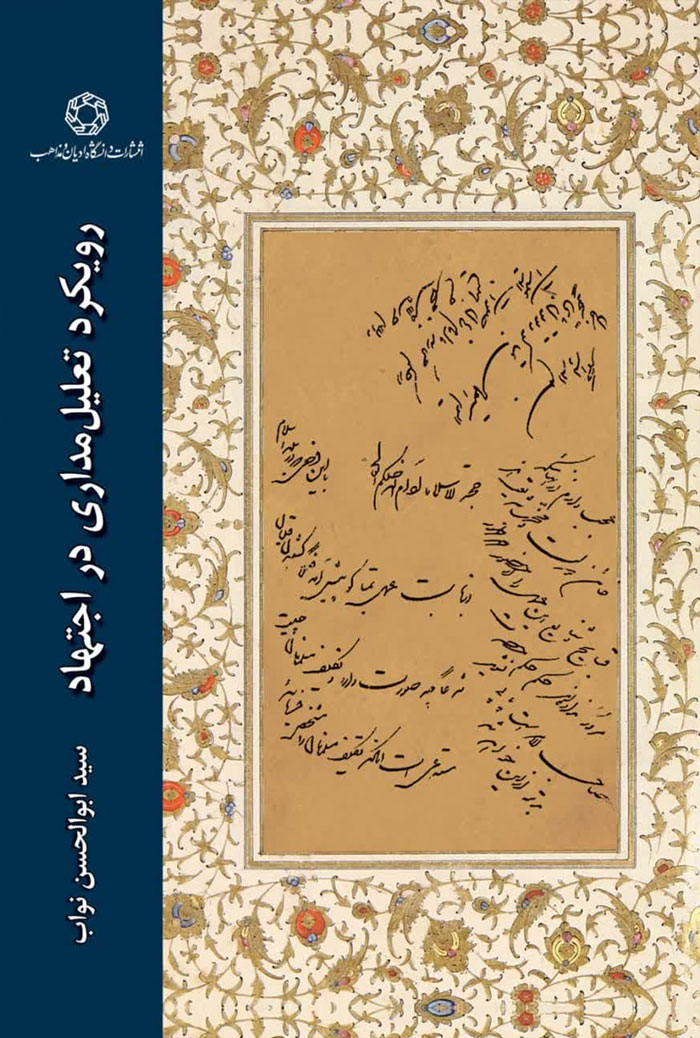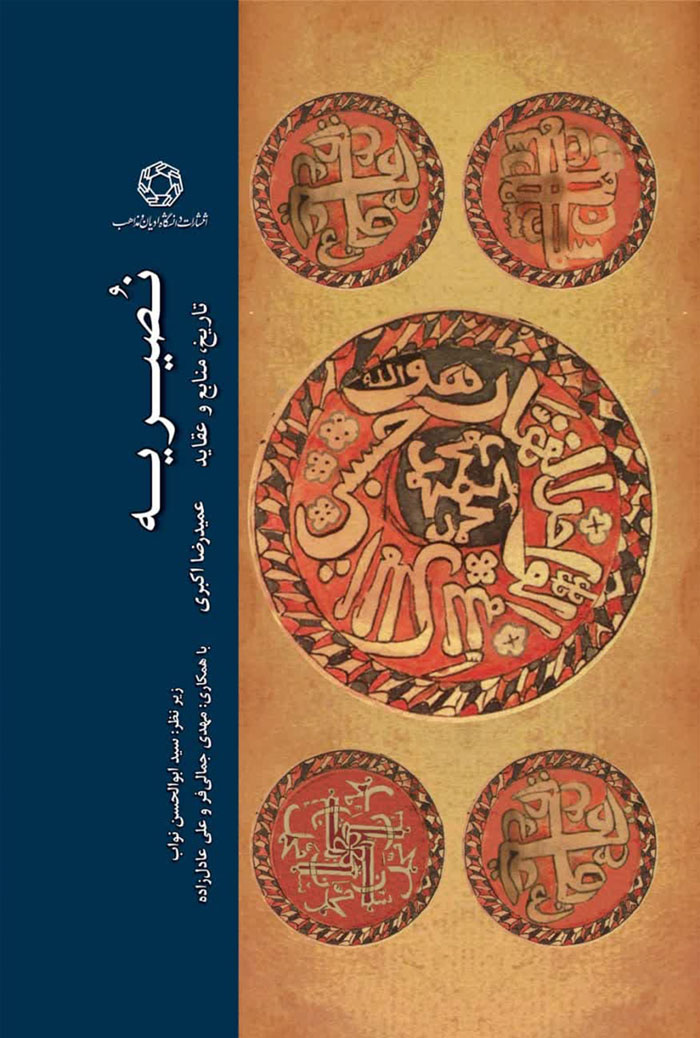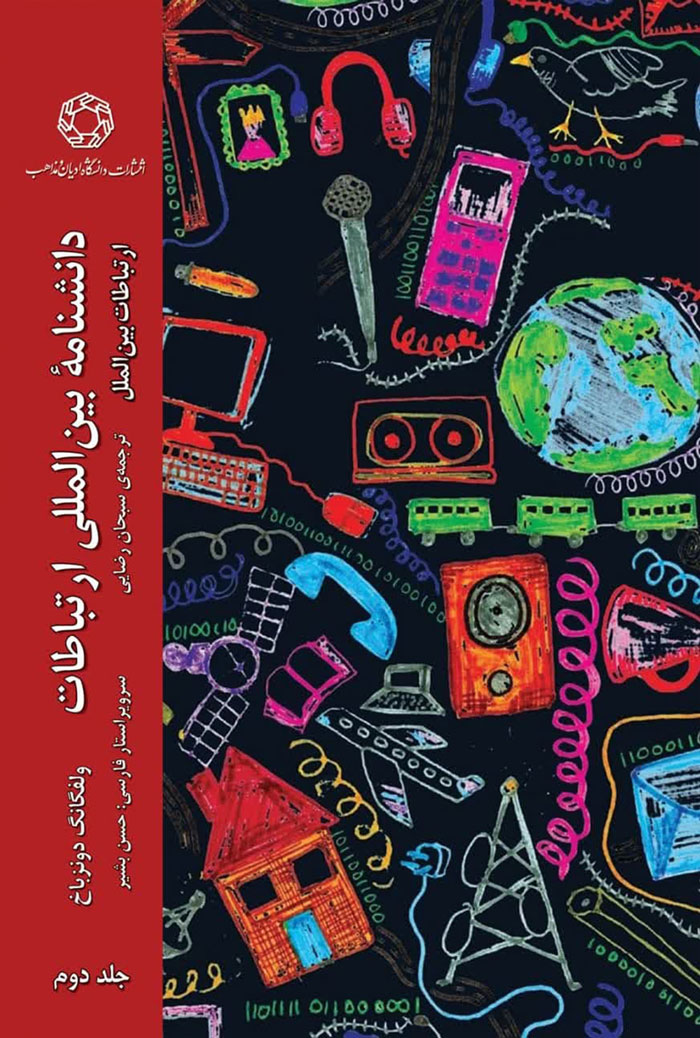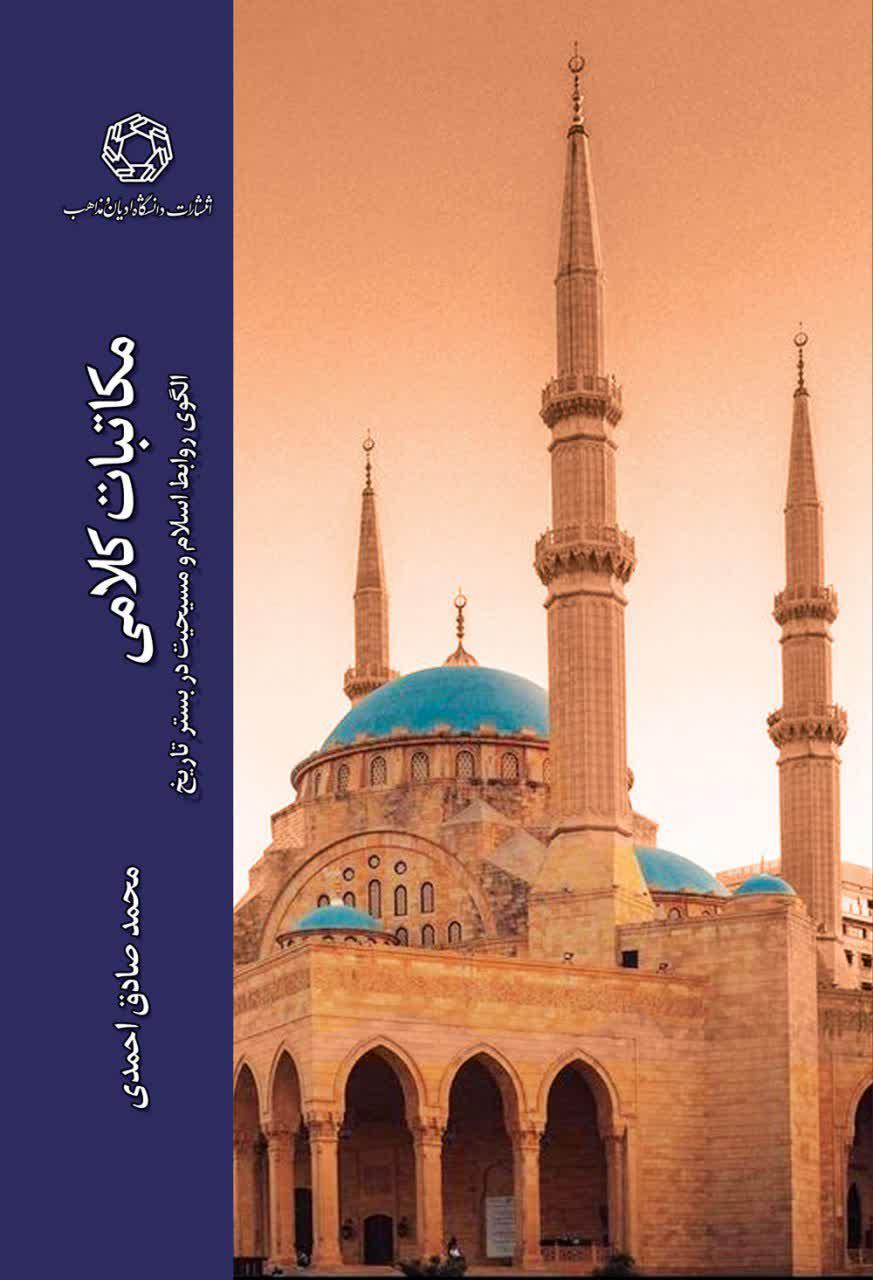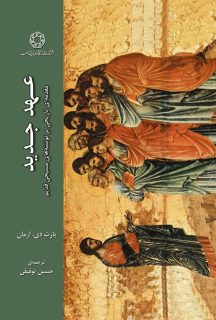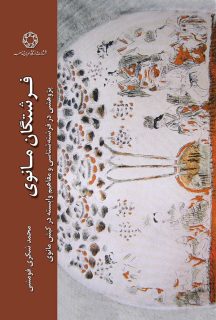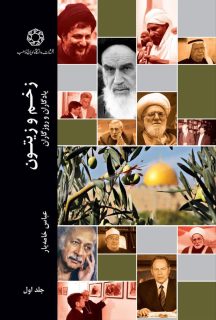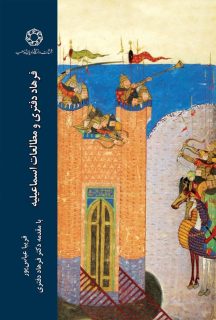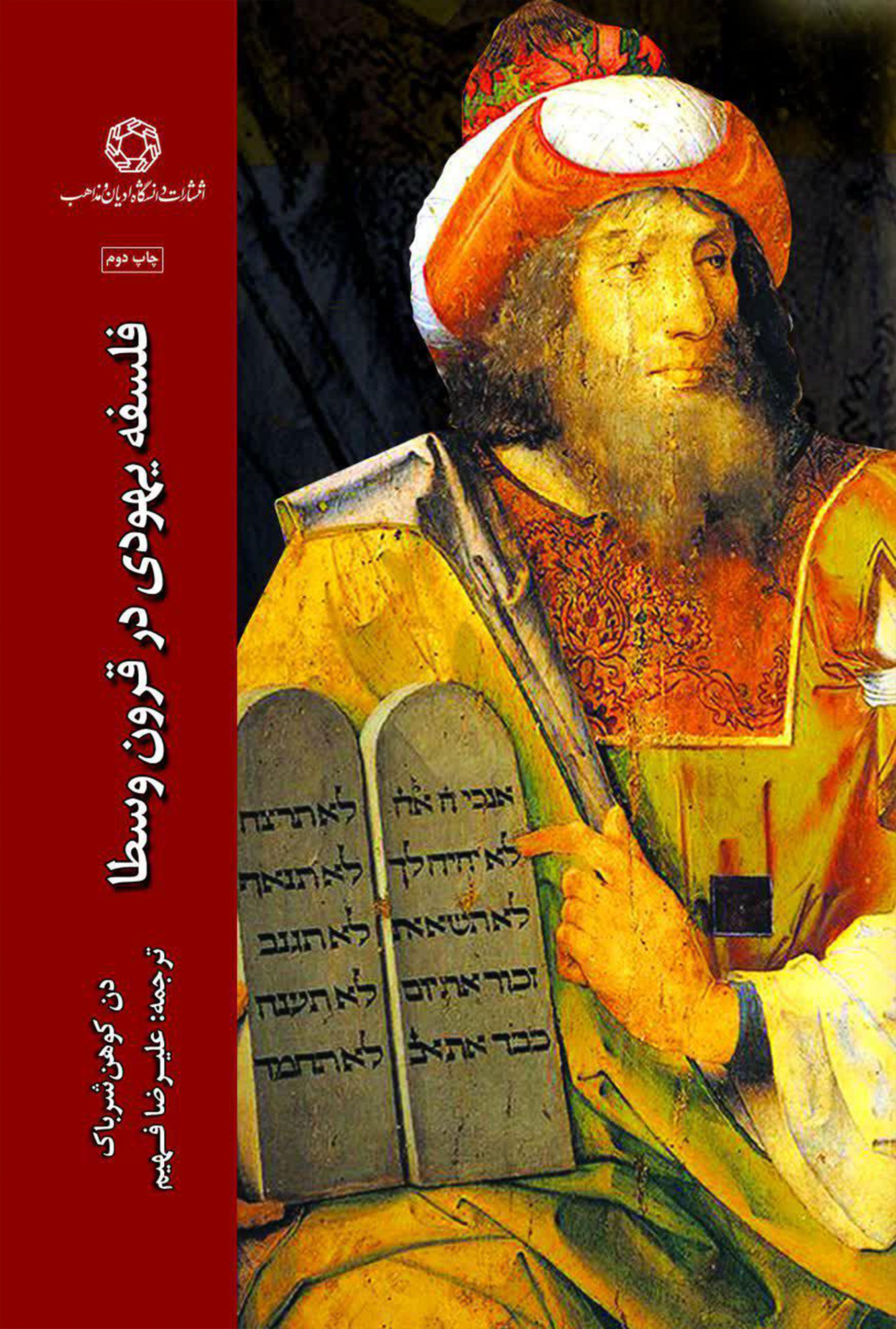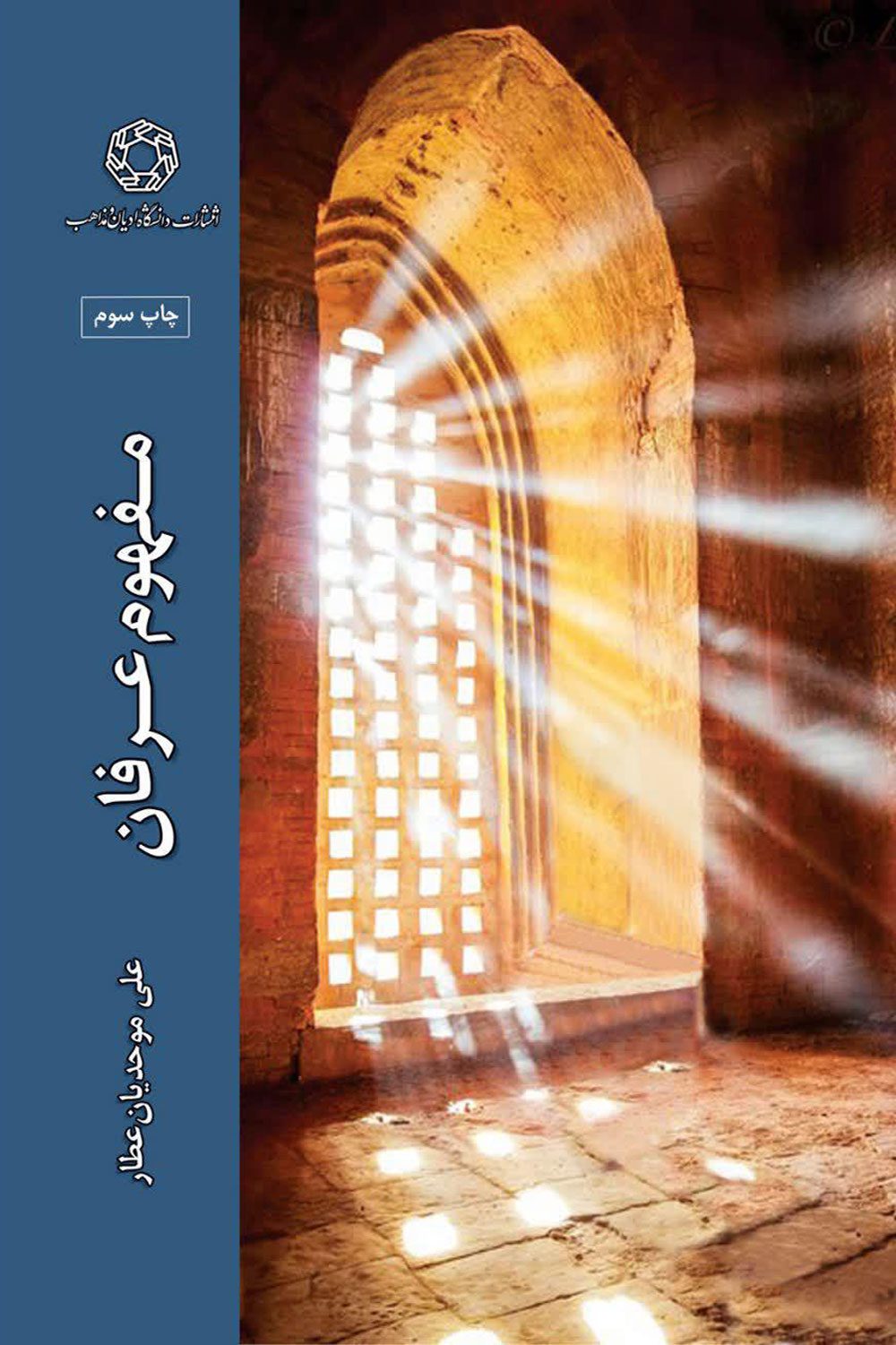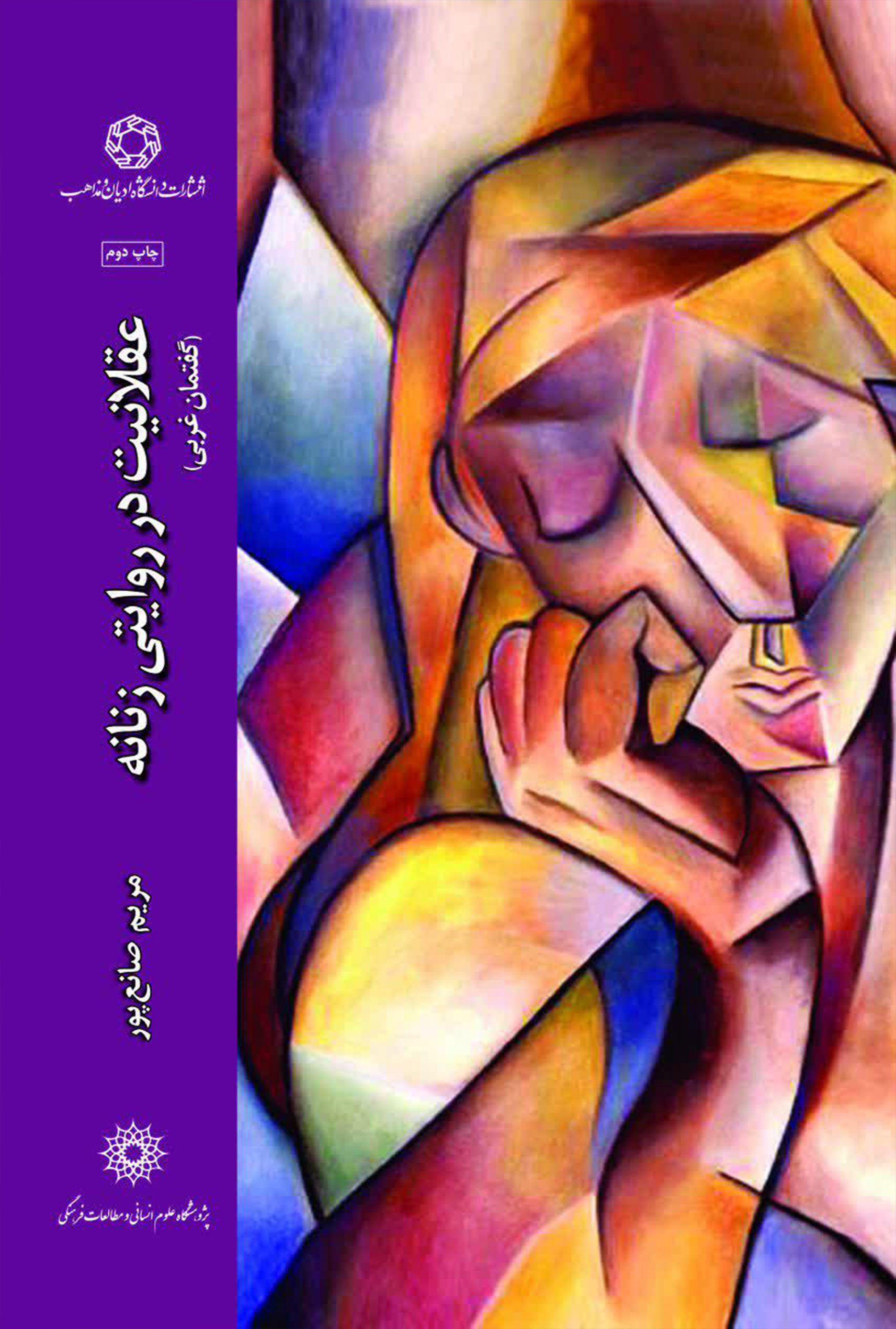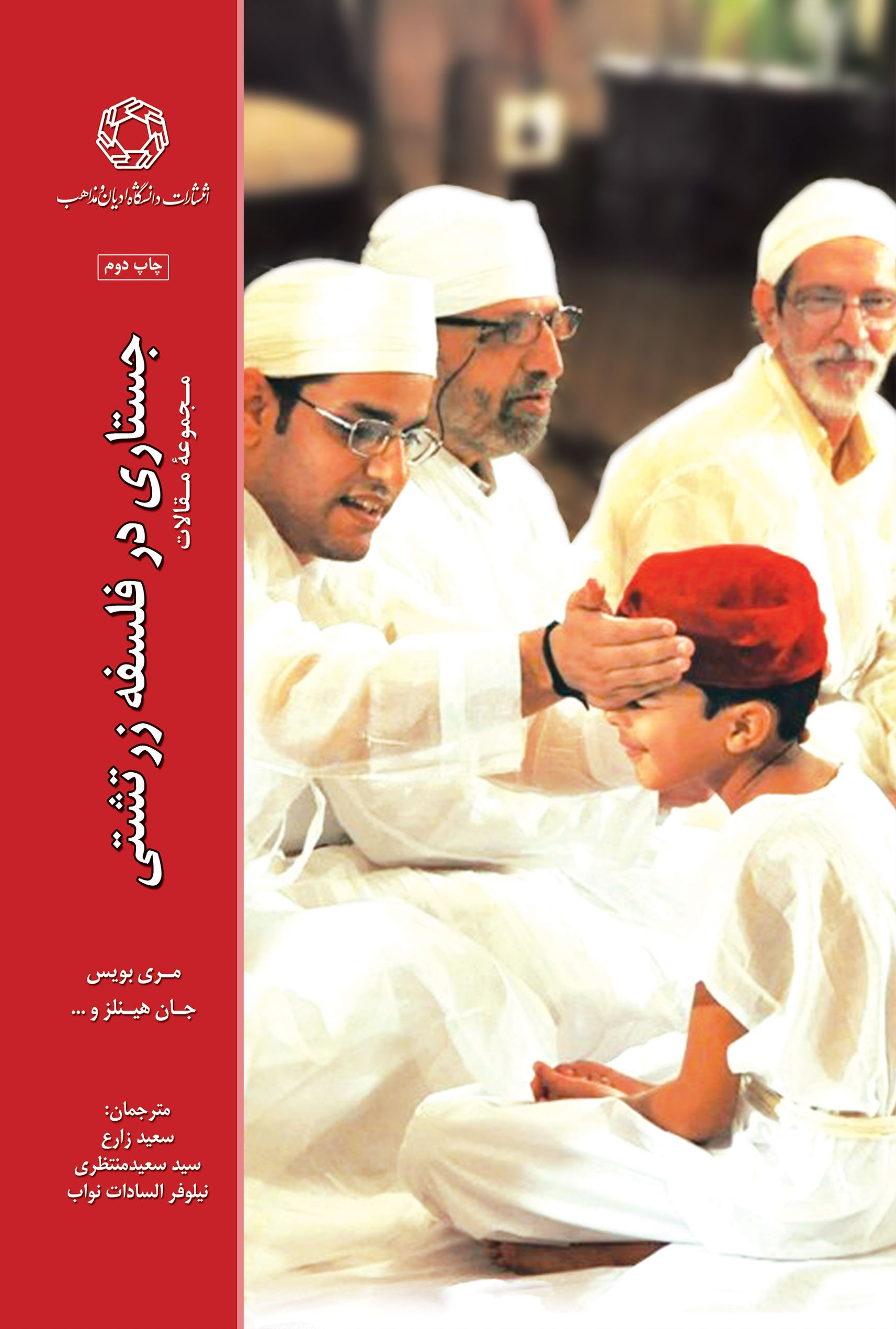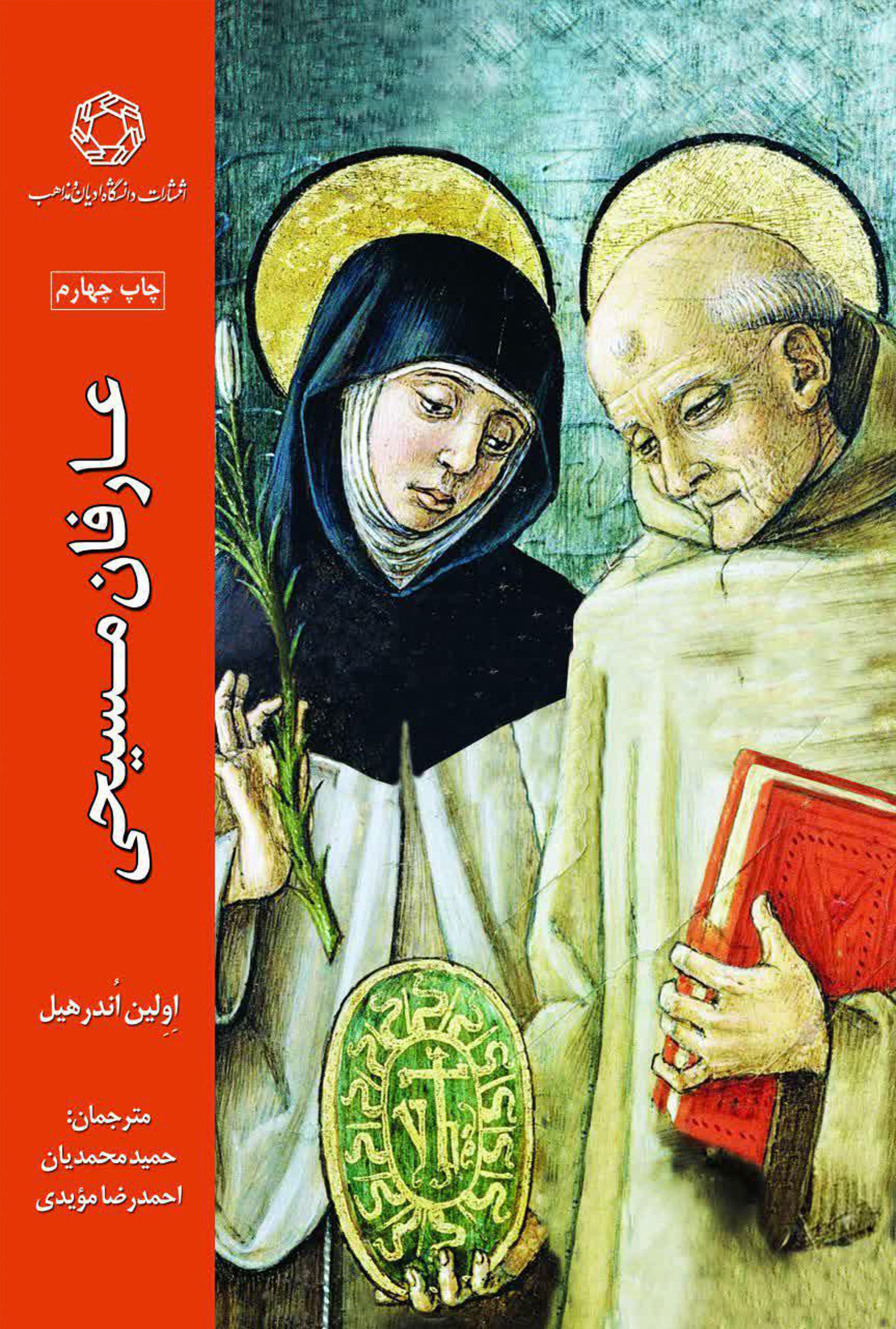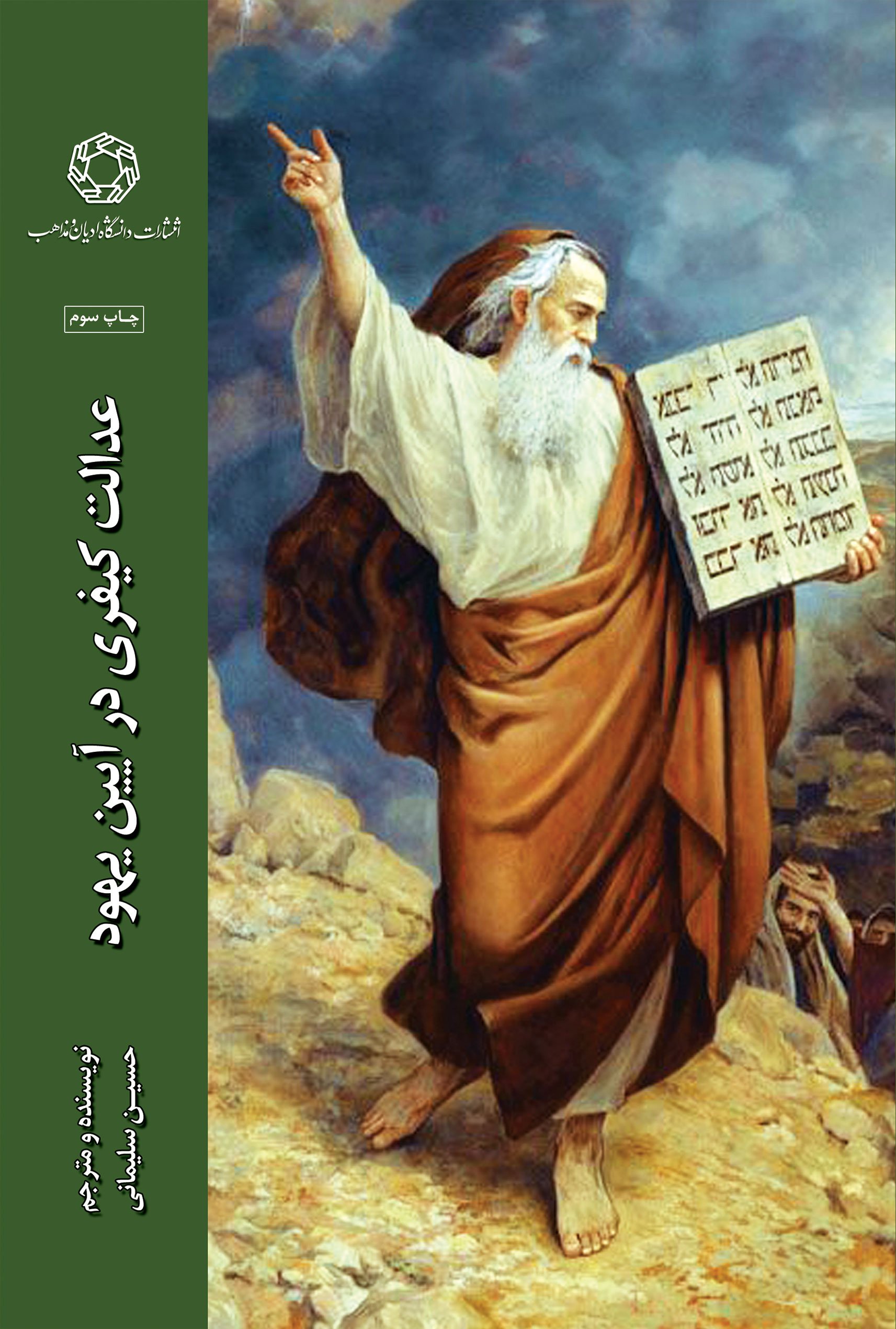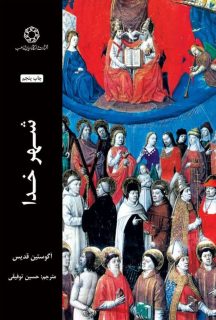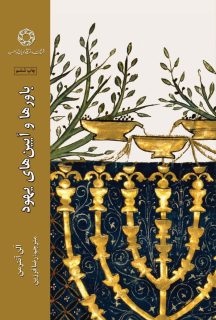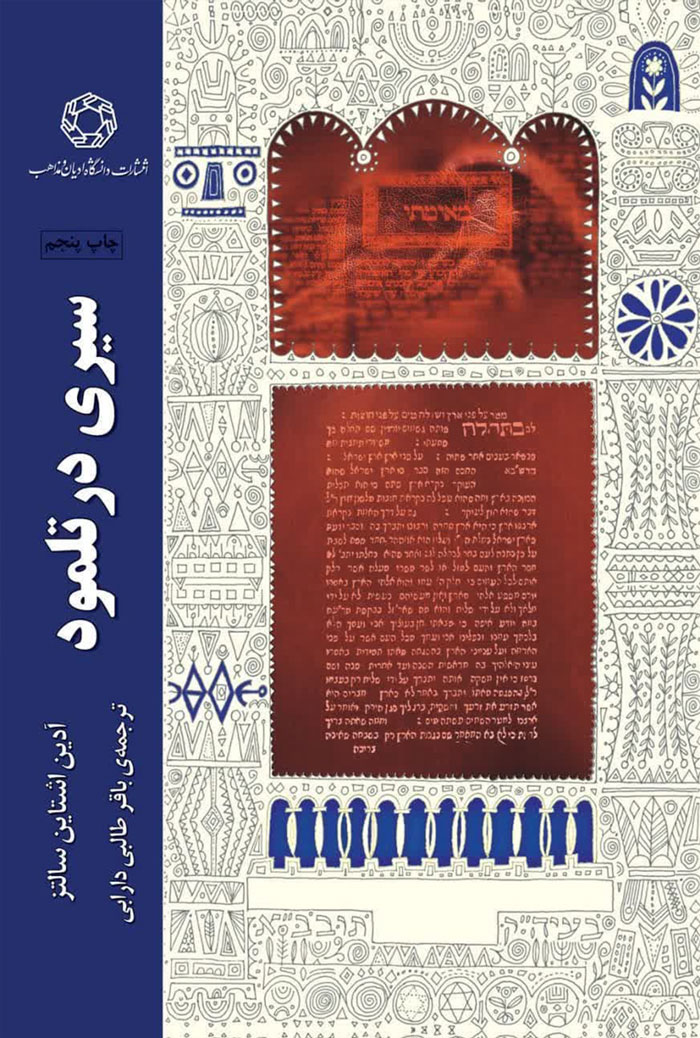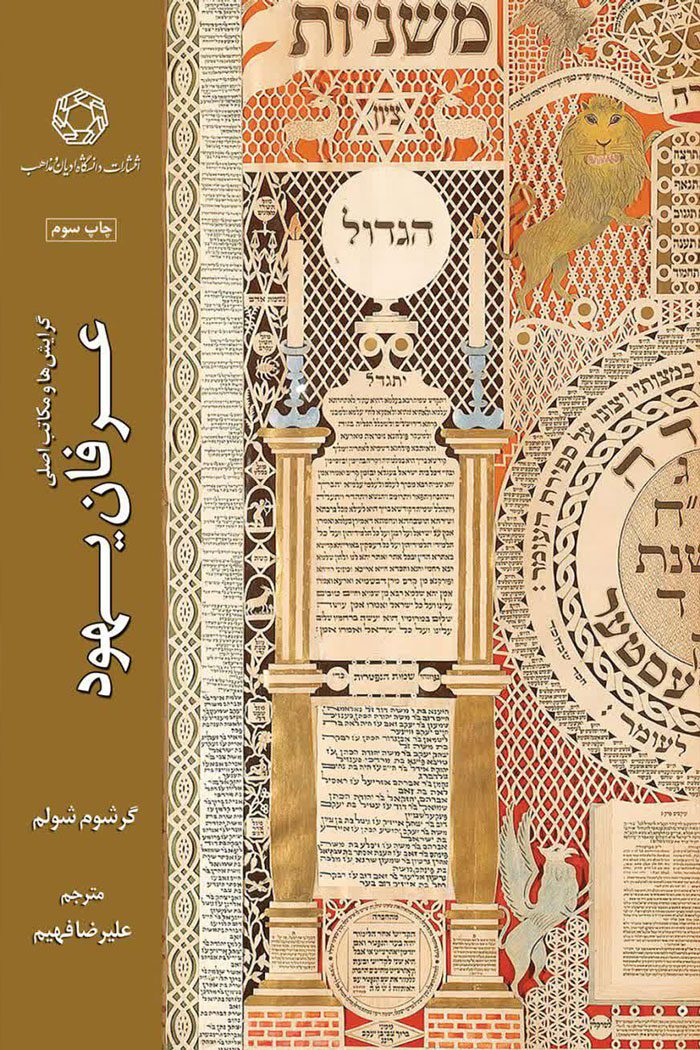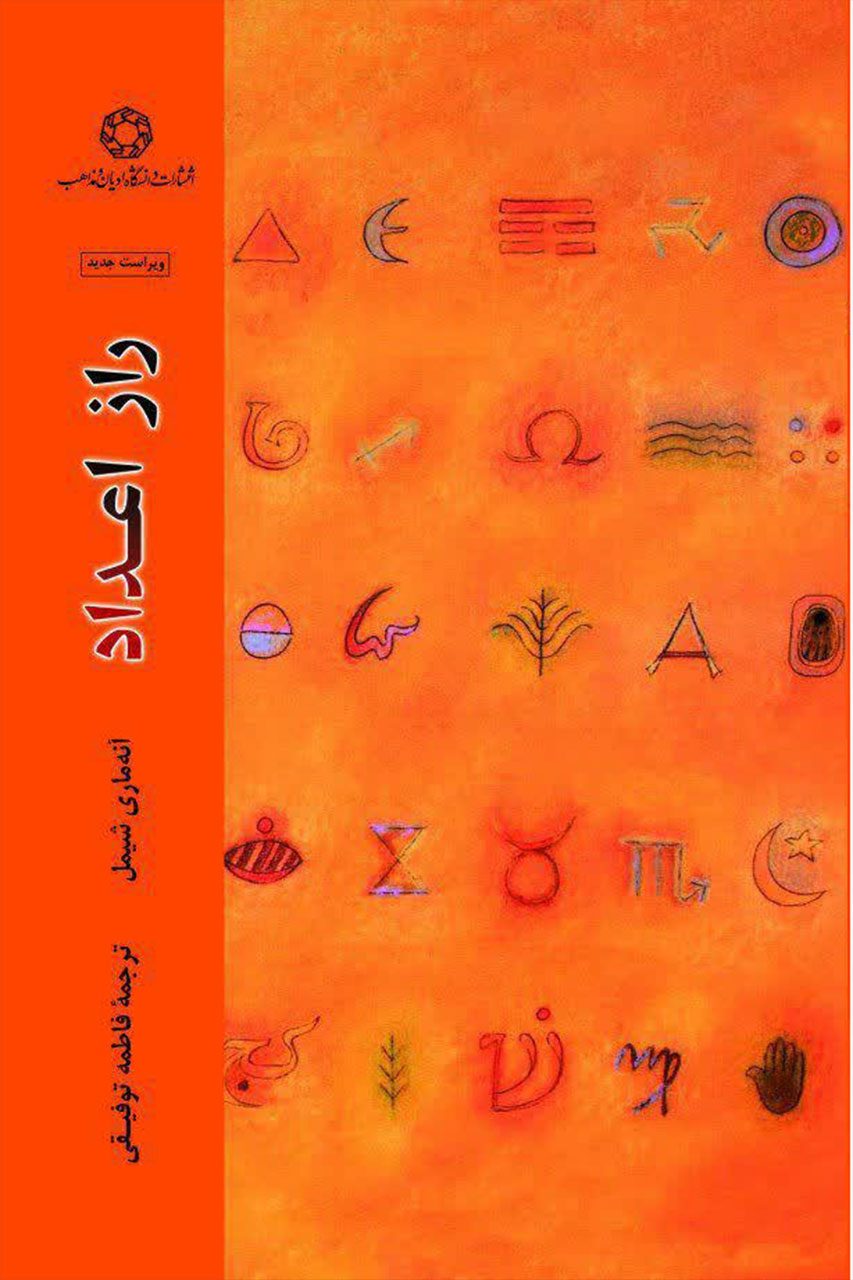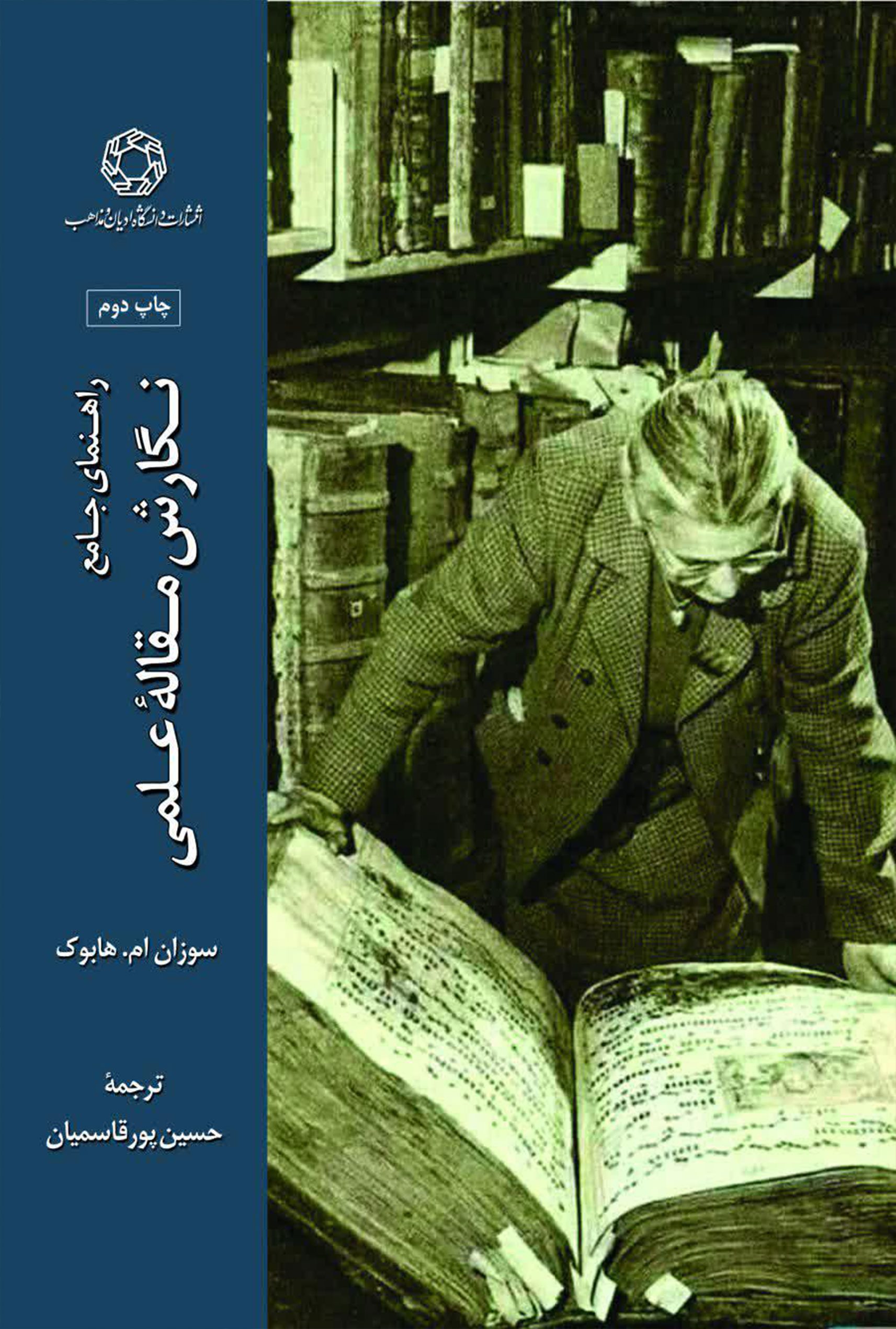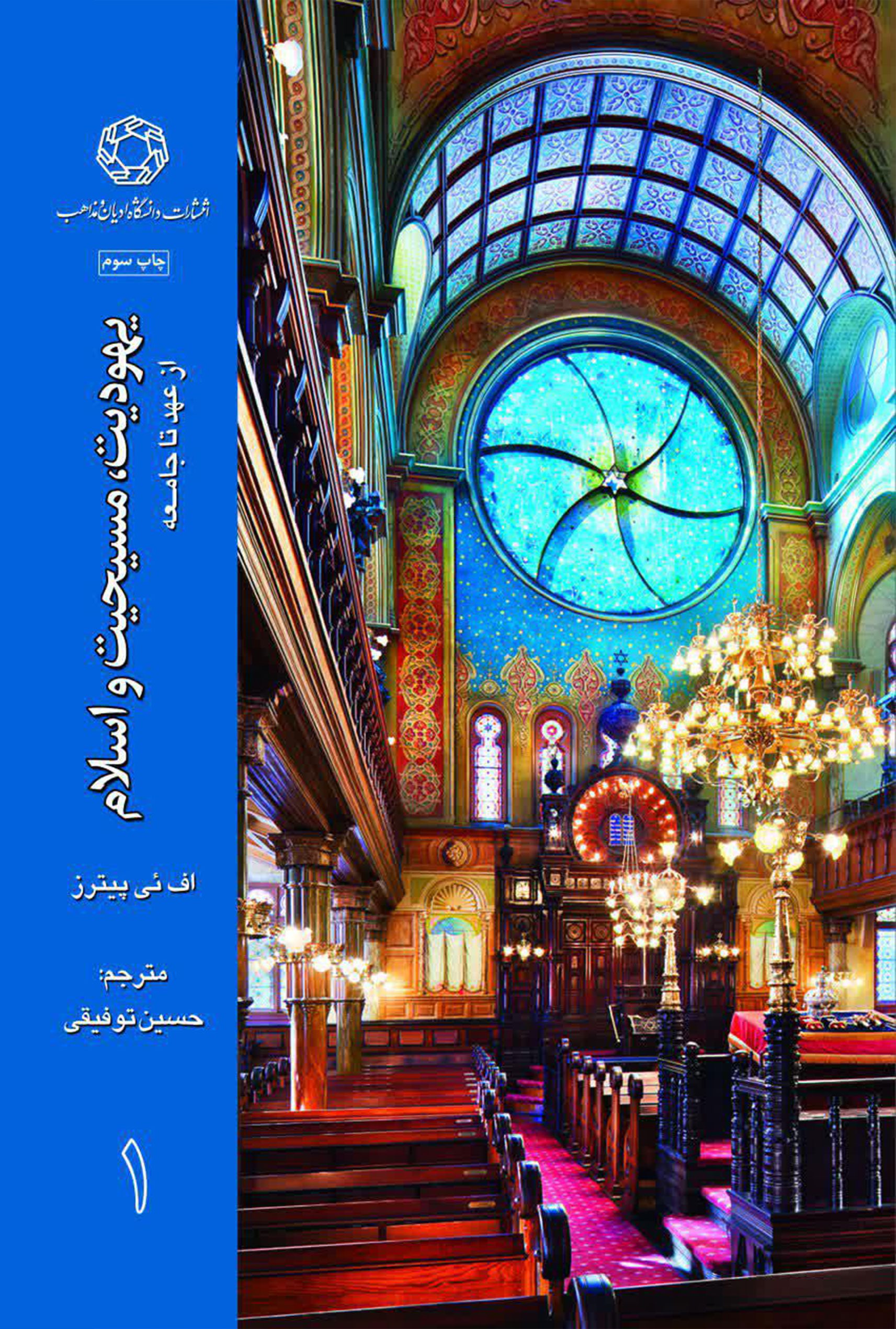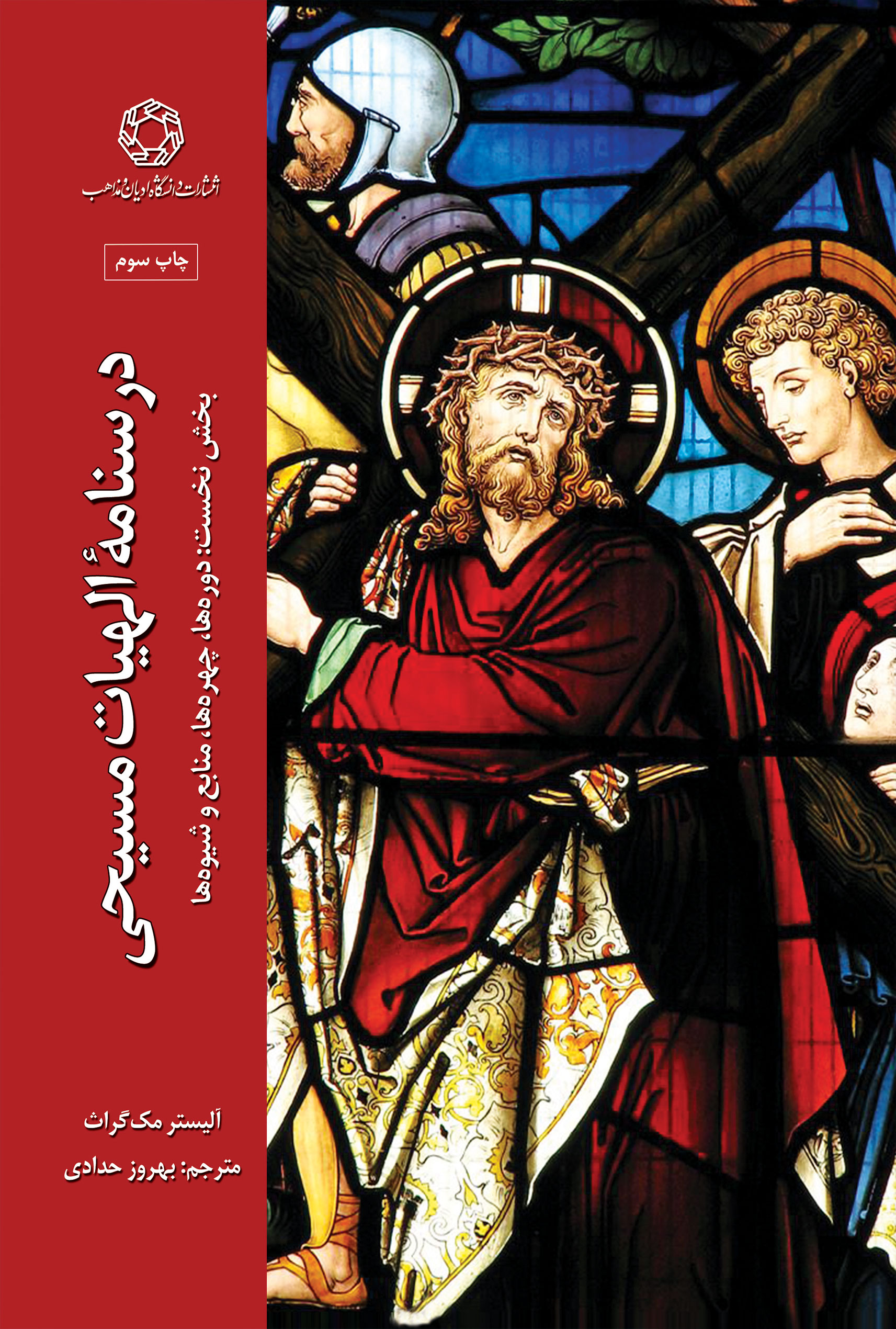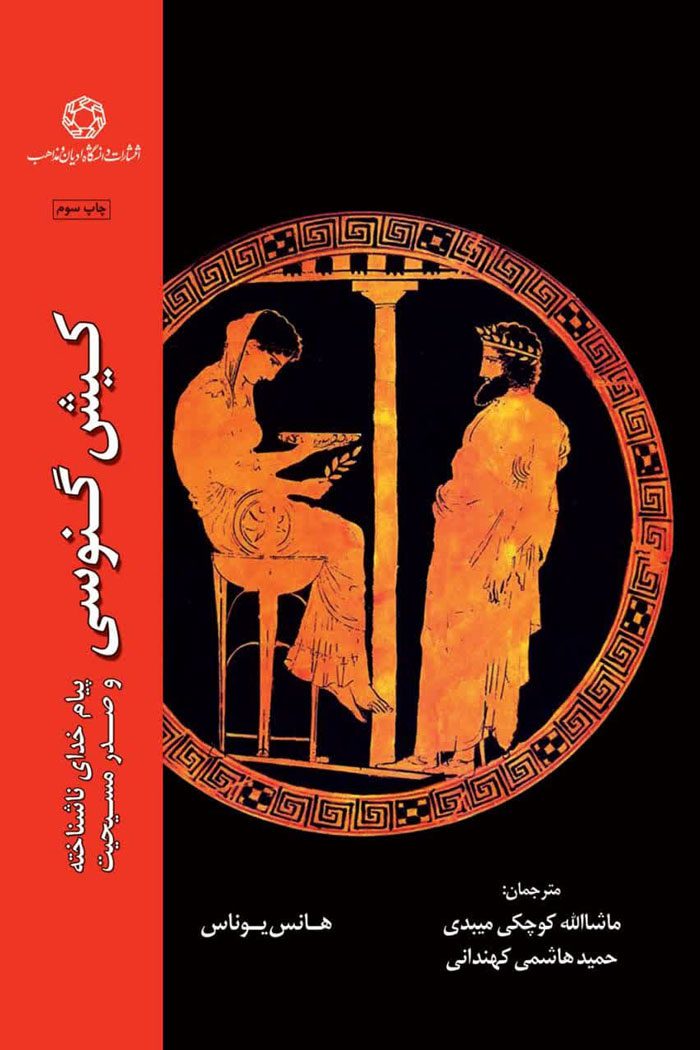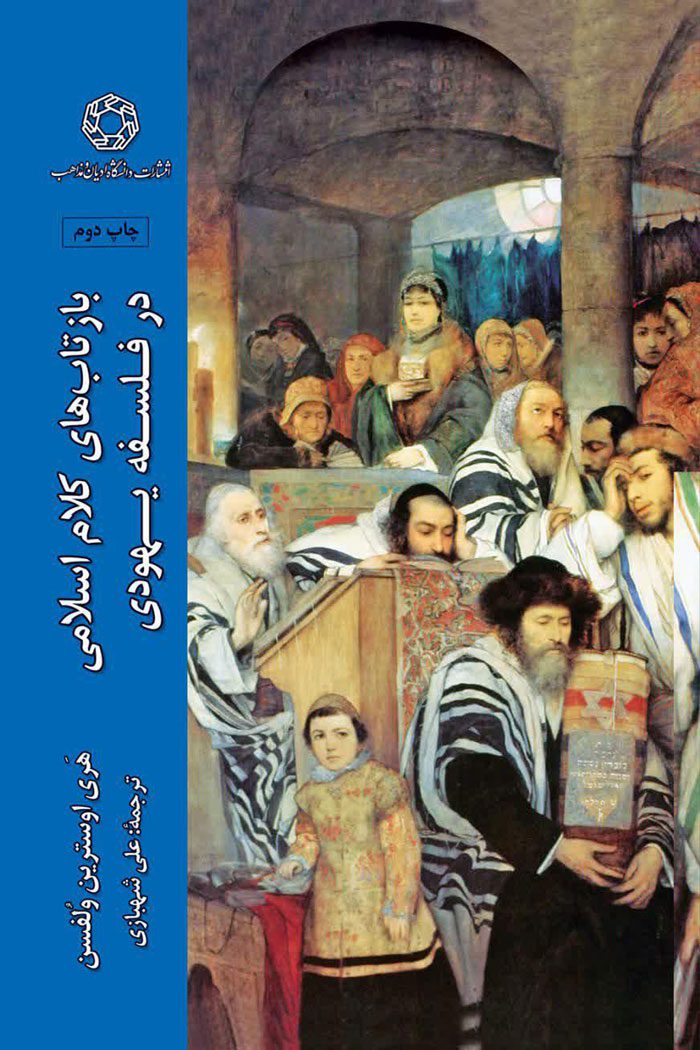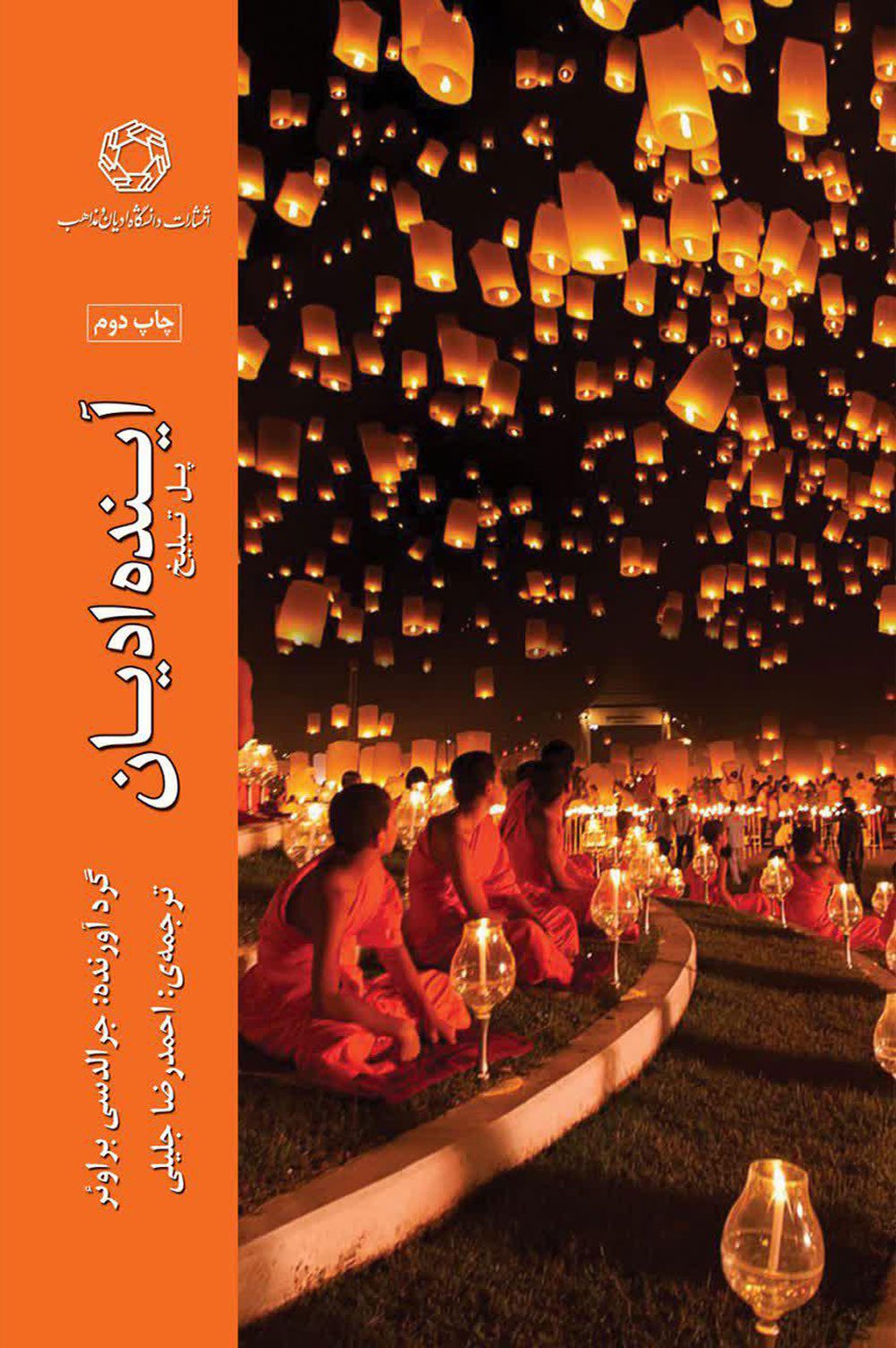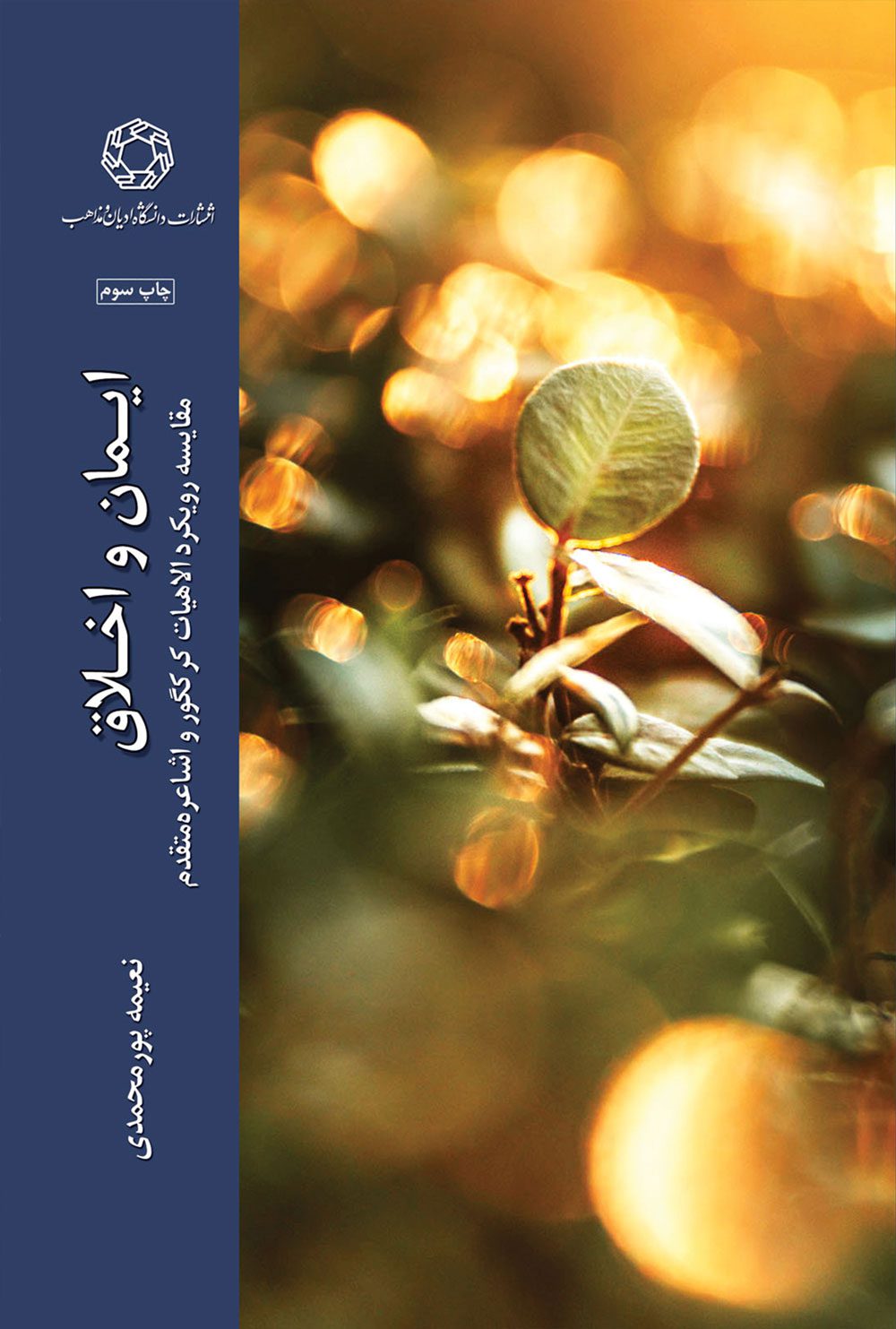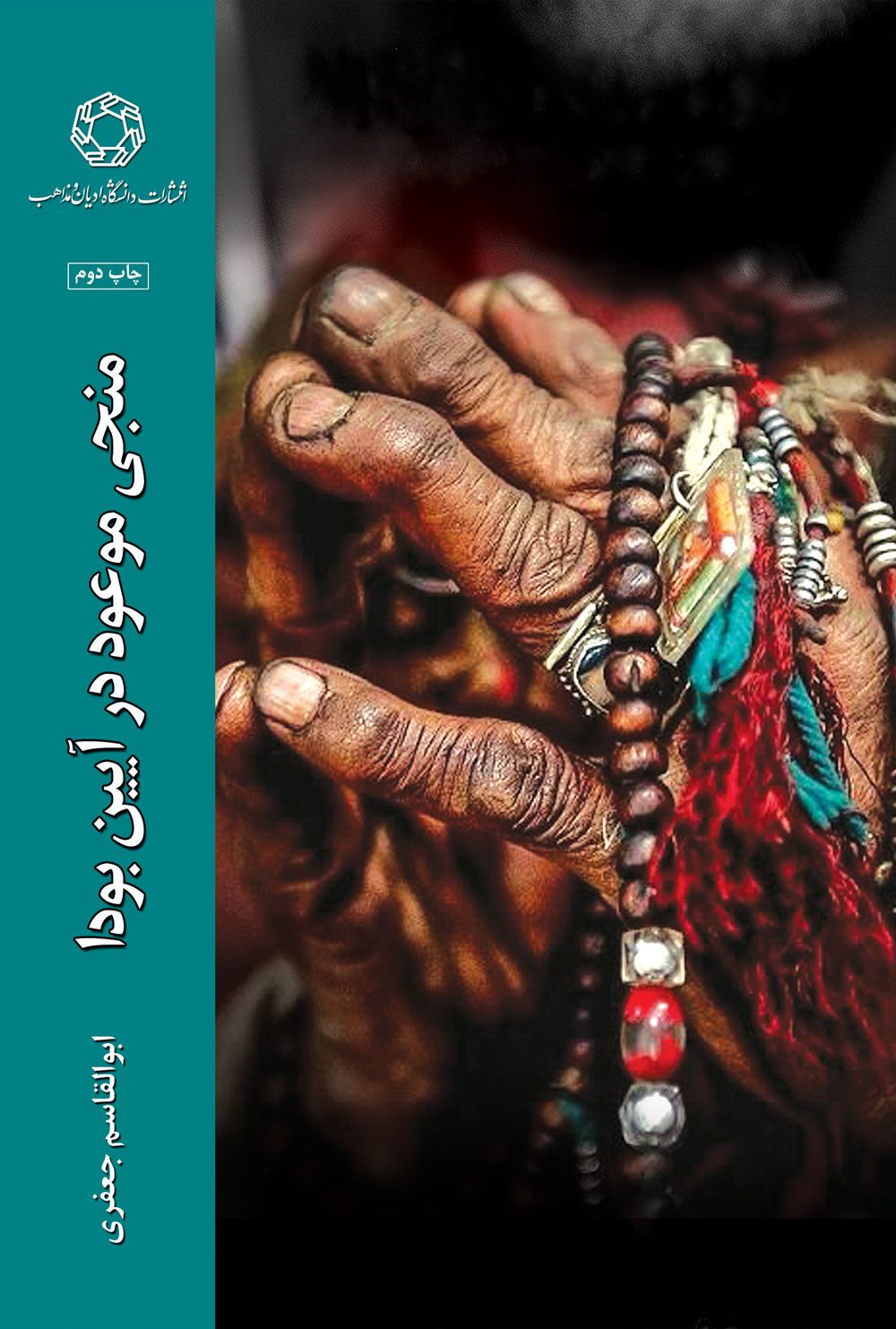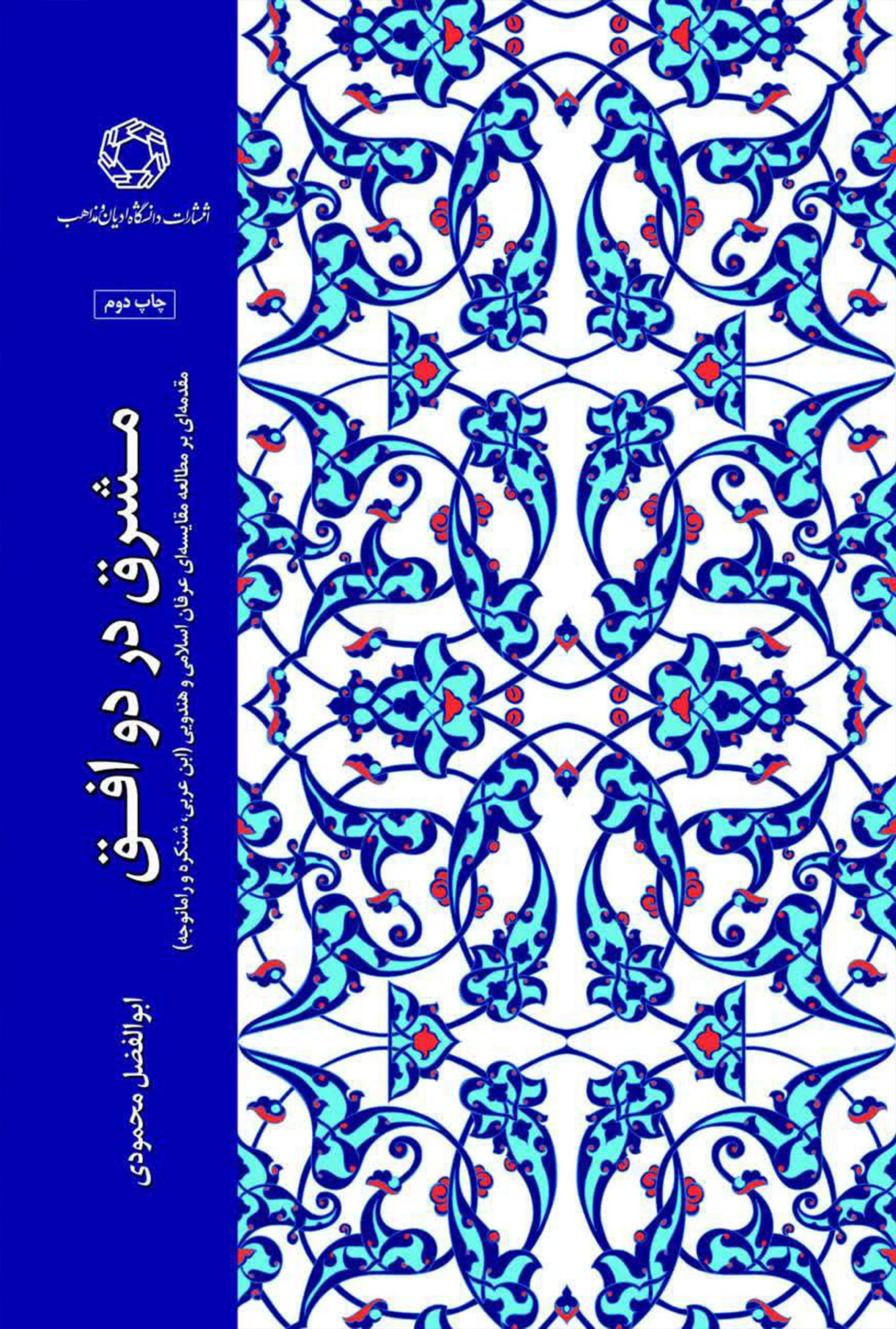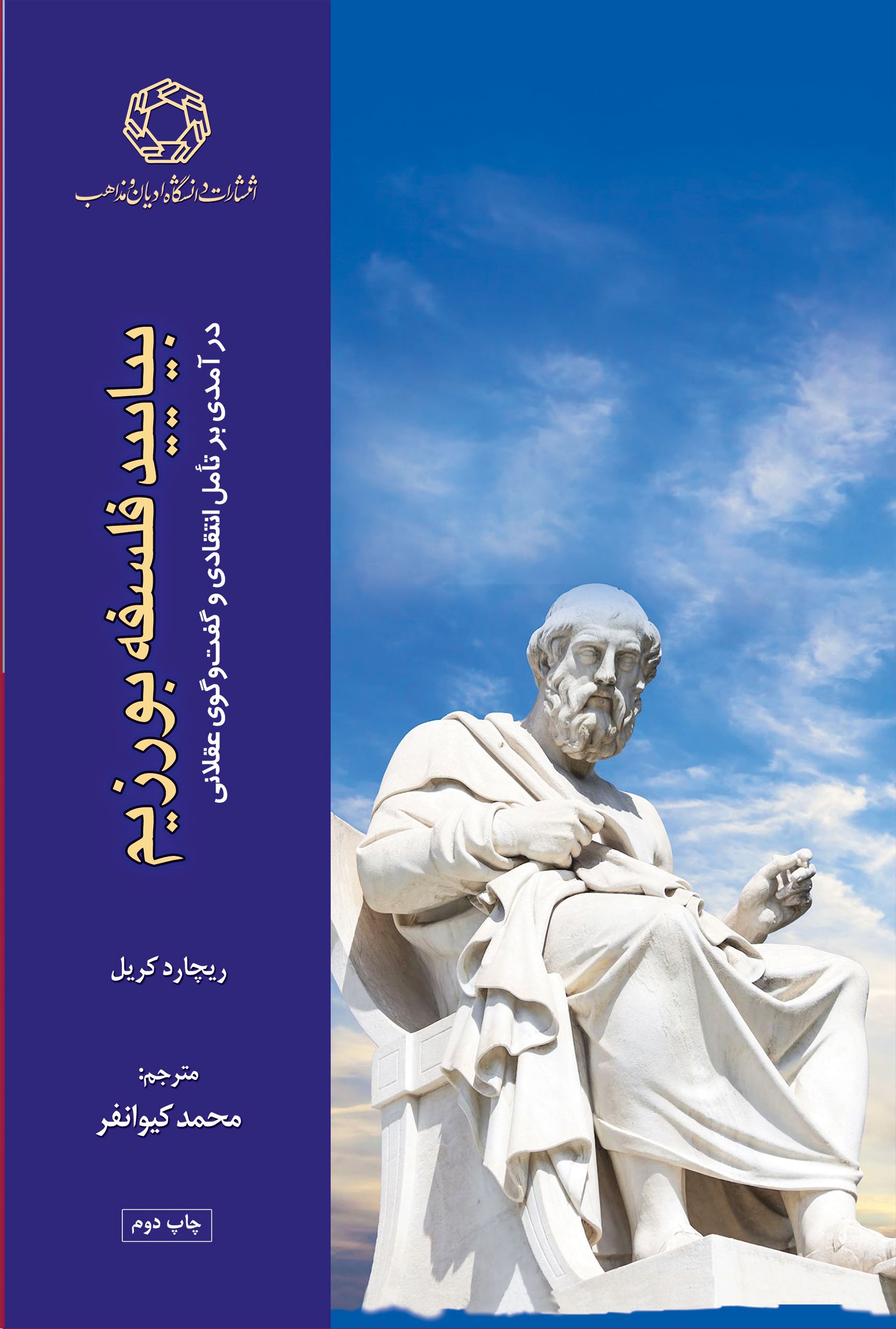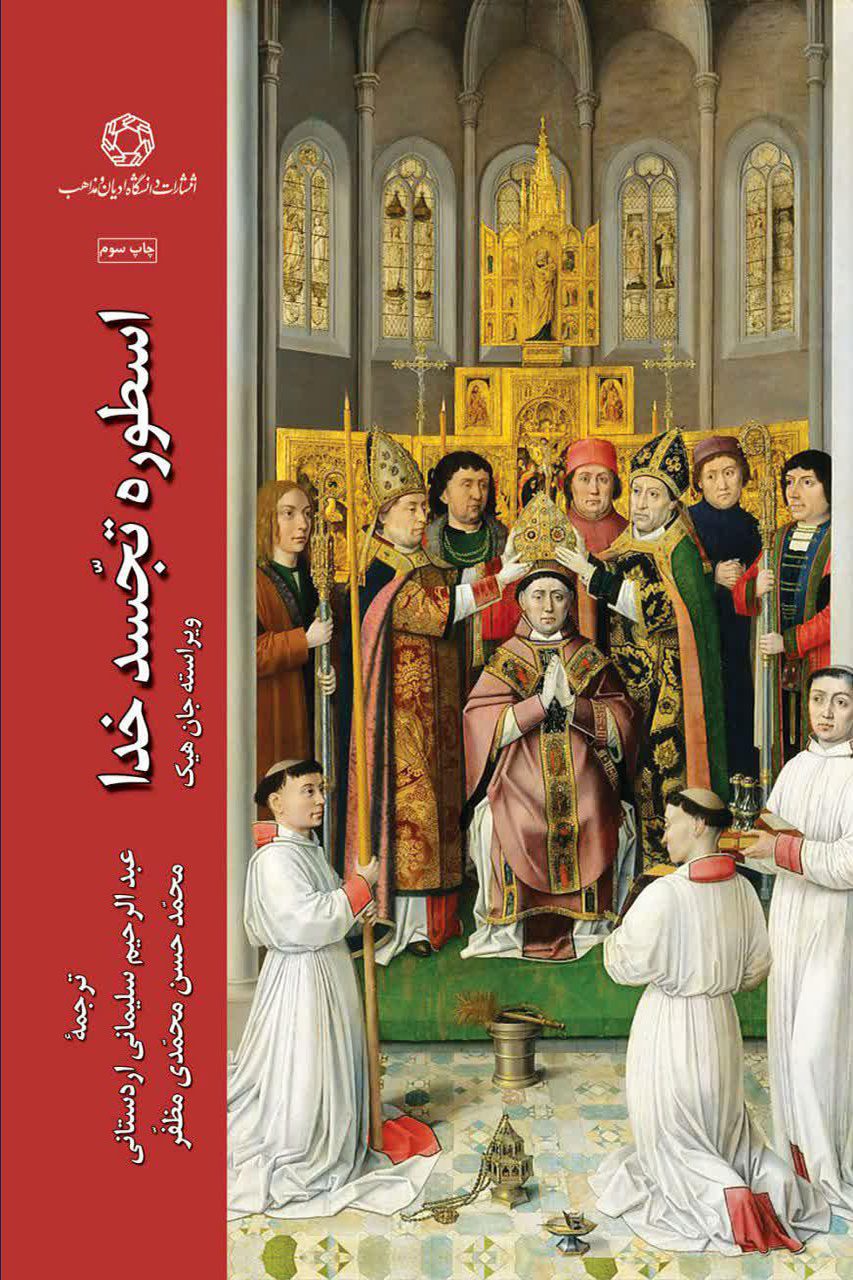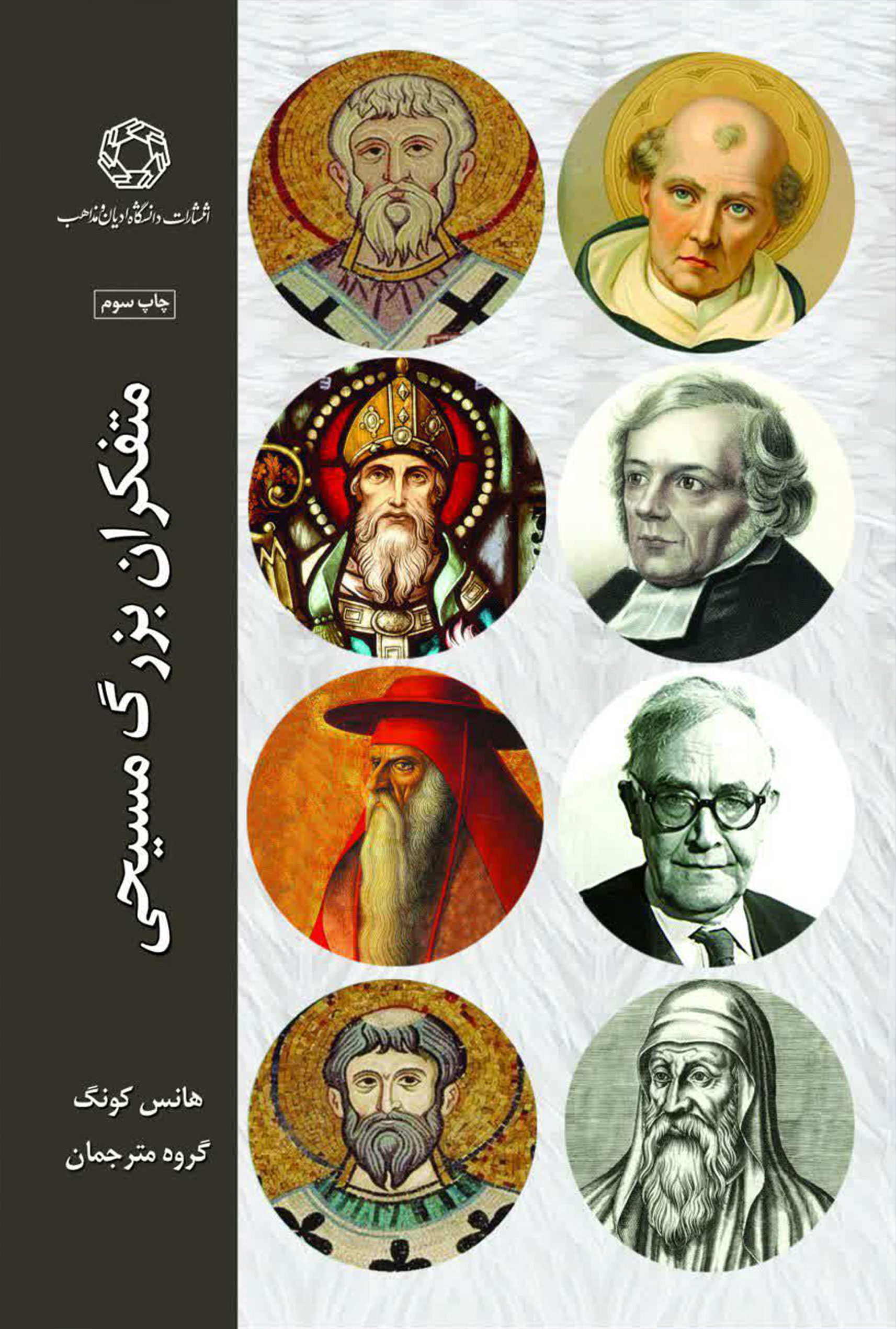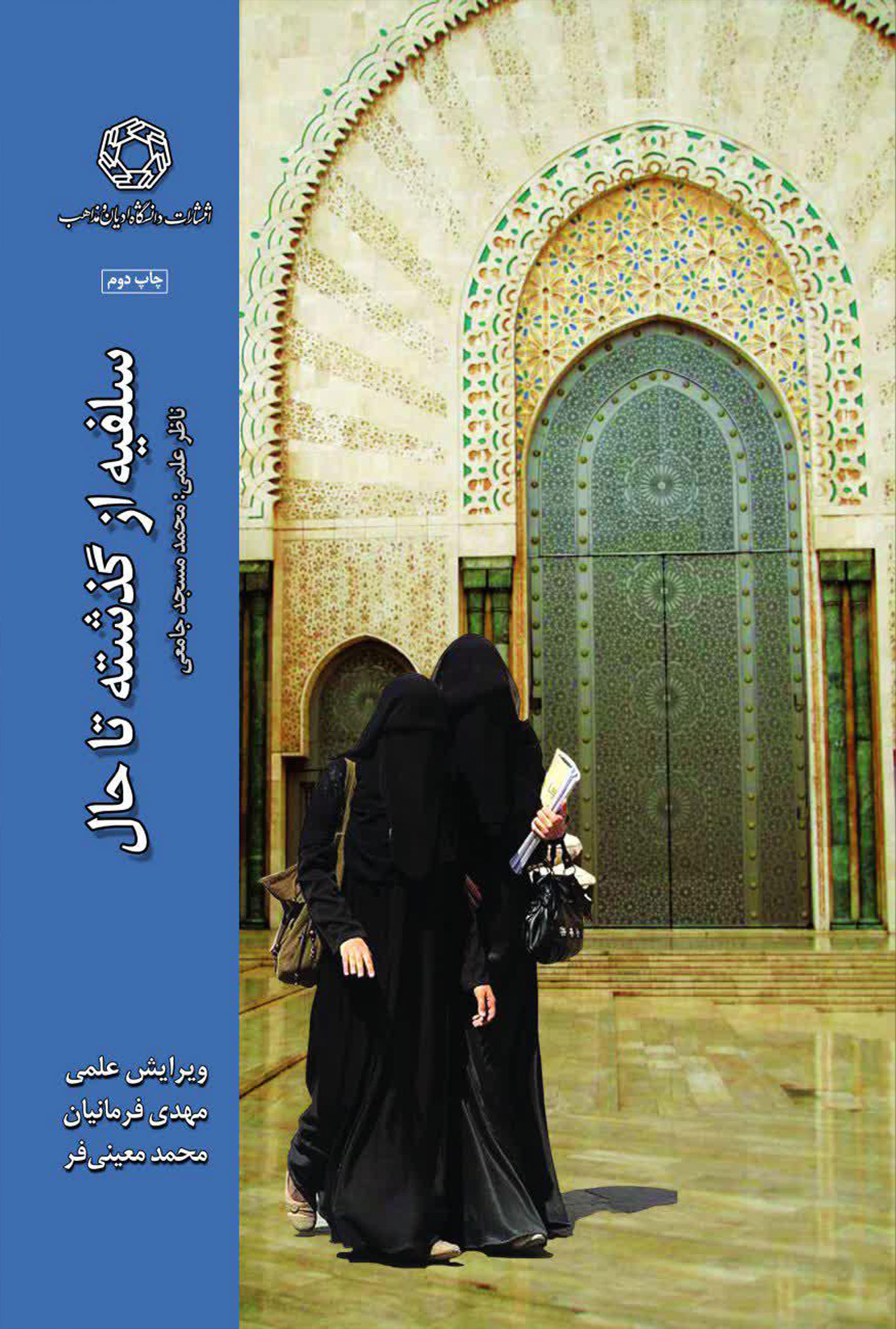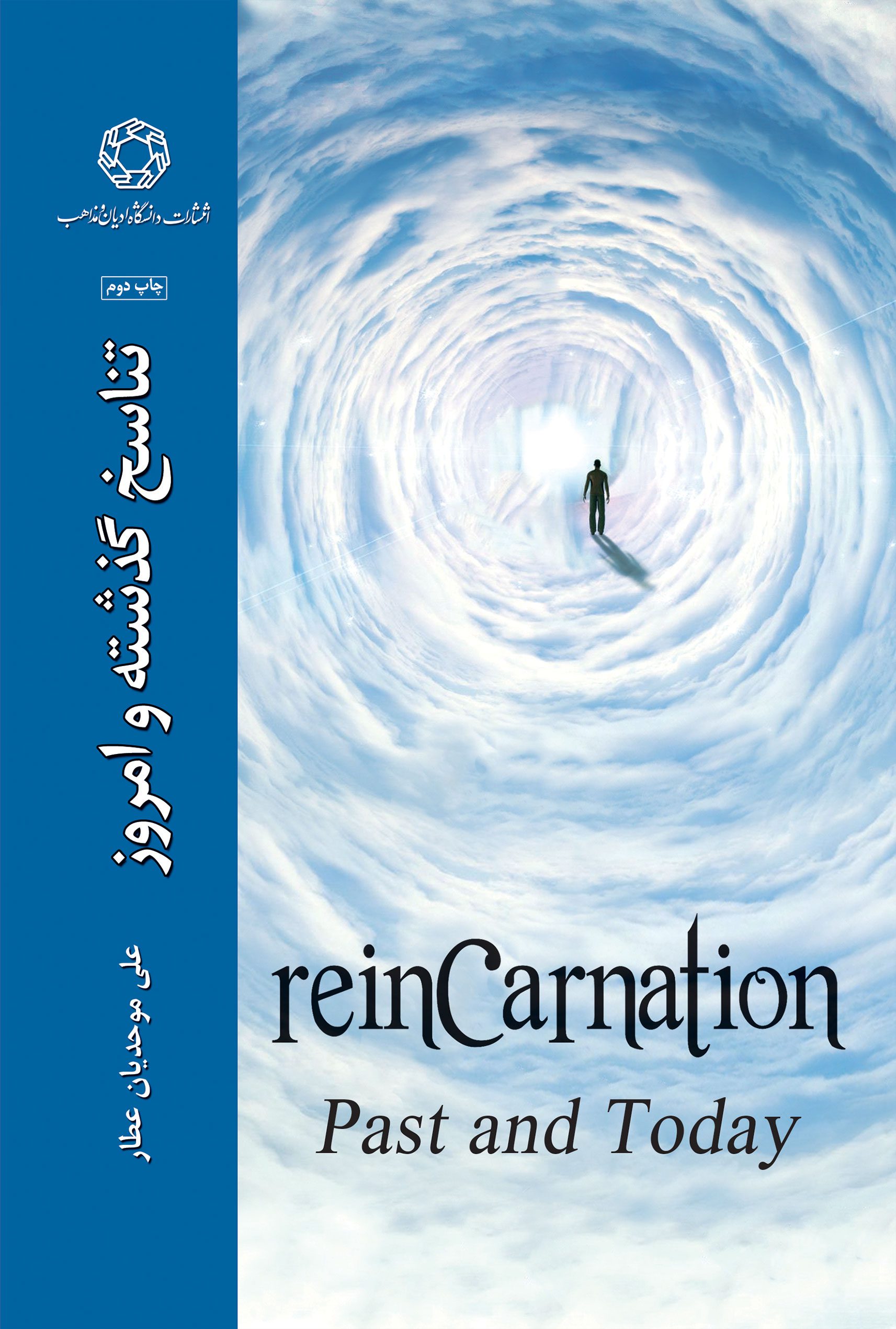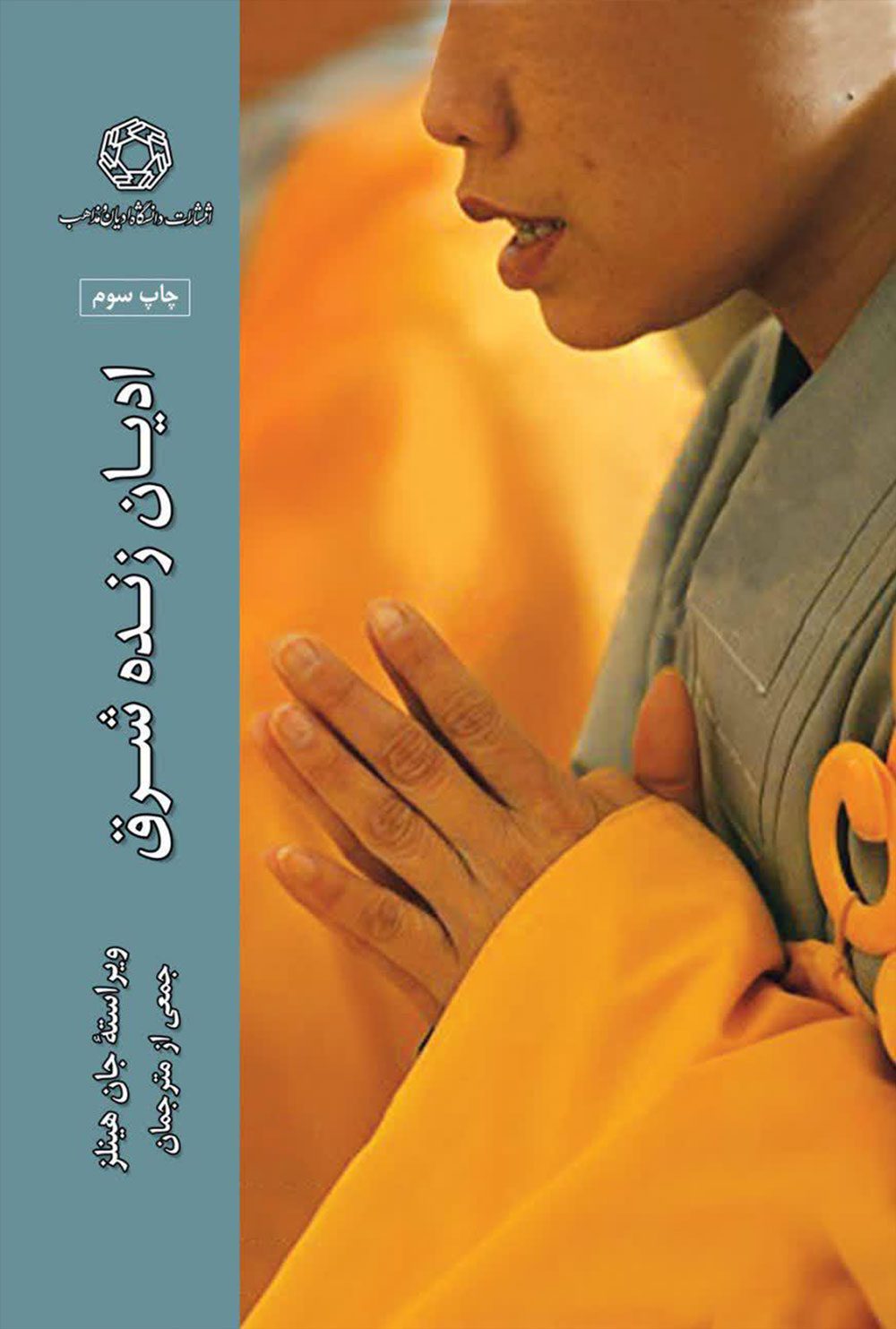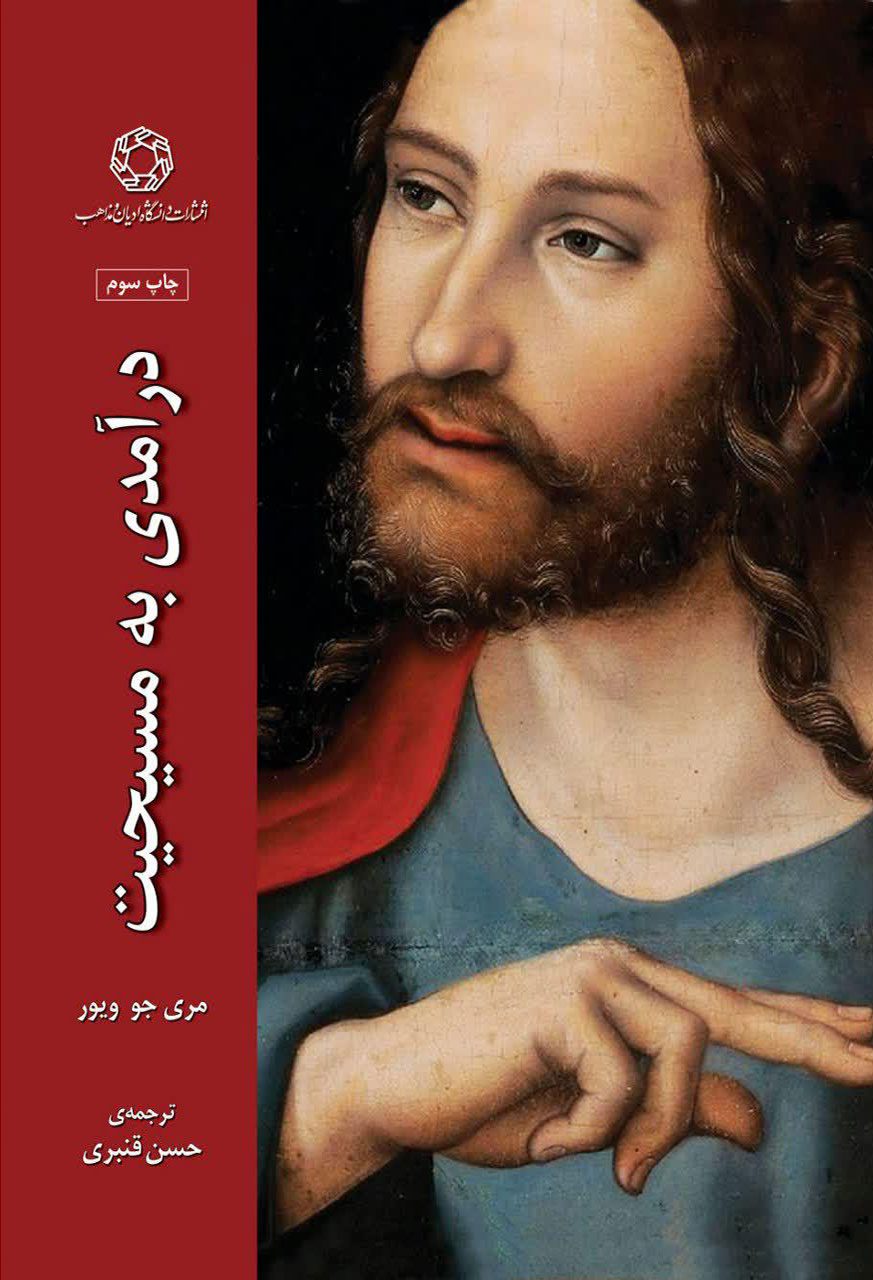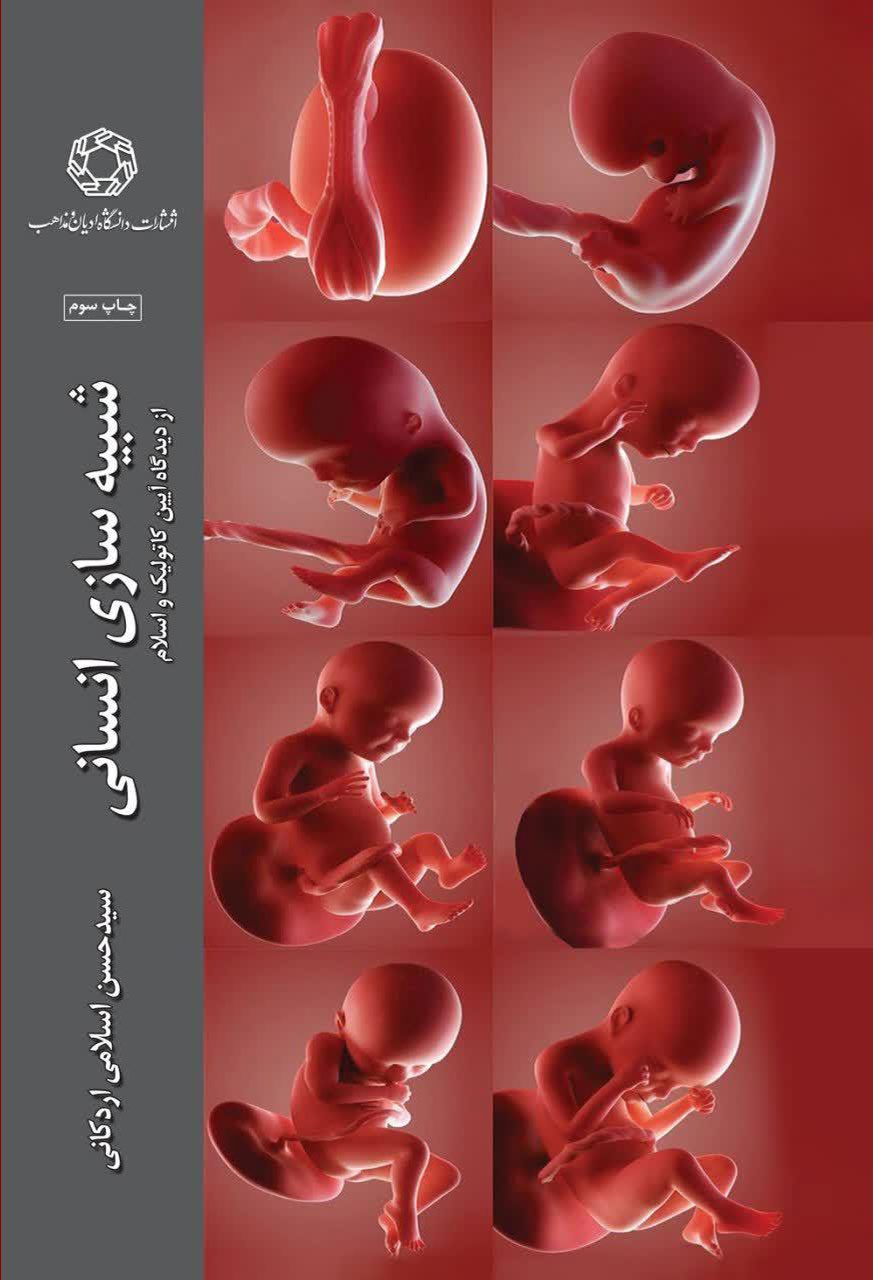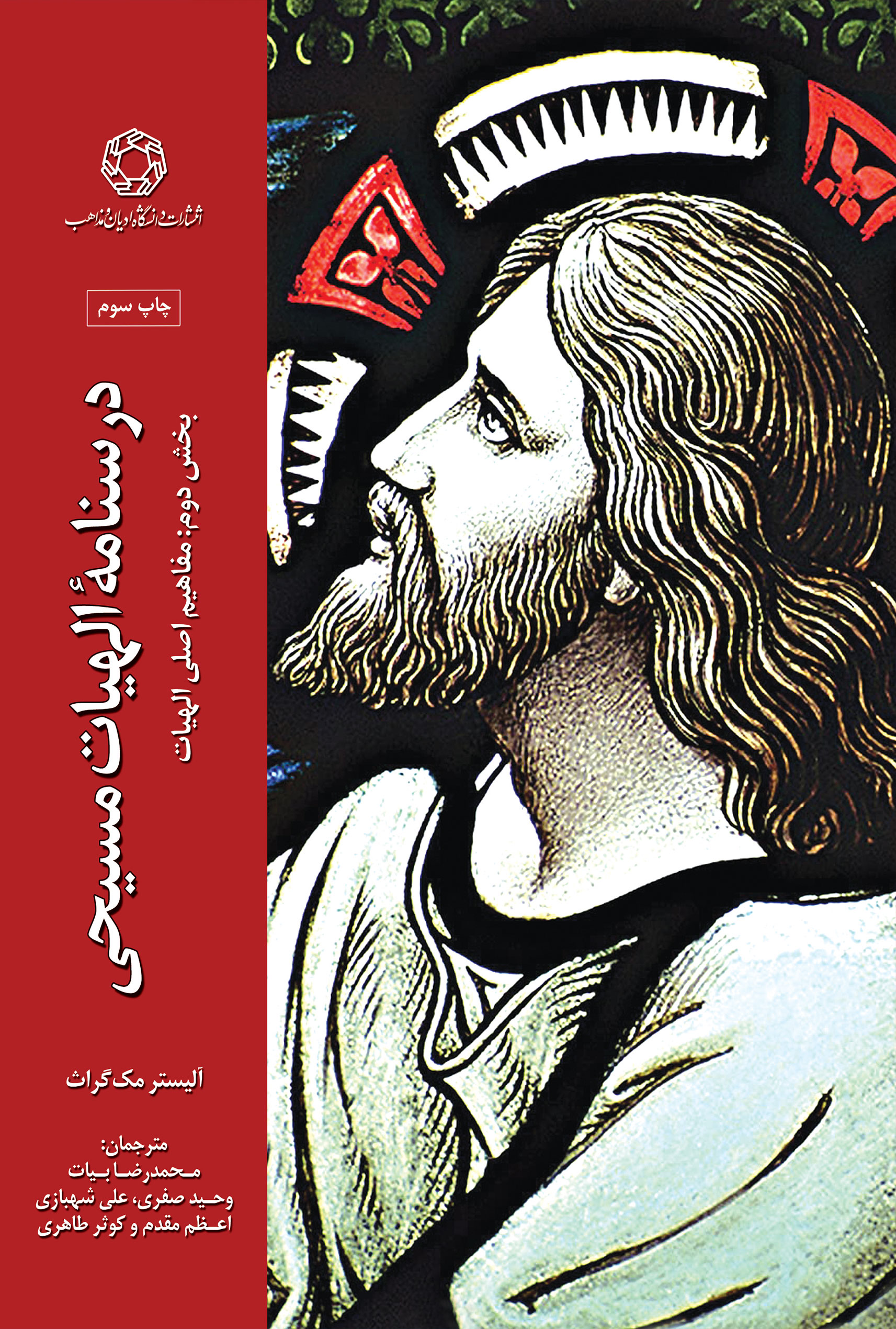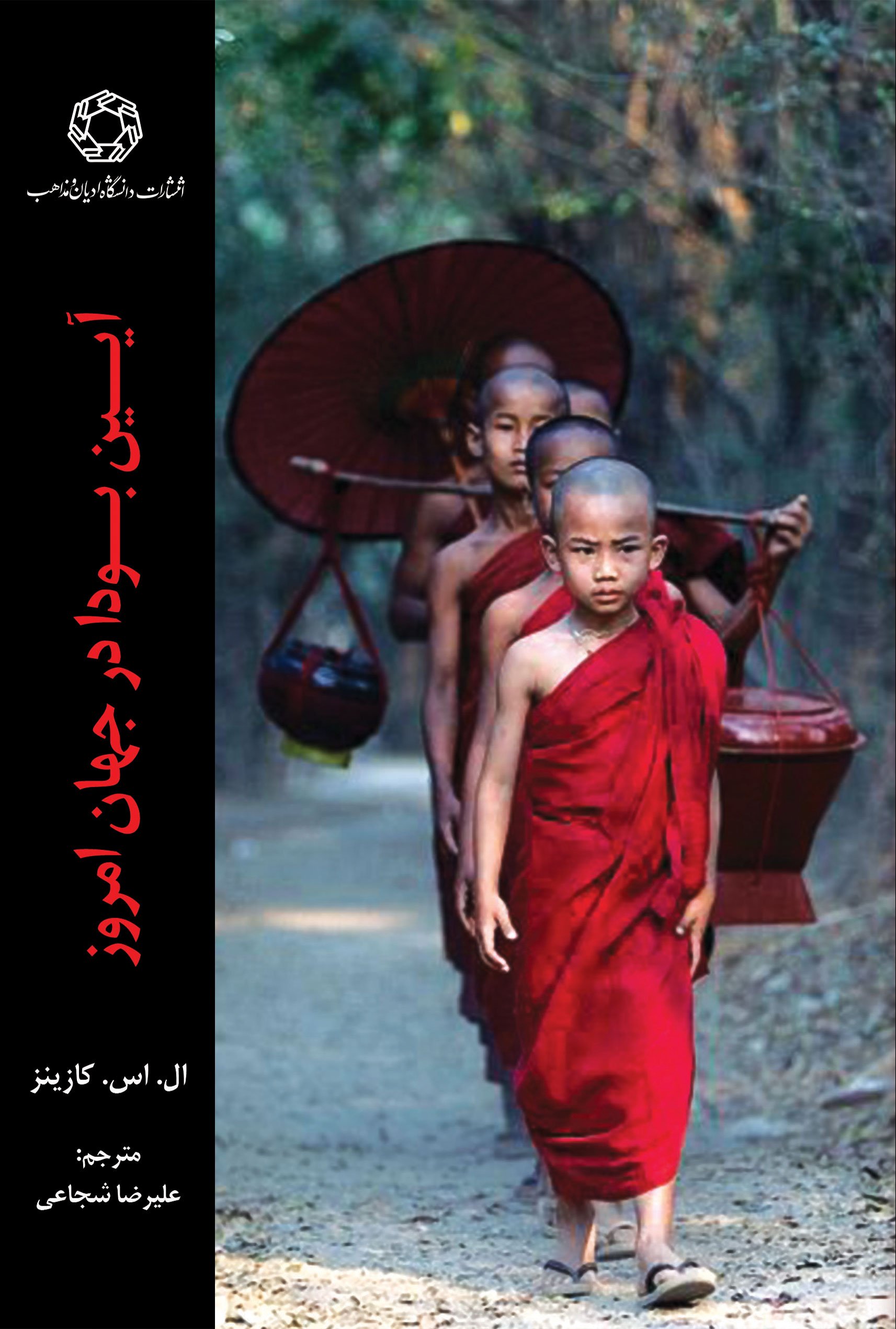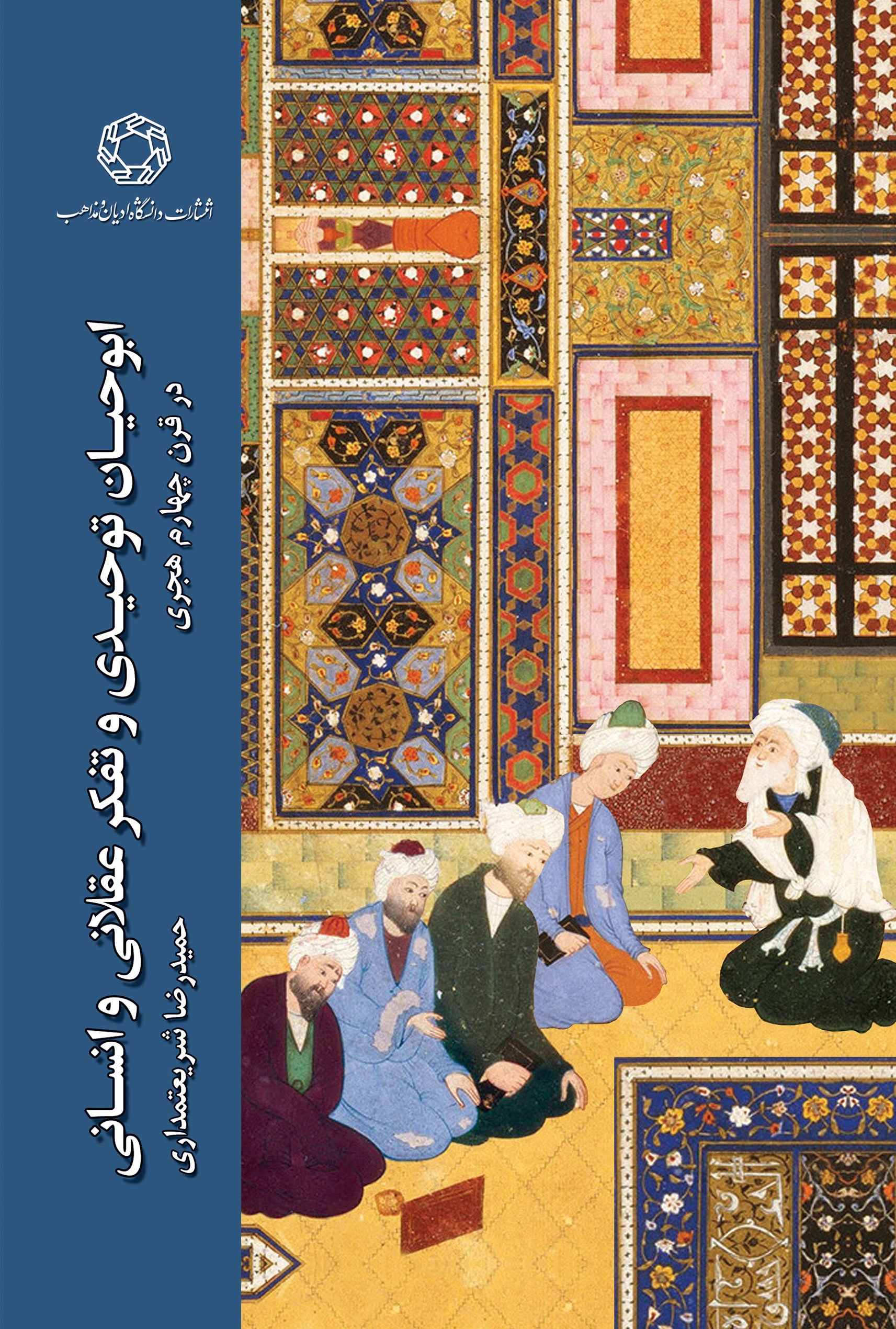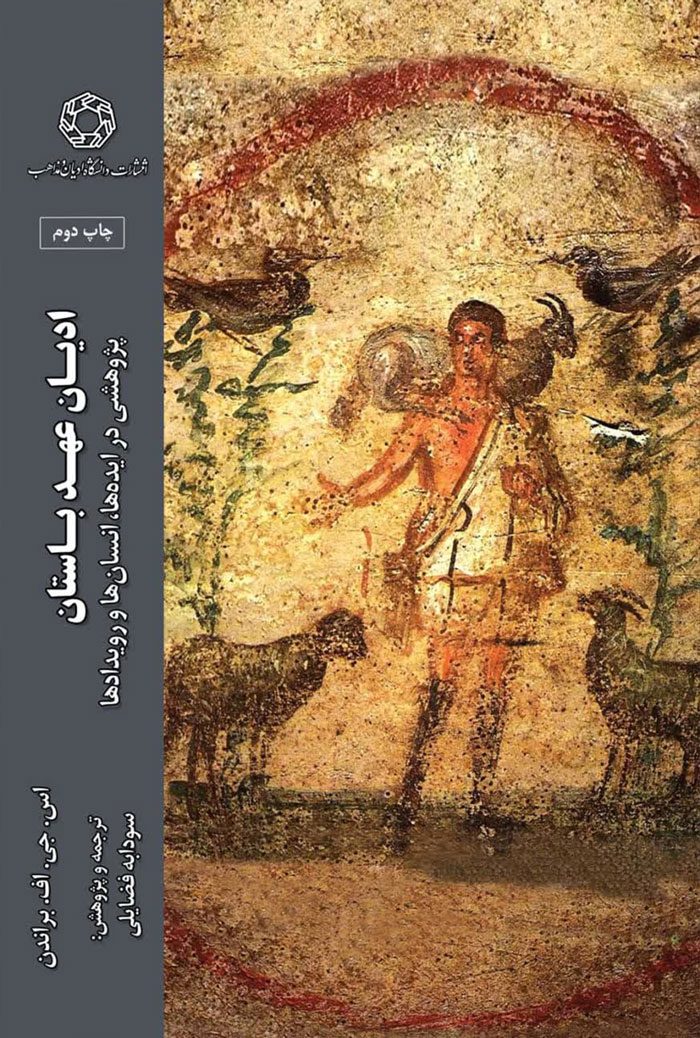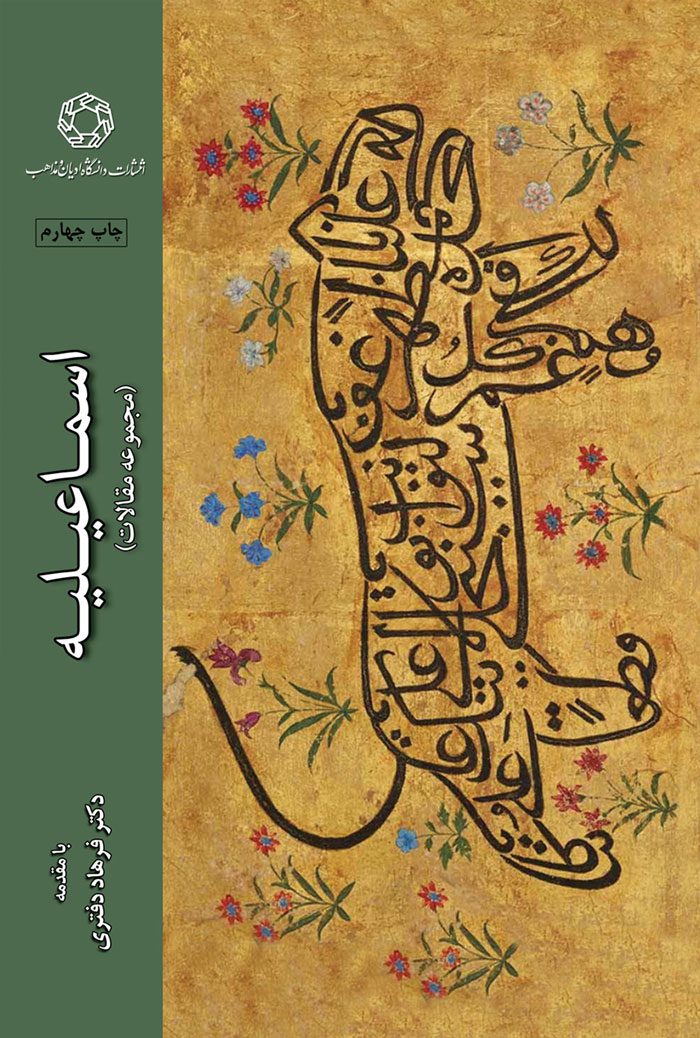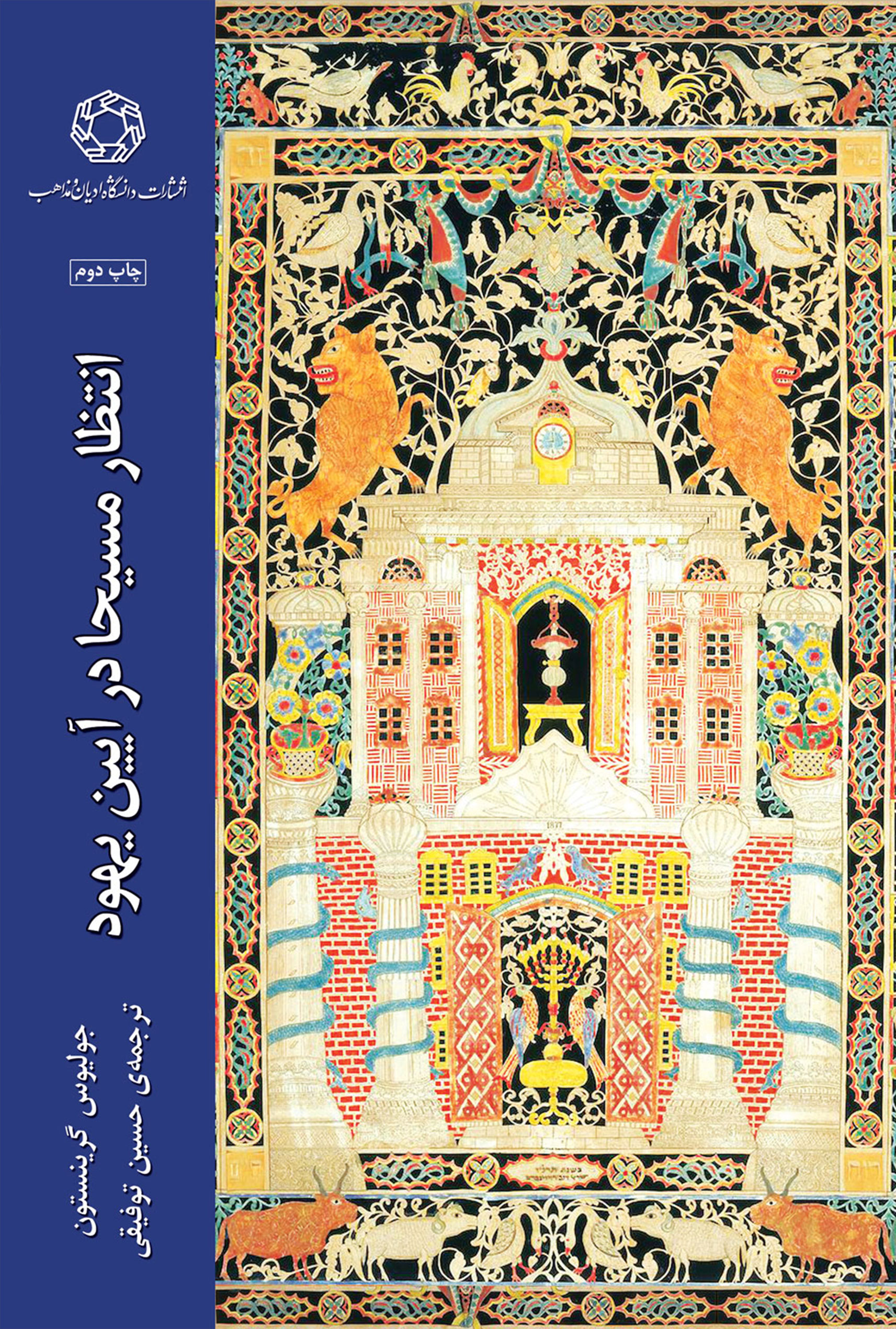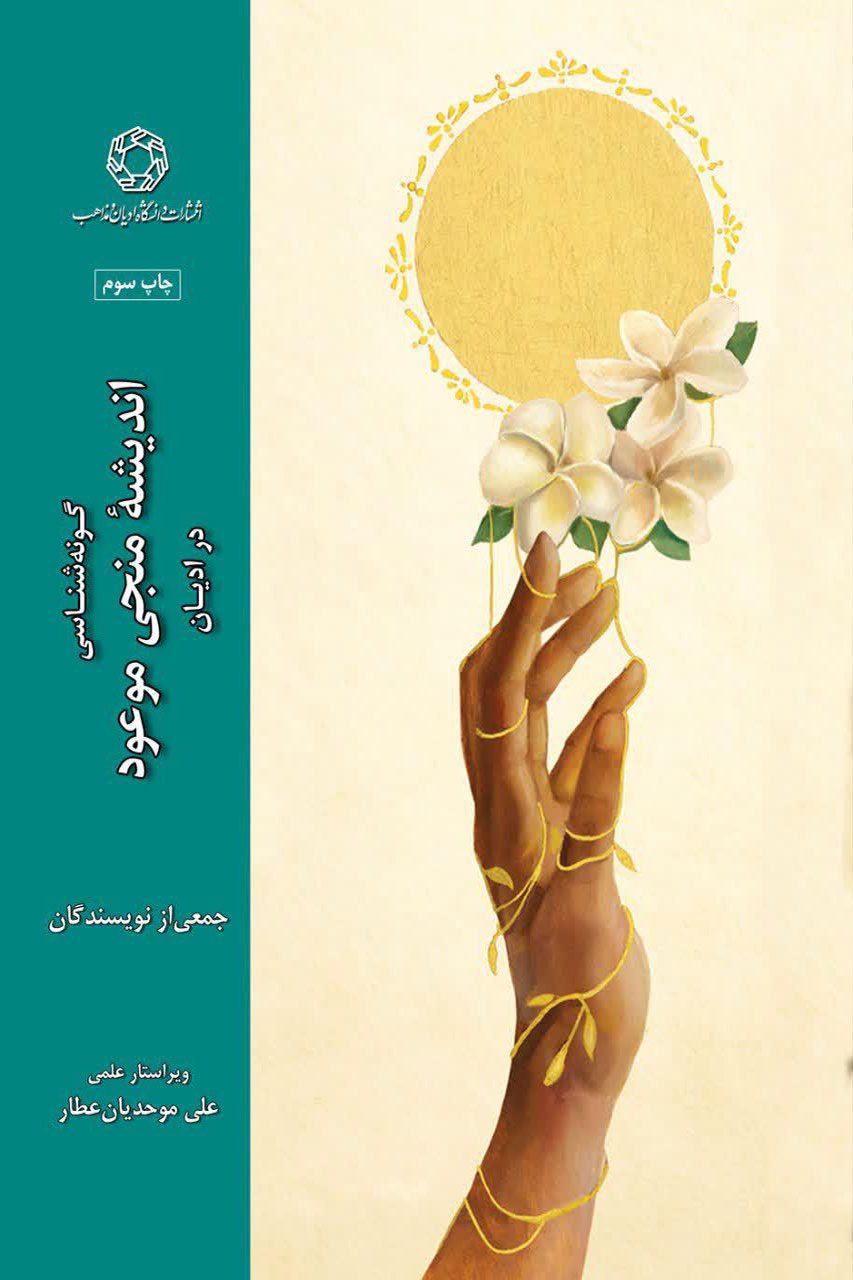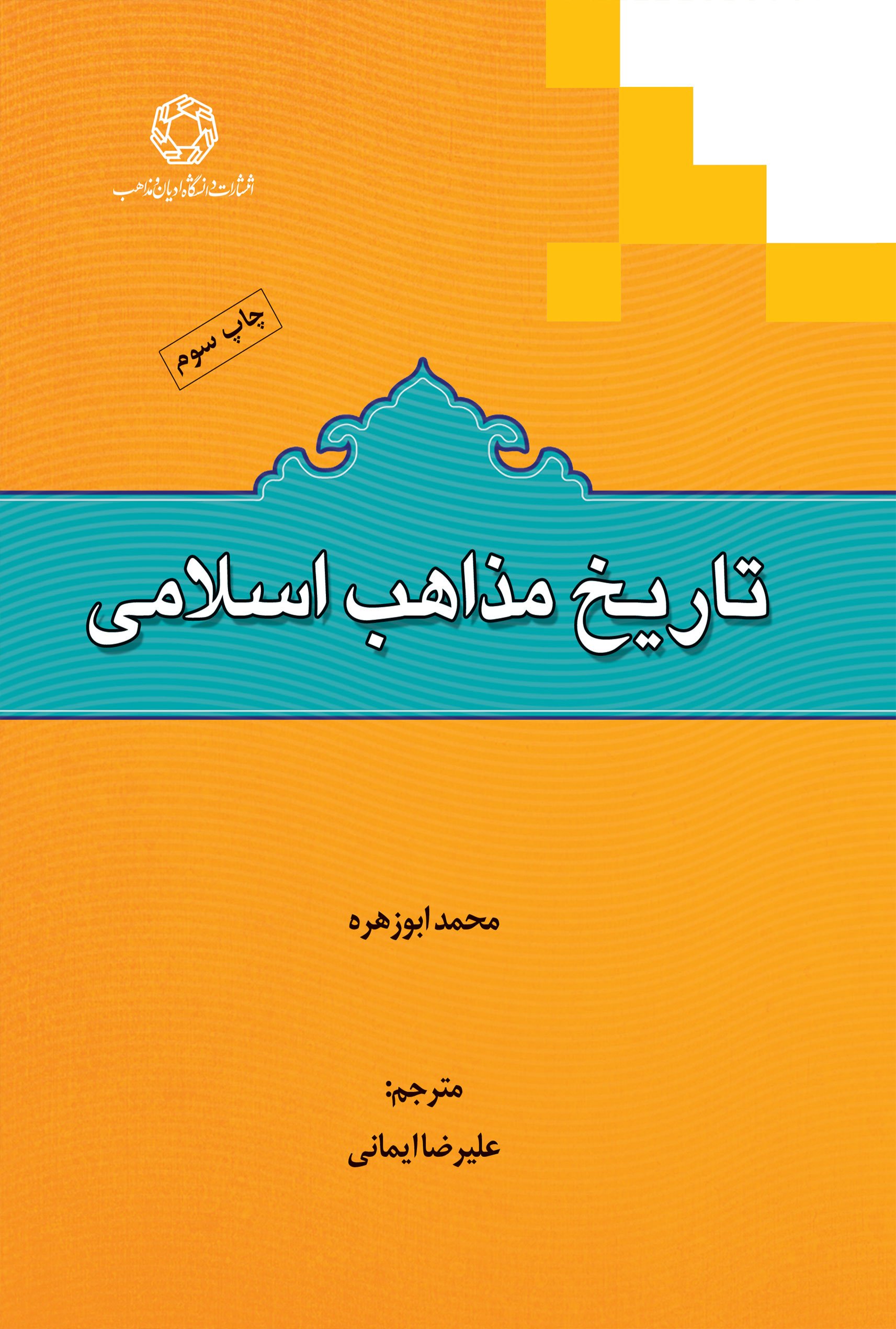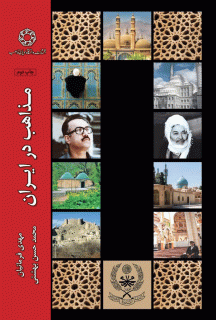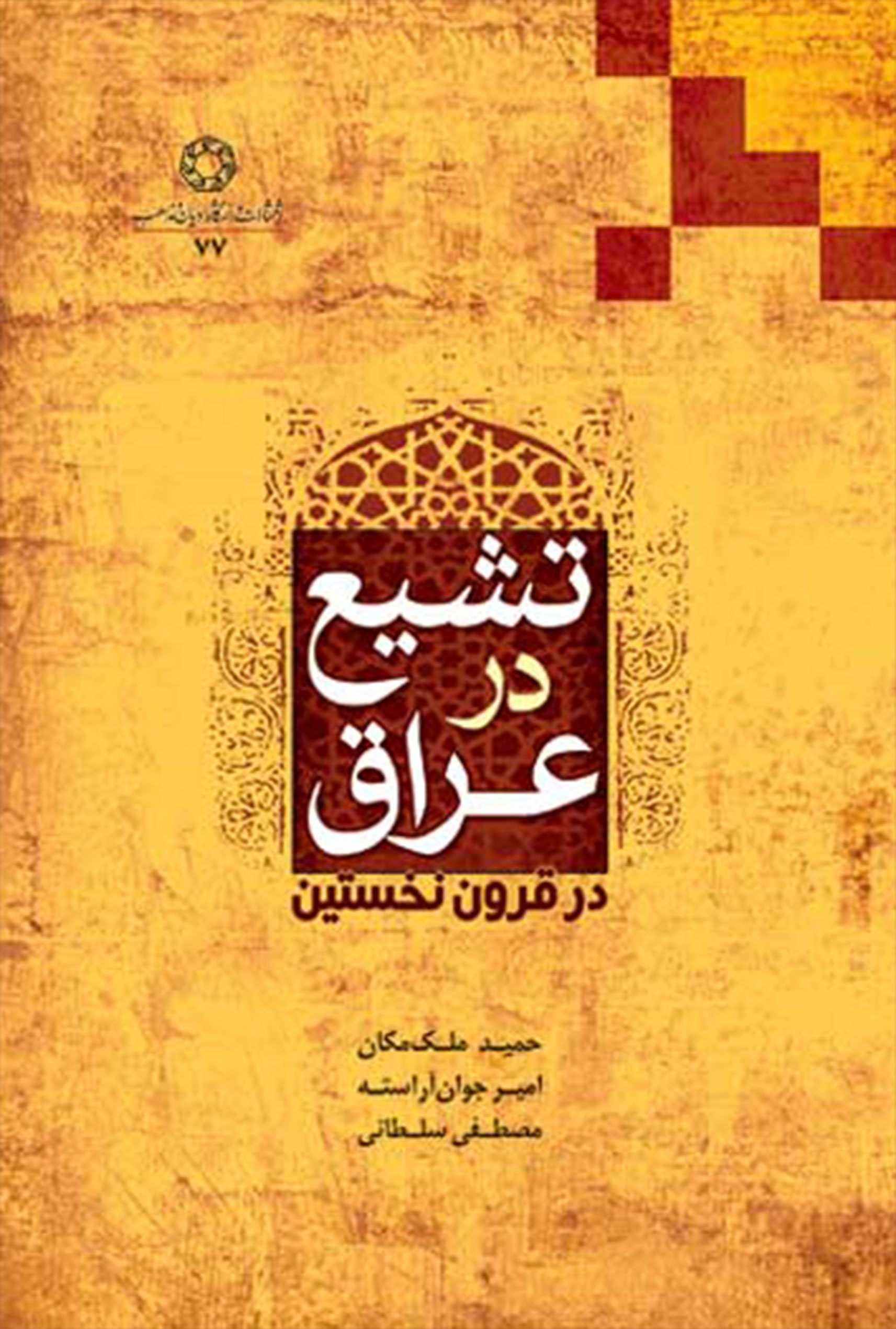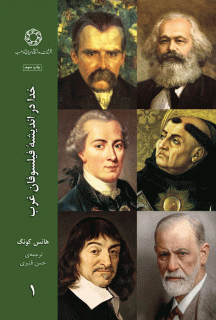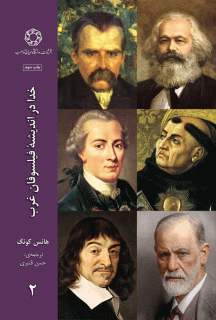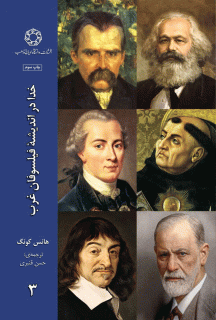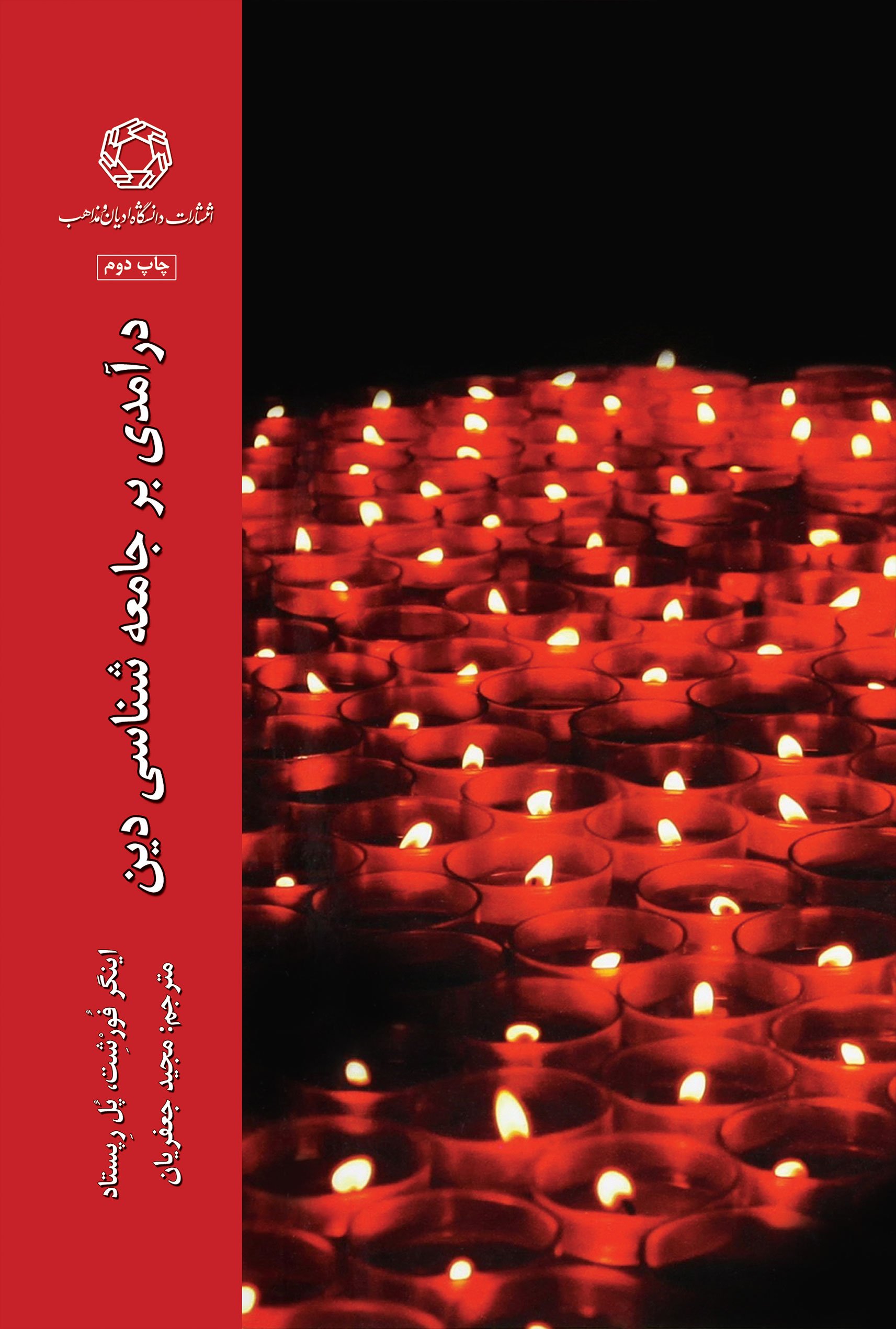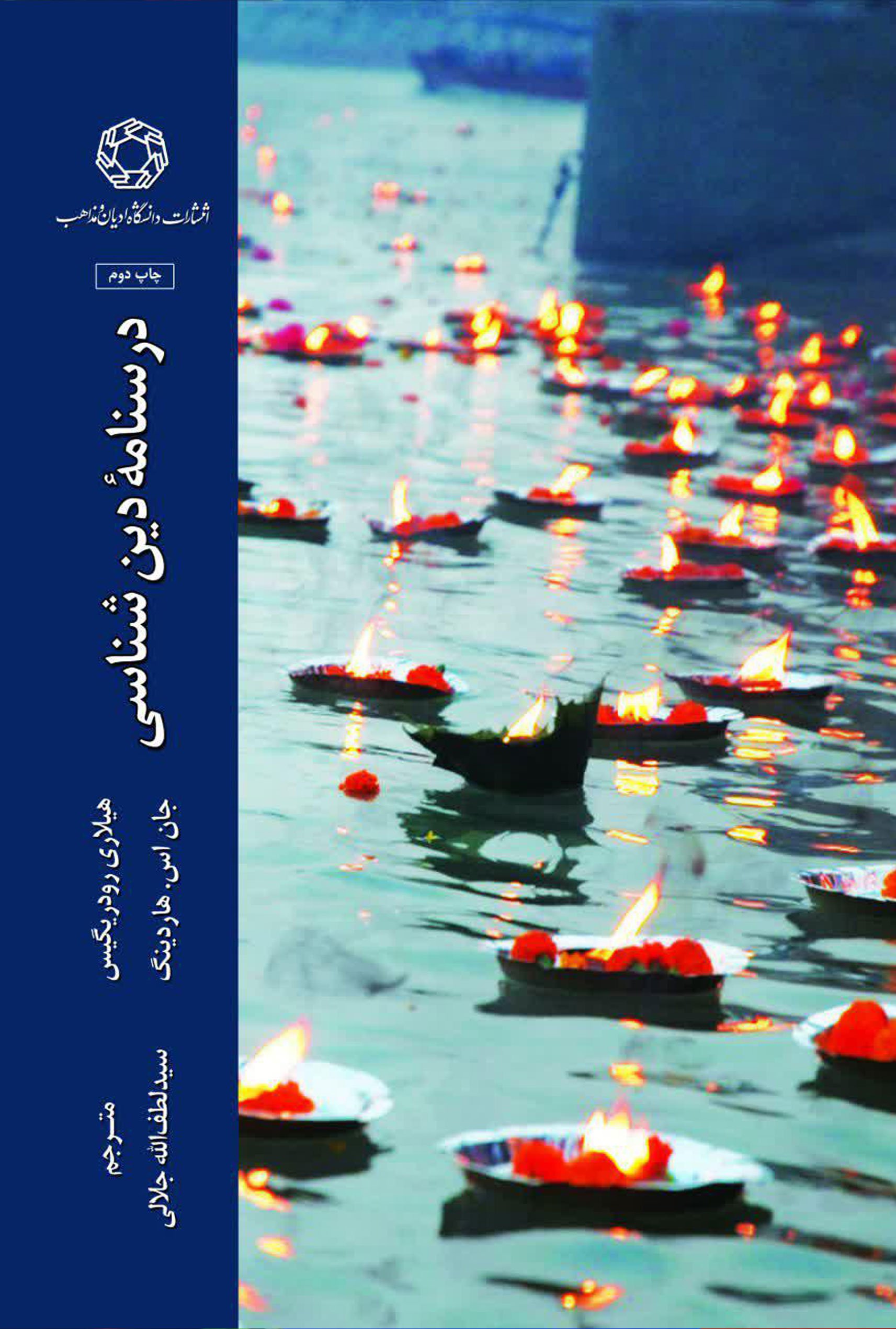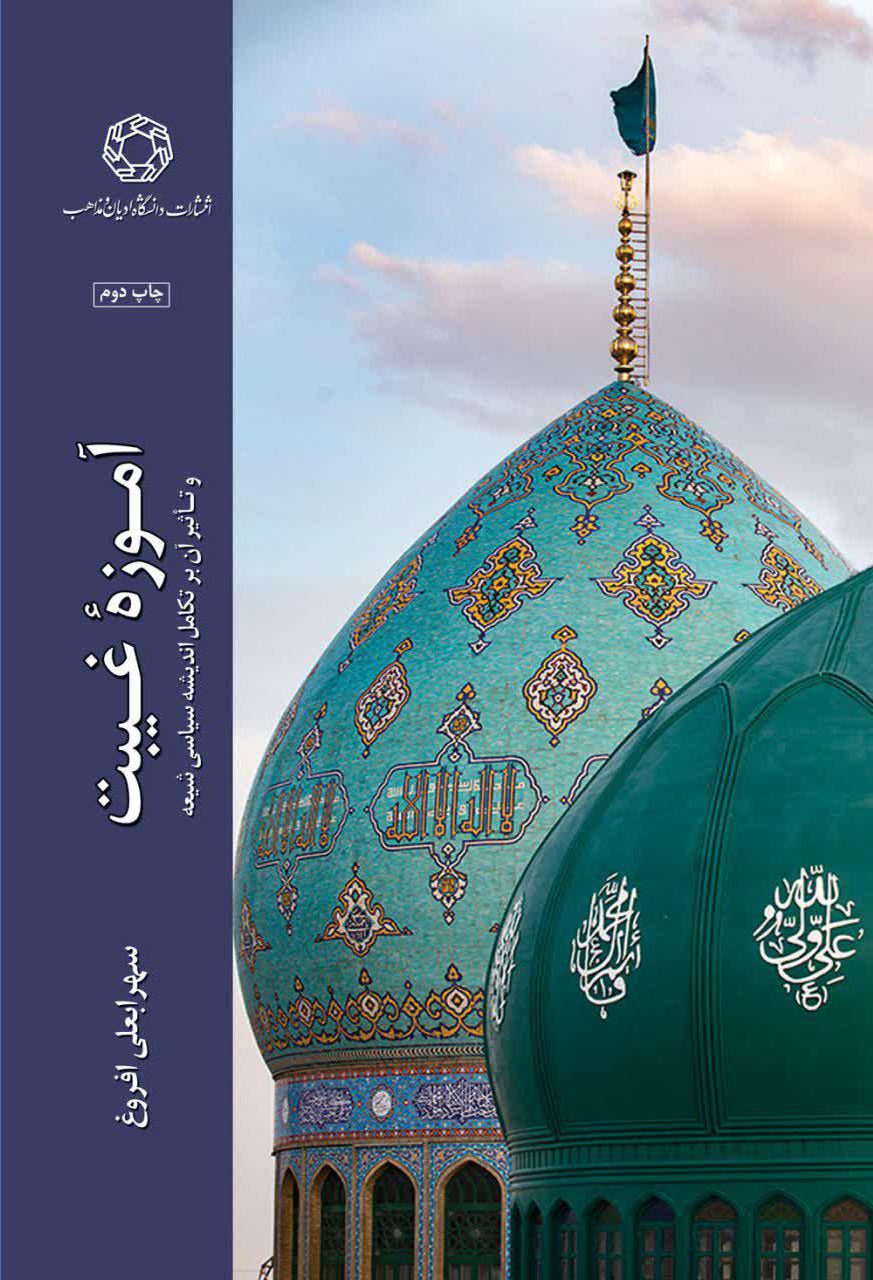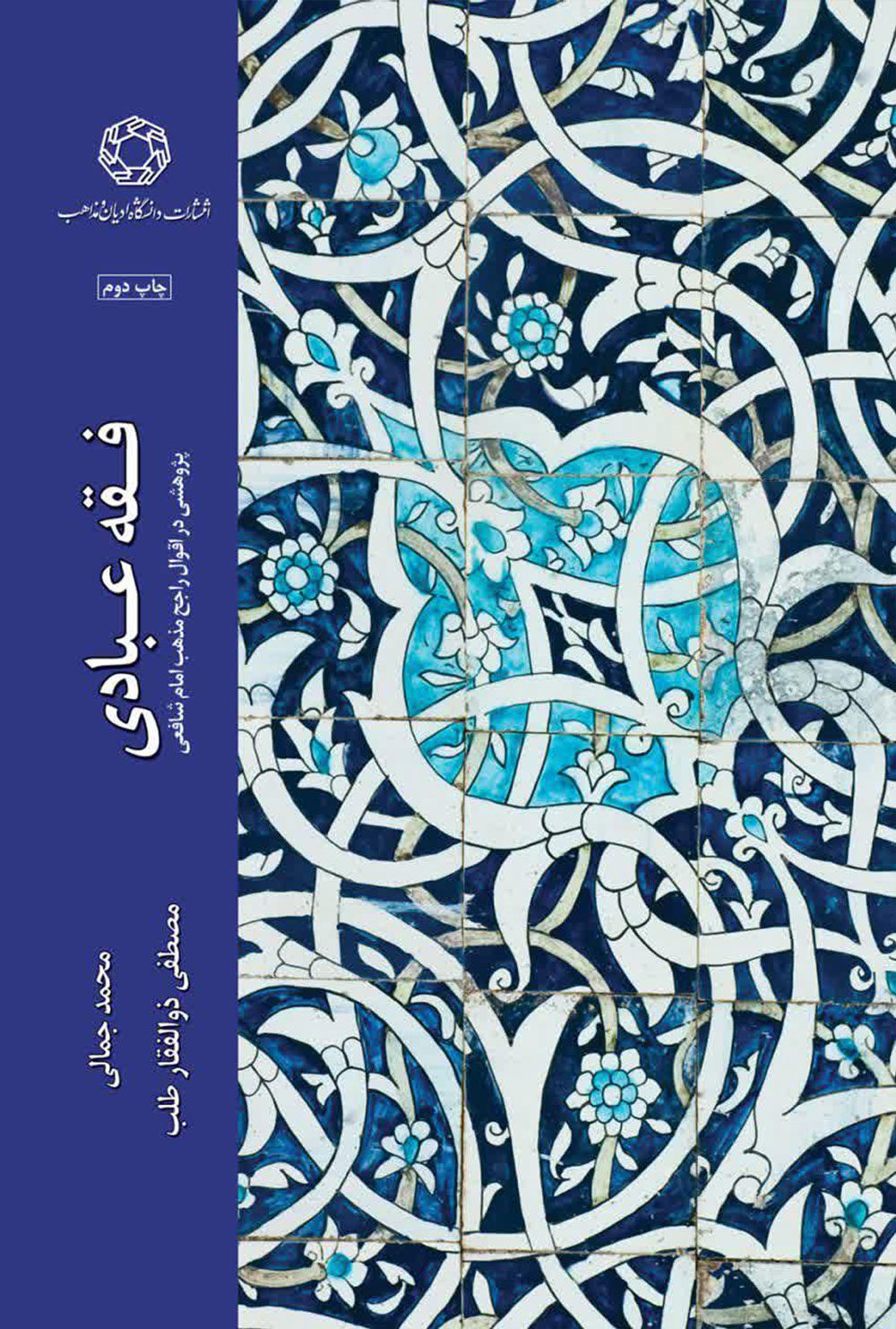Array
(
[0] => Array
(
[image] => https://urd.ac.ir/wp-content/uploads/2023/10/photo_2023-10-08_17-08-45.jpg
[link] => https://urd.ac.ir/en
)
[1] => Array
(
[image] => https://urd.ac.ir/wp-content/uploads/2023/10/farhad-daftari-1.jpg
[link] => https://urd.ac.ir/en
)
[2] => Array
(
[image] => https://urd.ac.ir/wp-content/uploads/2023/10/photo_2023-10-08_17-08-45.jpg
[link] => https://urd.ac.ir/en
)
[3] => Array
(
[image] => https://urd.ac.ir/wp-content/uploads/2023/10/farhad-daftari-1.jpg
[link] => https://urd.ac.ir/en
)
[4] => Array
(
[image] => https://urd.ac.ir/wp-content/uploads/2023/10/photo_2023-10-08_17-08-45.jpg
[link] => https://urd.ac.ir/en
)
[5] => Array
(
[image] => https://urd.ac.ir/wp-content/uploads/2023/10/farhad-daftari-1.jpg
[link] => https://urd.ac.ir/en
)
)
Array
(
[id] => urd-publishers-block-96215867-9983-457f-9557-a91dbf3da72a
[items] => Array
(
[0] => stdClass Object
(
[ID] => 59215
[post_author] => 59
[post_date] => 2023-09-10 18:17:45
[post_date_gmt] => 2023-09-10 14:47:45
[post_content] =>
[post_title] => International Encyclopedia of Communication; Volume 1 Communication Philosophy
[post_excerpt] => The International Encyclopedia of Communication is a comprehensive and dynamic reference set in the interdisciplinary field. This authoritative 12-volume set is jointly published by Wiley-Blackwell and the International Communication Association (ICA) and the leading academic society.
Key features include: 1339 entries (A-Z) divided into 29 subject areas that represent the main research domains, each authored by a prominent researcher in the respective field. The breadth of communication studies, including coverage of theories, media and communication phenomena, research methods, issues, concepts, and geographical areas are encompassed.
It also features sophisticated cross-referencing and search capabilities, subject-based glossaries, and a comprehensive index written and edited by an international team of top scholars and researchers representing the international stature of ICA.
[post_status] => publish
[comment_status] => open
[ping_status] => closed
[post_password] =>
[post_name] => international-encyclopedia-of-communication-volume-1-communication-philosophy
[to_ping] =>
[pinged] =>
[post_modified] => 2023-10-16 12:23:10
[post_modified_gmt] => 2023-10-16 08:53:10
[post_content_filtered] =>
[post_parent] => 0
[guid] => https://urd.ac.ir/en/59215/AUTO-DRAFT/
[menu_order] => 0
[post_type] => product
[post_mime_type] =>
[comment_count] => 0
)
[1] => stdClass Object
(
[ID] => 59742
[post_author] => 59
[post_date] => 2023-09-21 18:34:59
[post_date_gmt] => 2023-09-21 15:04:59
[post_content] =>
[post_title] => Women in religions and schools of thought
[post_excerpt] => Religion and its concepts and teachings have played a significant role in shaping the identity, rights, and destiny of women throughout history, and studies in the field of women and family are incomplete without examining religious teachings and perspectives.
This work includes articles written by experts in the field that address the above topic and can be beneficial for students studying women's studies.
[post_status] => publish
[comment_status] => open
[ping_status] => closed
[post_password] =>
[post_name] => women-in-religions-and-schools-of-thought
[to_ping] =>
[pinged] =>
[post_modified] => 2023-10-17 08:29:12
[post_modified_gmt] => 2023-10-17 04:59:12
[post_content_filtered] =>
[post_parent] => 0
[guid] => https://urd.ac.ir/en/59742/AUTO-DRAFT/
[menu_order] => 0
[post_type] => product
[post_mime_type] =>
[comment_count] => 0
)
[2] => stdClass Object
(
[ID] => 59743
[post_author] => 59
[post_date] => 2023-09-21 18:38:50
[post_date_gmt] => 2023-09-21 15:08:50
[post_content] =>
[post_title] => The Sufi Chains from the Beginning to the Present
[post_excerpt] => Sufism, as an influential current in the lives of Muslims, has its roots in the early history of Islam and continues to thrive in various parts of the world today.
Sufism initially emerged in the form of asceticism and later developed into the path of Sufis. Numerous researchers have stated that the spread of Islam in many regions was through the Sufis, and in Southeast Asia, such as Indonesia and Malaysia, the Indian subcontinent including India, Bangladesh, Pakistan, as well as North Africa and countries in the Middle East and the Caucasus to Turkey and Europe are filled with Sufi inclinations.
[post_status] => publish
[comment_status] => open
[ping_status] => closed
[post_password] =>
[post_name] => the-sufi-chains-from-the-beginning-to-the-present
[to_ping] =>
[pinged] =>
[post_modified] => 2023-10-17 08:27:06
[post_modified_gmt] => 2023-10-17 04:57:06
[post_content_filtered] =>
[post_parent] => 0
[guid] => https://urd.ac.ir/en/59743/AUTO-DRAFT/
[menu_order] => 0
[post_type] => product
[post_mime_type] =>
[comment_count] => 0
)
[3] => stdClass Object
(
[ID] => 60881
[post_author] => 59
[post_date] => 2023-10-02 18:50:05
[post_date_gmt] => 2023-10-02 15:20:05
[post_content] =>
[post_title] => The approach of teleological reasoning in jurisprudence
[post_excerpt] => Today, attention to the purposes and objectives in laws has become one of the fundamental principles of legislation. The existence of such provisions and laws in Islamic jurisprudence, which in fact is a kind of divine legislation for the management of human life, is predictable.
We believe that if we look more closely at the Imamate tradition, we will find roots and evidence for this type of jurisprudence, which, if concerns such as falling into the trap of analogy and Ijtihad by Ra’y (personal judgment in juridical judgment) are addressed, can strengthen this method of inference and push Imamate jurisprudence in this direction.
This research has been organized with the aim of carefully examining the history of Imamate jurisprudence and, to the best of its ability, paying attention to all the roots that are in line with this type of jurisprudence, which we define as "teleological-centered jurisprudence," and supporting the initial support of Imamite scholars, from the time of the text to the present day
[post_status] => publish
[comment_status] => open
[ping_status] => closed
[post_password] =>
[post_name] => the-approach-of-teleological-reasoning-in-jurisprudence
[to_ping] =>
[pinged] =>
[post_modified] => 2023-10-17 08:32:03
[post_modified_gmt] => 2023-10-17 05:02:03
[post_content_filtered] =>
[post_parent] => 0
[guid] => https://urd.ac.ir/en/60881/AUTO-DRAFT/
[menu_order] => 0
[post_type] => product
[post_mime_type] =>
[comment_count] => 0
)
[4] => stdClass Object
(
[ID] => 60882
[post_author] => 59
[post_date] => 2023-10-02 19:10:13
[post_date_gmt] => 2023-10-02 15:40:13
[post_content] =>
[post_title] => Nuṣayriyyah: Tārikh, Manābiʿ, Iʿtiqādāt [Nuṣayriyyah: History, Sources and Creeds].
[post_excerpt] => There has been ongoing disagreement regarding the conceptual boundaries of ghuluww (religious exaggeration) among different Islamic sects, and this book aims to clarify these boundaries within the context of one particular sect known as the Ghulāt cults (Exaggerators).
Nuṣayriyyah is the most prominent Ghulāt cult that has survived from the early centuries of Islam and is attributed to Muhammad b. Nuṣayr, who emerged in Iraq during the 9th century. Throughout history, Nuṣayris have held beliefs and practices that are significantly different from Twelver Shīʿism, and their scholars did not engage in dialogue with non-Nuṣayris until modern times. However, recently, some Nuṣayri researchers have shown interest in critically studying the legacy of their ancestors.
While there have been valuable studies available in English and Arabic on Nuṣayris and their historical sources, this is the first Persian work that provides a more comprehensive examination. It relies on sectarian and historical sources from both general and secret Nuṣayriyya, encompassing eight languages. The book covers various topics, including an assessment of the authenticity of early Nuṣayrī works from the 8th to the 15th century, a detailed description of the development of five fundamental doctrines in Nuṣayrī beliefs, their views on the codex of ʿAbd Allāh ibn Masʿūd, and Nuṣayri codes found in al-Khuṣaybi's book Hidāyat al-kubrā.
In recent times, the Nuṣayrī community has sought to present themselves under a new and less derogatory title, "Syrian Alawites" (ʿAlawiyyah), due to their increased involvement in politics over the past century. This book's exceptional presentation of historical and documented research on Nuṣayrī heritage provides a solid foundation for engaging in religious dialogue with progressive Alawites. However, further research into the social and religious circumstances of present-day Alawites and finding ways to enhance their interaction with followers of other religious traditions, particularly Twelver Shīʿis, would have added to the book's depth and richness.
[post_status] => publish
[comment_status] => open
[ping_status] => closed
[post_password] =>
[post_name] => nu%e1%b9%a3ayriyyah-tarikh-manabi%ca%bf-i%ca%bftiqadat-nu%e1%b9%a3ayriyyah-history-sources-and-creeds
[to_ping] =>
[pinged] =>
[post_modified] => 2023-10-16 12:50:25
[post_modified_gmt] => 2023-10-16 09:20:25
[post_content_filtered] =>
[post_parent] => 0
[guid] => https://urd.ac.ir/en/60882/AUTO-DRAFT/
[menu_order] => 0
[post_type] => product
[post_mime_type] =>
[comment_count] => 0
)
[5] => stdClass Object
(
[ID] => 61441
[post_author] => 59
[post_date] => 2023-10-10 17:29:25
[post_date_gmt] => 2023-10-10 13:59:25
[post_content] =>
[post_title] => International Encyclopedia of Communication; Volume 1 Communication Philosophy (Vol. 2)
[post_excerpt] => The International Encyclopedia of Communication is a comprehensive and dynamic reference set in the interdisciplinary field. This authoritative 12-volume set is jointly published by Wiley-Blackwell and the International Communication Association (ICA) and the leading academic society.
Key features include: 1339 entries (A-Z) divided into 29 subject areas that represent the main research domains, each authored by a prominent researcher in the respective field. The breadth of communication studies, including coverage of theories, media and communication phenomena, research methods, issues, concepts, and geographical areas are encompassed.
It also features sophisticated cross-referencing and search capabilities, subject-based glossaries, and a comprehensive index written and edited by an international team of top scholars and researchers representing the international stature of ICA.
[post_status] => publish
[comment_status] => open
[ping_status] => closed
[post_password] =>
[post_name] => international-encyclopedia-of-communication-volume-1-communication-philosophy-vol-2
[to_ping] =>
[pinged] =>
[post_modified] => 2023-10-14 07:34:01
[post_modified_gmt] => 2023-10-14 04:04:01
[post_content_filtered] =>
[post_parent] => 0
[guid] => https://urd.ac.ir/en/61441/AUTO-DRAFT/
[menu_order] => 0
[post_type] => product
[post_mime_type] =>
[comment_count] => 0
)
[6] => stdClass Object
(
[ID] => 62591
[post_author] => 59
[post_date] => 2023-10-25 18:32:48
[post_date_gmt] => 2023-10-25 15:02:48
[post_content] =>
[post_title] => Theological Correspondences: Pattern of Islam-Christianity Relations within History
[post_excerpt] => The bibliographical history of Islam-Christianity relations is a comprehensive project that focuses on works produced by both Islam and Christianity from the advent of Islam until the present day.
In theoretical studies examining the general works produced on this topic, the findings reveal the existence of various patterns, which have been categorized into two distinct groups. Subsequently, the project at the University of Birmingham, known as "Christian-Muslim Relations: A Bibliographical History," was examined to determine whether these two general patterns can be identified within the historical progression of written works
[post_status] => publish
[comment_status] => open
[ping_status] => closed
[post_password] =>
[post_name] => theological-correspondences-pattern-of-islam-christianity-relations-within-history
[to_ping] =>
[pinged] =>
[post_modified] => 2023-10-25 18:32:49
[post_modified_gmt] => 2023-10-25 15:02:49
[post_content_filtered] =>
[post_parent] => 0
[guid] => https://urd.ac.ir/en/62591/AUTO-DRAFT/
[menu_order] => 0
[post_type] => product
[post_mime_type] =>
[comment_count] => 0
)
[7] => stdClass Object
(
[ID] => 62787
[post_author] => 59
[post_date] => 2023-10-26 15:44:11
[post_date_gmt] => 2023-10-26 12:14:11
[post_content] =>
[post_title] => The New Testament and Other Early Christian Writings
[post_excerpt] => This book is a comprehensive and impartial study of the New Testament and other theological writings from the early Christian centuries.
The author has meticulously examined the history and contents of these works using scientific criteria and principles, leading to remarkable and tangible conclusions. Additionally, the book provides valuable insights into the history and culture of ancient Greece and Rome.
[post_status] => publish
[comment_status] => open
[ping_status] => closed
[post_password] =>
[post_name] => the-new-testament-and-other-early-christian-writings
[to_ping] =>
[pinged] =>
[post_modified] => 2023-10-26 15:45:27
[post_modified_gmt] => 2023-10-26 12:15:27
[post_content_filtered] =>
[post_parent] => 0
[guid] => https://urd.ac.ir/en/62787/AUTO-DRAFT/
[menu_order] => 0
[post_type] => product
[post_mime_type] =>
[comment_count] => 0
)
[8] => stdClass Object
(
[ID] => 62789
[post_author] => 59
[post_date] => 2023-10-26 15:58:56
[post_date_gmt] => 2023-10-26 12:28:56
[post_content] =>
[post_title] => Manichean Angels: A Study of Angelology and Its Associated Concepts in Manicheism
[post_excerpt] => This book, organized into six parts, eight post-scripts, and two addenda, is a pioneering work that extensively utilizes 56 primarily manuscript works of supplication and magic from the Turpan collection, along with Manichean and non-Manichean Greek, Coptic, Turkish, and Chinese sources. Its objective is to identify at least thirty angels and explore the aspects of angelology within the Gnosticism established by Mani in third-century CE Sassanid Iran.
This work demonstrates that while Manichean angelology incorporated many components from preceding religions and traditions, redefining them within its new framework, it ultimately formed an independent system. Remarkably, this system has endured and continues to be preserved in China, serving as the final bastion of Manicheism
[post_status] => publish
[comment_status] => open
[ping_status] => closed
[post_password] =>
[post_name] => manichean-angels-a-study-of-angelology-and-its-associated-concepts-in-manicheism
[to_ping] =>
[pinged] =>
[post_modified] => 2023-10-26 15:58:57
[post_modified_gmt] => 2023-10-26 12:28:57
[post_content_filtered] =>
[post_parent] => 0
[guid] => https://urd.ac.ir/en/62789/AUTO-DRAFT/
[menu_order] => 0
[post_type] => product
[post_mime_type] =>
[comment_count] => 0
)
[9] => stdClass Object
(
[ID] => 62790
[post_author] => 59
[post_date] => 2023-10-26 16:05:58
[post_date_gmt] => 2023-10-26 12:35:58
[post_content] =>
[post_title] => Wound and Olive: Relics and Times
[post_excerpt] => Khameyar possesses a distinct quality that sets him apart as an exceptional individual. His expertise in the Arabic language, coupled with his deep understanding of the culture and traditions of the Arab world, has contributed to his growing success. Additionally, Dr. Khameyar is known for his diligence and unwavering commitment to his endeavors.
This is evident in the multitude of his valuable writings in Arabic and Persian, which have garnered recognition from scholars in international relations. Furthermore, Khameyar's profound understanding of Abrahamic religions and Islamic denominations is another noteworthy attribute that distinguishes him as a respected authority in these areas.
The book Wound and Olive: Relics and Times by Dr. Khameyar is a profoundly captivating work that delves into the depths of human emotions. Within its pages, the author skillfully portrays the ebb and flow of life, capturing both the hardships and triumphs with remarkable beauty.
Through the pages of this book, readers come to understand that life is an ever-changing reality. As Imam Ali observed, one should approach life with the mindset of eternity, cherishing each moment, while simultaneously being prepared to relinquish it as if tomorrow were one's final day.
I extend my well wishes to Dr. Khameyar, hoping for his continued health, recognition, and ever-growing success. May readers find immense enjoyment in his captivating works.
[post_status] => publish
[comment_status] => open
[ping_status] => closed
[post_password] =>
[post_name] => wound-and-olive-relics-and-times
[to_ping] =>
[pinged] =>
[post_modified] => 2023-10-26 16:05:59
[post_modified_gmt] => 2023-10-26 12:35:59
[post_content_filtered] =>
[post_parent] => 0
[guid] => https://urd.ac.ir/en/62790/AUTO-DRAFT/
[menu_order] => 0
[post_type] => product
[post_mime_type] =>
[comment_count] => 0
)
[10] => stdClass Object
(
[ID] => 62791
[post_author] => 59
[post_date] => 2023-10-26 16:13:02
[post_date_gmt] => 2023-10-26 12:43:02
[post_content] =>
[post_title] => Farhad Daftary and Ismaili Studies
[post_excerpt] => Ismailis constitute the second-largest Shia Muslim community globally, following the Twelver Shias. With a rich and eventful history dating back to the early years of Islam, Ismailis emerged during a period when different Muslim communities were formulating their distinct doctrinal stances. Presently, Ismailis can be found across more than thirty countries spanning the Middle East, Asia, Africa, Europe, and North America.
Dr. Farhad Daftary, a renowned scholar and expert, has authored numerous works delving into the history and beliefs of Ismailism. This particular work focuses on his distinctive approach to the study of Ismailism.
[post_status] => publish
[comment_status] => open
[ping_status] => closed
[post_password] =>
[post_name] => farhad-daftary-and-ismaili-studies
[to_ping] =>
[pinged] =>
[post_modified] => 2023-11-02 15:36:32
[post_modified_gmt] => 2023-11-02 12:06:32
[post_content_filtered] =>
[post_parent] => 0
[guid] => https://urd.ac.ir/en/62791/AUTO-DRAFT/
[menu_order] => 0
[post_type] => product
[post_mime_type] =>
[comment_count] => 0
)
)
[title] => New published
[postTypes] => product
)
New published
Array
(
[id] => urd-publishers-block-d3fe9a9e-6659-402a-8418-6119335a741d
[items] => Array
(
[0] => stdClass Object
(
[ID] => 60546
[post_author] => 59
[post_date] => 2023-09-30 15:53:16
[post_date_gmt] => 2023-09-30 12:23:16
[post_content] =>
[post_title] => Jewish Philosophy in the Middle Ages
[post_excerpt] => The author of this book aims to first examine the influence of theological discussions in the Bible and rabbinic theology on the growth and development of Jewish philosophy in the Middle Ages, and then analyze the transformations of Jewish philosophical thought from the 9th century to the late 15th century.
It should be noted that Jewish philosophers who emerged during this time sought to interpret the Torah and rabbinic tradition in light of Greek-Islamic philosophical thought and previous teachings.
With the emergence of "Maimonides" and the writing of the book "Guide for the Perplexed," this theoretical discourse reached its peak. Among these thinkers, contradictory thoughts were found; some considered Aristotelian thought as a threat to Jewish faith, while others saw it as a source of pride and strength for Jewish beliefs.
Some, like Shem Tov Ibn Shem Tov, considered Jewish philosophy more dangerous than Greek writings. However, despite the ups and downs, Jewish philosophy eventually reached its peak in the Middle Ages.
[post_status] => publish
[comment_status] => open
[ping_status] => closed
[post_password] =>
[post_name] => jewish-philosophy-in-the-middle-ages
[to_ping] =>
[pinged] =>
[post_modified] => 2023-10-16 15:29:07
[post_modified_gmt] => 2023-10-16 11:59:07
[post_content_filtered] =>
[post_parent] => 0
[guid] => https://urd.ac.ir/en/60546/AUTO-DRAFT/
[menu_order] => 0
[post_type] => product
[post_mime_type] =>
[comment_count] => 0
)
[1] => stdClass Object
(
[ID] => 60547
[post_author] => 59
[post_date] => 2023-09-30 16:01:06
[post_date_gmt] => 2023-09-30 12:31:06
[post_content] =>
[post_title] => Concept of Mysticism
[post_excerpt] => The book aims to provide a comprehensive understanding of the concept of mysticism and explain its essence. It first presents a definition of mysticism, Sufism, and other Latin terms related to them, and then discusses various applications and different mystical expressions.
Furthermore, the book introduces different methods and tendencies in mysticism, highlighting the characteristics of each. In another section, the author explores the interpretations of mystics, both Muslim and non-Muslim, regarding mysticism and its theoretical and practical functions.
The geography of mysticism, its elements and components, essential components of mysticism, and the mystical experience are among the other topics discussed in this writing.
[post_status] => publish
[comment_status] => open
[ping_status] => closed
[post_password] =>
[post_name] => concept-of-mysticism
[to_ping] =>
[pinged] =>
[post_modified] => 2023-10-16 14:58:05
[post_modified_gmt] => 2023-10-16 11:28:05
[post_content_filtered] =>
[post_parent] => 0
[guid] => https://urd.ac.ir/en/60547/AUTO-DRAFT/
[menu_order] => 0
[post_type] => product
[post_mime_type] =>
[comment_count] => 0
)
[2] => stdClass Object
(
[ID] => 60548
[post_author] => 59
[post_date] => 2023-09-30 16:11:07
[post_date_gmt] => 2023-09-30 12:41:07
[post_content] =>
[post_title] => Rationality in a Feminine Narrative; Western Discourse
[post_excerpt] => Reason is the distinguishing factor between humans and other animals, and it is a common characteristic among all humans. Through reason, the possibility of argumentation and planning is provided, leading to the growth and progress of human societies. However, women are often accused of lacking reason due to their maternal and affectionate emotions, and it is clear that this lack of reason can be seen as a lack of humanity.
Throughout history, women have been pushed from the public sphere to the private sphere using this excuse, and their voices have not been heard in the design of rationality in shaping human civilization. While it can be argued that if affectionate feminine emotions are in conflict with rationality, aggressive masculine emotions are also in conflict with rationality. So how has masculinity always been described as aligned with rationality, while femininity has been introduced as irrational?
[post_status] => publish
[comment_status] => open
[ping_status] => closed
[post_password] =>
[post_name] => rationality-in-a-feminine-narrative-western-discourse
[to_ping] =>
[pinged] =>
[post_modified] => 2023-10-16 16:16:23
[post_modified_gmt] => 2023-10-16 12:46:23
[post_content_filtered] =>
[post_parent] => 0
[guid] => https://urd.ac.ir/en/60548/AUTO-DRAFT/
[menu_order] => 0
[post_type] => product
[post_mime_type] =>
[comment_count] => 0
)
[3] => stdClass Object
(
[ID] => 60549
[post_author] => 59
[post_date] => 2023-09-30 16:21:03
[post_date_gmt] => 2023-09-30 12:51:03
[post_content] =>
[post_title] => A Study in Zoroastrian Philosophy
[post_excerpt] => This work is a collection of articles about the philosophy of the Zoroastrian religion. In this research, the philosophical roots of the Zoroastrian religion are first addressed, and a history of the time and birthplace of Zoroaster and his teachings is presented.
Then, the characteristics of the Zoroastrian religion and topics such as cosmology, eschatology, dualism, Zarvanism, good and evil, and the distortion of Zoroastrian thought in the modern age are discussed. Ethics and society in Zoroastrian philosophy during the Achaemenid and Sassanian periods, as well as the characteristics of contemporary Zoroastrian philosophy, are also covered in other articles in the book. According to the author, although Zoroastrian beliefs, especially regarding the issue of good and evil, have undergone significant changes, their ethical philosophy has remained constant.
[post_status] => publish
[comment_status] => open
[ping_status] => closed
[post_password] =>
[post_name] => a-study-in-zoroastrian-philosophy
[to_ping] =>
[pinged] =>
[post_modified] => 2023-10-16 16:02:47
[post_modified_gmt] => 2023-10-16 12:32:47
[post_content_filtered] =>
[post_parent] => 0
[guid] => https://urd.ac.ir/en/60549/AUTO-DRAFT/
[menu_order] => 0
[post_type] => product
[post_mime_type] =>
[comment_count] => 0
)
[4] => stdClass Object
(
[ID] => 60550
[post_author] => 59
[post_date] => 2023-09-30 19:21:01
[post_date_gmt] => 2023-09-30 15:51:01
[post_content] =>
[post_title] => Christian mystics
[post_excerpt] => The book "Christian mystics" by the prominent contemporary mystic scholar Ms. Andreheil aims to provide a report on the spiritual history and mysticism of Christianity by describing the lives of important Christian mystics. In this small book, one can only mention the richness and diversity of topics that anyone who wants to express the spiritual and mystical history of Christianity must address.
The book does not even claim to have provided a complete list of mystics, but rather focuses on a few selected individuals among the vast array of saintly mystics, whose personal greatness is largely dependent on their connection to the communal life of believers in Christ and their participation in this life.
The book explores the relationship between mystics and the Christian community, namely that great and creative soul whose special experience of God extends to other Christians as well; someone who deepens the collective spiritual conscience and brings fresh news about eternal life.
[post_status] => publish
[comment_status] => open
[ping_status] => closed
[post_password] =>
[post_name] => christian-mystics
[to_ping] =>
[pinged] =>
[post_modified] => 2023-10-16 16:09:02
[post_modified_gmt] => 2023-10-16 12:39:02
[post_content_filtered] =>
[post_parent] => 0
[guid] => https://urd.ac.ir/en/60550/AUTO-DRAFT/
[menu_order] => 0
[post_type] => product
[post_mime_type] =>
[comment_count] => 0
)
[5] => stdClass Object
(
[ID] => 60551
[post_author] => 59
[post_date] => 2023-09-30 19:29:33
[post_date_gmt] => 2023-09-30 15:59:33
[post_content] =>
[post_title] => Criminal justice in Judaism
[post_excerpt] => This book consists of twelve articles on punishment and criminal law in Judaism, nine of which are translations from Jewish sources and three articles are research and investigation by the esteemed scholar "Hossein Soleimani".
The author states in the introduction of the book: "This book has two types of audience, one is legal scholars or law students, who may have less familiarity with the field of religious studies, and the other is religious scholars, who may not be familiar with legal concepts
[post_status] => publish
[comment_status] => open
[ping_status] => closed
[post_password] =>
[post_name] => criminal-justice-in-judaism
[to_ping] =>
[pinged] =>
[post_modified] => 2023-11-23 17:52:57
[post_modified_gmt] => 2023-11-23 14:22:57
[post_content_filtered] =>
[post_parent] => 0
[guid] => https://urd.ac.ir/en/60551/AUTO-DRAFT/
[menu_order] => 0
[post_type] => product
[post_mime_type] =>
[comment_count] => 0
)
[6] => stdClass Object
(
[ID] => 60743
[post_author] => 59
[post_date] => 2023-10-01 17:09:25
[post_date_gmt] => 2023-10-01 13:39:25
[post_content] =>
[post_title] => City of God
[post_excerpt] => The book "City of God" is one of the most important classical writings on Christian theology. It has had a profound and extensive influence on religious, philosophical, historical, social, and political thought in the Western world.
Augustine of Hippo is a renowned figure whom Christians remember for his greatness, and others who value theology and philosophy hold his scholarly position in high regard and respect his theological and philosophical perspectives.
The book "City of God," written by Augustine of Hippo, is one of the most important classical writings on Christian theology. This work, which was produced 16 centuries ago, has had a profound and extensive influence on religious, philosophical, historical, social, and political thought in the Western world.
The book "City of God" is written in Latin, and its Latin text is beautifully and literarily composed. Scholars of Christian theology, as well as experts in Roman and Greek history and literature, have produced numerous translations of it into European languages.
[post_status] => publish
[comment_status] => open
[ping_status] => closed
[post_password] =>
[post_name] => city-of-god
[to_ping] =>
[pinged] =>
[post_modified] => 2023-10-16 14:46:33
[post_modified_gmt] => 2023-10-16 11:16:33
[post_content_filtered] =>
[post_parent] => 0
[guid] => https://urd.ac.ir/en/60743/AUTO-DRAFT/
[menu_order] => 0
[post_type] => product
[post_mime_type] =>
[comment_count] => 0
)
[7] => stdClass Object
(
[ID] => 60744
[post_author] => 59
[post_date] => 2023-10-01 17:20:44
[post_date_gmt] => 2023-10-01 13:50:44
[post_content] =>
[post_title] => Jews; Their Religious Beliefs And Practices
[post_excerpt] => The book "Jews; Their Religious Beliefs And Practices" is about the religion, rituals, and perspectives of Jews, focusing on aspects of Jewish life that are unique to the Jewish people. Therefore, one cannot find much about common ethical norms among individuals in modern Western societies.
However, there is no doubt that the difference between the approach of Jews and non-Jews is not in matters such as hospitality, charity, compassion, honesty, and responsiveness to fellow human beings.
For traditional and authentic Jews, ethical norms are part of religious rituals, and the holy scriptures and subsequent Jewish writings also play a significant role in determining them.
[post_status] => publish
[comment_status] => open
[ping_status] => closed
[post_password] =>
[post_name] => jews-their-religious-beliefs-and-practices
[to_ping] =>
[pinged] =>
[post_modified] => 2023-10-16 14:50:59
[post_modified_gmt] => 2023-10-16 11:20:59
[post_content_filtered] =>
[post_parent] => 0
[guid] => https://urd.ac.ir/en/60744/AUTO-DRAFT/
[menu_order] => 0
[post_type] => product
[post_mime_type] =>
[comment_count] => 0
)
[8] => stdClass Object
(
[ID] => 60745
[post_author] => 59
[post_date] => 2023-10-01 17:41:16
[post_date_gmt] => 2023-10-01 14:11:16
[post_content] =>
[post_title] => The Essential Talmud
[post_excerpt] => A book that is considered the cornerstone and foundation of Judaism is the Talmud. The Talmud, as the extensive and primary collection of Jewish jurisprudence, has been praised and respected by non-Jews throughout history for its comprehensive and rational structure of legal, ethical, and moral principles. However, it has also faced criticism, reproach, and even insult due to its explicit stance towards non-Jews (who were mostly considered infidels during its formation around 2000 years ago) and its strictness towards Jews who do not adhere to Jewish law.
Misquoted and even distorted quotes attributed to the Talmud and Jewish religion, along with subsequent religious texts, have sent waves of insult and ridicule towards this book as a source of religious rulings for Jews, propagated by publications and books to the uninformed public. Fortunately, the positive approach of Iranian society and enlightened Muslim scholars in recent years towards the realities of other religions has somewhat influenced the elimination of this shortcoming, with the publication of "The Essential Talmud" being the most important of these actions.
Hojat al-Islam Bagher Talebi Darabi, a prominent researcher in the field of religions and a member of the faculty of the University of Religions and Denominations, has translated this book with precision and complete trustworthiness and, after multiple reviews by several experts, has submitted it for publication.
In the introduction to the book, while referring to Judaism as a religion that shares more common teachings with Islam than any other religion, he compares Islam's book and tradition with the written law (Torah - Old Testament) and the oral law (Talmud) in Judaism. Talebi Darabi writes about the Talmud: "The Talmud is a symbol of rationality, thought, exertion, jurisprudence, theology, and in one word, it is a symbol of the religious literature of Judaism. Speaking about the Talmud is speaking about the history of thought and the process of the growing trend of Jewish jurisprudence. The Talmud is a lasting work that has its roots in the history and text of events that took place in the arduous lives of Jews, especially scholars, jurists, and sages of this nation..."
[post_status] => publish
[comment_status] => open
[ping_status] => closed
[post_password] =>
[post_name] => the-essential-talmud
[to_ping] =>
[pinged] =>
[post_modified] => 2023-10-16 14:53:12
[post_modified_gmt] => 2023-10-16 11:23:12
[post_content_filtered] =>
[post_parent] => 0
[guid] => https://urd.ac.ir/en/60745/AUTO-DRAFT/
[menu_order] => 0
[post_type] => product
[post_mime_type] =>
[comment_count] => 0
)
[9] => stdClass Object
(
[ID] => 60746
[post_author] => 59
[post_date] => 2023-10-01 17:54:01
[post_date_gmt] => 2023-10-01 14:24:01
[post_content] =>
[post_title] => Major Trends in Jewish Mysticism
[post_excerpt] => The scientific and accurate understanding of religious concepts in different traditions is an important issue that scholars and researchers of religions must address today. This is especially significant in the realm of ethics and mysticism, which is less subject to ideological and sectarian divisions and therefore holds even greater importance.
Gershom Scholem (1897-1982), a prominent Jewish researcher, has made significant contributions to the introduction and expansion of Jewish mysticism among Jews and Western academic circles.
According to Scholem, the mythical and mystical elements of Judaism are just as important as rational elements, and he believed that these elements, rather than religious laws and details, reflect the true and living spirit of Judaism. Martin Buber, a great Jewish philosopher and theologian, said about Scholem: "While we all have our own desires and tendencies, it is only Scholem who has created a complete academic knowledge.
[post_status] => publish
[comment_status] => open
[ping_status] => closed
[post_password] =>
[post_name] => major-trends-in-jewish-mysticism
[to_ping] =>
[pinged] =>
[post_modified] => 2023-10-16 14:48:23
[post_modified_gmt] => 2023-10-16 11:18:23
[post_content_filtered] =>
[post_parent] => 0
[guid] => https://urd.ac.ir/en/60746/AUTO-DRAFT/
[menu_order] => 0
[post_type] => product
[post_mime_type] =>
[comment_count] => 0
)
[10] => stdClass Object
(
[ID] => 60875
[post_author] => 59
[post_date] => 2023-10-02 16:42:05
[post_date_gmt] => 2023-10-02 13:12:05
[post_content] =>
[post_title] => The Mystery of Numbers
[post_excerpt] => The role and significance of numbers in different cultures and religions can be observed when we look at many of our religious and cultural behaviors, a role that has not faded in the present century and advanced world.
Many of us consider 7 as a sacred number and are superstitious about 13. But perhaps we would like to know if these numbers have the same characteristics in distant and nearby cultures as well.
"The Mystery of Numbers" by the famous German orientalist Annemarie Schimmel helps us understand the prominent role of numbers in different cultures and religions. Reading this work provides valuable information about how different nations perceive numbers.
[post_status] => publish
[comment_status] => open
[ping_status] => closed
[post_password] =>
[post_name] => the-mystery-of-numbers
[to_ping] =>
[pinged] =>
[post_modified] => 2023-10-16 15:16:21
[post_modified_gmt] => 2023-10-16 11:46:21
[post_content_filtered] =>
[post_parent] => 0
[guid] => https://urd.ac.ir/en/60875/AUTO-DRAFT/
[menu_order] => 0
[post_type] => product
[post_mime_type] =>
[comment_count] => 0
)
[11] => stdClass Object
(
[ID] => 60876
[post_author] => 59
[post_date] => 2023-10-02 16:55:42
[post_date_gmt] => 2023-10-02 13:25:42
[post_content] =>
[post_title] => Comprehensive guide to writing a scientific paper
[post_excerpt] => Writing a scientific article is one of the main concerns of students and researchers at higher education levels. Scientific writing requires specific skills and abilities that are not easily acquired.
Many students and researchers usually feel the need to study texts related to scientific writing before starting, and as a result, they are looking for a source to guide them in this area.
The comprehensive guide to writing a scientific article is one of the books that has been written in the field of scientific article writing outside of Iran. The book is written in eight chapters and five appendices, and in the appendices, four important citation styles in the world, including CMS, APA, MLA, and CSE, are explained. This book will be a useful source for many researchers and students and is one of the few Persian sources that extensively discusses the Chicago citation style.
[post_status] => publish
[comment_status] => open
[ping_status] => closed
[post_password] =>
[post_name] => comprehensive-guide-to-writing-a-scientific-paper
[to_ping] =>
[pinged] =>
[post_modified] => 2023-10-16 15:23:21
[post_modified_gmt] => 2023-10-16 11:53:21
[post_content_filtered] =>
[post_parent] => 0
[guid] => https://urd.ac.ir/en/60876/AUTO-DRAFT/
[menu_order] => 0
[post_type] => product
[post_mime_type] =>
[comment_count] => 0
)
[12] => stdClass Object
(
[ID] => 60877
[post_author] => 59
[post_date] => 2023-10-02 17:07:32
[post_date_gmt] => 2023-10-02 13:37:32
[post_content] =>
[post_title] => Judaism, Christianity, and Islam: A Three-Volume Course
[post_excerpt] => The book "Judaism, Christianity, and Islam: A Three-Volume Course" is a continuation of the author's previous book "Children of Abraham: Judaism, Christianity, and Islam," which includes excerpts from the sacred texts of these three religions on various topics.
The author aims to provide an expanded explanation and elaboration of the topics covered in the previous book. The author states that their goal in creating this new work is to address various issues that these three closely related groups have often contemplated, particularly topics that facilitate comparative analysis among the three religions. Therefore, selected official, famous, or important texts are used to express these ideas.
For example, all Jews, Christians, and Muslims have contemplated the law of God and how to worship Him, as well as the authority and greatness of God, angels, heaven, and hell. Each group has sought to explain their beliefs and align their members accordingly. And perhaps more importantly, these three religious communities share the belief that divine revelation is not limited to a respected and protected book considered as their holy scripture.
Contents of Volume One:
This volume discusses the emergence and formation of Abrahamic religions and the transformation of each into a distinct and identifiable community. The author begins their discourse from the creation of the world and the first human beings and quickly moves on to the covenant between God and Prophet Abraham (peace be upon him), tracing the historical trajectory of that covenant in the authentic texts of each of these three Abrahamic religions.
Contents of Volume Two:
This volume delves into the teachings of Abrahamic religions, providing detailed discussions on books, traditions, and laws.
Contents of Volume Three:
The main subject of this volume is the mysticism of Abrahamic religions, but the first and second chapters discuss worship and rituals in Abrahamic religions, and the sixth chapter covers eschatology in these religions.
[post_status] => publish
[comment_status] => open
[ping_status] => closed
[post_password] =>
[post_name] => judaism-christianity-and-islam-a-three-volume-course
[to_ping] =>
[pinged] =>
[post_modified] => 2023-10-16 15:41:45
[post_modified_gmt] => 2023-10-16 12:11:45
[post_content_filtered] =>
[post_parent] => 0
[guid] => https://urd.ac.ir/en/60877/AUTO-DRAFT/
[menu_order] => 0
[post_type] => product
[post_mime_type] =>
[comment_count] => 0
)
[13] => stdClass Object
(
[ID] => 60878
[post_author] => 59
[post_date] => 2023-10-02 17:15:14
[post_date_gmt] => 2023-10-02 13:45:14
[post_content] =>
[post_title] => Introduction to Christian Theology: Volume One - Courses, Figures, Sources, and Methods
[post_excerpt] => The book "Introduction to Christian Theology: Volume One - Courses, Figures, Sources, and Methods" aims to provide a fair and scholarly explanation of the most important issues in Christian theology within the framework of scientific and educational standards.
The author intends to familiarize readers with the foundations of Christian theology, assuming that they have no prior knowledge of the subject.
In this book, the author introduces and explains the following dimensions of Christian theology: its main ideas, how these ideas have developed and been defended, key terms and specialized terminology, fundamental debates that have influenced Christian thought in the past two centuries, and prominent thinkers who have shaped Christian theology throughout the ages.
[post_status] => publish
[comment_status] => open
[ping_status] => closed
[post_password] =>
[post_name] => introduction-to-christian-theology-volume-one-courses-figures-sources-and-methods
[to_ping] =>
[pinged] =>
[post_modified] => 2023-10-16 15:03:41
[post_modified_gmt] => 2023-10-16 11:33:41
[post_content_filtered] =>
[post_parent] => 0
[guid] => https://urd.ac.ir/en/60878/AUTO-DRAFT/
[menu_order] => 0
[post_type] => product
[post_mime_type] =>
[comment_count] => 0
)
[14] => stdClass Object
(
[ID] => 61277
[post_author] => 59
[post_date] => 2023-10-07 17:14:26
[post_date_gmt] => 2023-10-07 13:44:26
[post_content] =>
[post_title] => Gnosticism
[post_excerpt] => A group of religious individuals in different periods have confronted each other and others based on their interpretations of the Bible and religious texts, and have gained political and historical importance as a result.
Therefore, esotericism can be considered as a method of research that is not exclusive to any religion (Christianity), sect (Manichaeism, Valentinianism, etc.), or direction (Eastern Iranian or Western Greek).
This is the same diverse phenomenon that many historians of religious thought, such as Jami, Salami, etc., have enumerated and classified in their books, mentioning its characteristics and differences.
Hans Jonas, a German philosopher and historian of religion, introduces Gnosticism as a religion after Jesus (peace be upon him) that has historical and geographical roots, and for this reason he named it "religion".
Translators have therefore used the name "cult" (and not religion) for it. This belief that there is no need to observe external forms of religion in the worship of God, and that the criterion for religiosity is the recognition of God and heartfelt belief in Him, is not exclusive to Christianity and has been followed by various groups.
[post_status] => publish
[comment_status] => open
[ping_status] => closed
[post_password] =>
[post_name] => gnosticism
[to_ping] =>
[pinged] =>
[post_modified] => 2023-10-16 16:20:37
[post_modified_gmt] => 2023-10-16 12:50:37
[post_content_filtered] =>
[post_parent] => 0
[guid] => https://urd.ac.ir/en/61277/AUTO-DRAFT/
[menu_order] => 0
[post_type] => product
[post_mime_type] =>
[comment_count] => 0
)
[15] => stdClass Object
(
[ID] => 61643
[post_author] => 59
[post_date] => 2023-10-14 09:22:14
[post_date_gmt] => 2023-10-14 05:52:14
[post_content] =>
[post_title] => Repercussions of the Kalam in Jewish Philosophy
[post_excerpt] => The book Repercussions of the Kalam in Jewish Philosophy offers a succinct and enlightening narrative of a significant interplay of theological ideas throughout history. Wolfson, a Jewish philosopher, presents an articulated and well-documented account, showcasing the profound influence of early Muslim theologians and philosophers on the development of Jewish intellectual frameworks.
This exchange facilitated the formulation and organization of theological systems and teachings within Jewish thought. The rational aspect of Judaism thrived through engagement with rational Islamic theology (kalam), notably within the context of Muʿtazilite discourse.
[post_status] => publish
[comment_status] => open
[ping_status] => closed
[post_password] =>
[post_name] => repercussions-of-the-kalam-in-jewish-philosophy
[to_ping] =>
[pinged] =>
[post_modified] => 2023-10-16 14:55:58
[post_modified_gmt] => 2023-10-16 11:25:58
[post_content_filtered] =>
[post_parent] => 0
[guid] => https://urd.ac.ir/en/61643/AUTO-DRAFT/
[menu_order] => 0
[post_type] => product
[post_mime_type] =>
[comment_count] => 0
)
[16] => stdClass Object
(
[ID] => 61644
[post_author] => 59
[post_date] => 2023-10-14 09:33:13
[post_date_gmt] => 2023-10-14 06:03:13
[post_content] =>
[post_title] => The Future of Religions
[post_excerpt] => Paul Tillich is widely regarded as one of the most influential Christian theologians. Alongside Karl Barth and Rudolf Bultmann, he is a key figure in contemporary Protestant theology and a trailblazer of existentialism in theology. Tillich's extensive body of work includes over thirty volumes of books and numerous articles, showcasing his profound intellectual contributions.
Notably, the book The Future of Religions stands as a significant work among his writings. Divided into two parts, the book features a collection of essays honoring Tillich in the first part, while the second part presents his own essays.
[post_status] => publish
[comment_status] => open
[ping_status] => closed
[post_password] =>
[post_name] => the-future-of-religions
[to_ping] =>
[pinged] =>
[post_modified] => 2023-10-16 14:59:48
[post_modified_gmt] => 2023-10-16 11:29:48
[post_content_filtered] =>
[post_parent] => 0
[guid] => https://urd.ac.ir/en/61644/AUTO-DRAFT/
[menu_order] => 0
[post_type] => product
[post_mime_type] =>
[comment_count] => 0
)
[17] => stdClass Object
(
[ID] => 61658
[post_author] => 59
[post_date] => 2023-10-14 11:18:19
[post_date_gmt] => 2023-10-14 07:48:19
[post_content] =>
[post_title] => Faith and Morality: A Comparative Account of the Theological Approaches adopted by Kierkegaard and Early Ashʿarites
[post_excerpt] => Faith and Morality: A Comparative Account of the Theological Approaches adopted by Kierkegaard and Early Ashʿarites offers a comprehensive examination of the theological viewpoints embraced by both Kierkegaard and the early Ashʿarites. The main objective of this book is to shed light on the valuable and time-honored teachings of Islamic theology (kalām) by juxtaposing them with modern theological approaches. By conducting a comparative study with contemporary theological outlooks, the book strives to reformulate and systematize the methodology, reasoning, language, and structure of Islamic theology.
In pursuit of this objective, the book undertakes a comparative analysis between the perspectives of the early Ashʿarites and Kierkegaard, a notable Christian existentialist philosopher and fideist theologian. Specifically, the focus of the comparison lies in their respective stances on two significant aspects: faith and morality. The author argues that a fundamental commonality between these two theological frameworks can be found in their shared embrace of non-rationalism and fideism.
[post_status] => publish
[comment_status] => open
[ping_status] => closed
[post_password] =>
[post_name] => faith-and-morality-a-comparative-account-of-the-theological-approaches-adopted-by-kierkegaard-and-early-ash%ca%bfarites
[to_ping] =>
[pinged] =>
[post_modified] => 2023-10-16 15:26:56
[post_modified_gmt] => 2023-10-16 11:56:56
[post_content_filtered] =>
[post_parent] => 0
[guid] => https://urd.ac.ir/en/61658/AUTO-DRAFT/
[menu_order] => 0
[post_type] => product
[post_mime_type] =>
[comment_count] => 0
)
[18] => stdClass Object
(
[ID] => 61662
[post_author] => 59
[post_date] => 2023-10-14 11:38:58
[post_date_gmt] => 2023-10-14 08:08:58
[post_content] =>
[post_title] => The Promised Savior in Buddhism
[post_excerpt] => This book presents a comprehensive exploration of Buddhist beliefs surrounding the promied savior and the auspicious revelations associated with this figure within the religion.
This book provides an in-depth study of various aspects of Buddhist culture, creed, ideas, doctrines, beliefs, and traditions. Additionally, it delves into the profound spiritual inclinations inherent in Buddhism. A particular focus of this study involves the Buddhist belief in Maitreya, the anticipated savior whose advent is believed to bring about global peace and justice.
The author believes that prominent contemporary Buddhist figures, including the 14th Dalai Lama, share a belief in the future Buddha, an enlightened being who is anticipated to emerge and usher in a transformative era. This reformist Buddha is believed to revitalize human civilization, promoting worldwide peace and happiness for all.
Furthermore, the author highlights the construction of a significant statue dedicated to the awaited Buddha in the city of Bodh Gaya, the very place where the historical Buddha attained spiritual enlightenment. This serves as a vivid testament to the enduring vitality and profound faith within Buddhist traditions regarding the promised savior
[post_status] => publish
[comment_status] => open
[ping_status] => closed
[post_password] =>
[post_name] => the-promised-savior-in-buddhism
[to_ping] =>
[pinged] =>
[post_modified] => 2023-10-16 15:12:18
[post_modified_gmt] => 2023-10-16 11:42:18
[post_content_filtered] =>
[post_parent] => 0
[guid] => https://urd.ac.ir/en/61662/AUTO-DRAFT/
[menu_order] => 0
[post_type] => product
[post_mime_type] =>
[comment_count] => 0
)
[19] => stdClass Object
(
[ID] => 61699
[post_author] => 59
[post_date] => 2023-10-14 11:54:06
[post_date_gmt] => 2023-10-14 08:24:06
[post_content] =>
[post_title] => The Orient in Two Horizons: An Introduction to the Comparative Study of Islamic and Hindu Mysticism (Ibn al-ʿArabī, Shankara, and Ramanuja)
[post_excerpt] => The book begins by providing a historical context for the development of mystical doctrines within Hinduism, tracing their origins from the Vedic and Upanishadic periods, through the emergence of Brahmins, Atmans, and Mayas, leading up to the intellectual tradition of Vedanta. In addition, the book offers an overview of the cosmological ideas inherent in these traditions. Subsequently, the book delves into the history of Islamic mysticism, which draws its inspiration from the verses of the Quran.
Continuing on, the book offers a comparative analysis of three influential intellectuals and mystics: Muḥyī l-Dīn ibn al-ʿArabī, Shankara, and Ramanuja, who serve as emblematic figures representing the mystical traditions of Islam and Hinduism, respectively. The book provides detailed biographical accounts of each figure. Furthermore, it engages in a comparative examination of their major ideas.
Additionally, the book delves into the perspectives held by these three individuals regarding the origins of knowledge, ontology, the concepts of unity and plurality, the divine and its connection to the world, as well as the relationship between humans and the divine.
[post_status] => publish
[comment_status] => open
[ping_status] => closed
[post_password] =>
[post_name] => the-orient-in-two-horizons-an-introduction-to-the-comparative-study-of-islamic-and-hindu-mysticism-ibn-al-%ca%bfarabi-shankara-and-ramanuja
[to_ping] =>
[pinged] =>
[post_modified] => 2023-10-16 15:19:44
[post_modified_gmt] => 2023-10-16 11:49:44
[post_content_filtered] =>
[post_parent] => 0
[guid] => https://urd.ac.ir/en/61699/AUTO-DRAFT/
[menu_order] => 0
[post_type] => product
[post_mime_type] =>
[comment_count] => 0
)
[20] => stdClass Object
(
[ID] => 61777
[post_author] => 59
[post_date] => 2023-10-16 08:55:31
[post_date_gmt] => 2023-10-16 05:25:31
[post_content] =>
[post_title] => Thinking Philosophically: An Introduction to Critical Reflection and Rational Dialogue
[post_excerpt] => The primary goal of this book is to offer a concrete and accessible introduction to the field of philosophy.
The book's content can be categorized into two main sections: metaphilosophy and philosophy. The section on metaphilosophy explores fundamental inquiries, such as: What is philosophy? Who qualifies as a philosopher and what is their role? How does philosophy compare and contrast with other disciplines like religion, science, history, and mathematics? What methods are employed in philosophical inquiry?
The second section of the book directly focuses on issues within three key philosophical domains: epistemology, the theory of value, and metaphysics.
Within the realm of epistemology, various topics are brought to the forefront, including the nature of truth, the essence of knowledge, and logical arguments.
The theory of value explores ethical and moral theories, and metaphysics delves into several key topics, including free will and determinism, the mind-body problem, theism, materialism, and idealism.
[post_status] => publish
[comment_status] => open
[ping_status] => closed
[post_password] =>
[post_name] => thinking-philosophically-an-introduction-to-critical-reflection-and-rational-dialogue
[to_ping] =>
[pinged] =>
[post_modified] => 2023-10-16 16:18:37
[post_modified_gmt] => 2023-10-16 12:48:37
[post_content_filtered] =>
[post_parent] => 0
[guid] => https://urd.ac.ir/en/61777/AUTO-DRAFT/
[menu_order] => 0
[post_type] => product
[post_mime_type] =>
[comment_count] => 0
)
[21] => stdClass Object
(
[ID] => 61778
[post_author] => 59
[post_date] => 2023-10-16 09:04:05
[post_date_gmt] => 2023-10-16 05:34:05
[post_content] =>
[post_title] => The Myth of God Incarnate
[post_excerpt] => This book features ten articles written by seven Christian authors, exploring the issue of Jesus's divinity, which has been justified through the theory of God incarnate.
The book The Myth of God Incarnate is divided into two sections dedicated to the evaluation of sources and the assessment of developments. Its objective is to demonstrate that the notions of God's incarnation and Christ's divinity are regarded as myths, lacking any basis in reality.
The Historical Jesus did not perceive himself as "God Incarnate" or the "incarnation of the second person of the Trinity." Furthermore, the portrayal of Jesus in the three gospels of Mark, Matthew, and Luke does not diverge from his depiction in the Quran as a distinguished messenger of God.
Issues discussed in the book include the following: a cloud of witnesses, myth in theology, Jesus and world religions, the Christ of the Christendom, Jesus as a man of universal destiny, Christianity without incarnation, and the creed of experience.
Authors who contributed to this book include Maurice Wiles, Frances Young, Michael Goulder, Leslie Houlden, Don Cupitt, Dennis Nineham, and John Hick.
The book, authored by seven individuals, was published three decades ago. Despite the topic not being novel, its release stirred up significant controversy within Christian circles.
[post_status] => publish
[comment_status] => open
[ping_status] => closed
[post_password] =>
[post_name] => the-myth-of-god-incarnate
[to_ping] =>
[pinged] =>
[post_modified] => 2023-10-16 15:44:25
[post_modified_gmt] => 2023-10-16 12:14:25
[post_content_filtered] =>
[post_parent] => 0
[guid] => https://urd.ac.ir/en/61778/AUTO-DRAFT/
[menu_order] => 0
[post_type] => product
[post_mime_type] =>
[comment_count] => 0
)
[22] => stdClass Object
(
[ID] => 61781
[post_author] => 59
[post_date] => 2023-10-16 09:33:56
[post_date_gmt] => 2023-10-16 06:03:56
[post_content] =>
[post_title] => Great Christian Thinkers
[post_excerpt] => Hans Kung's book, "Great Christian Thinkers," delves into the realm of Christian theology. Within its pages, Kung explores the contributions of seven influential figures in Christian thought: Paul, Origen, Augustine, Thomas Aquinas, Martin Luther, Schleiermacher, and Karl Barth, each known for their significant works in the field of Christian theology.
This book primarily concentrates on the fundamental motifs or elements of Christianity, providing in-depth insights into the perspectives of the aforementioned thinkers. Its aim is to present their ideas while also exploring the areas where their views align or diverge.
[post_status] => publish
[comment_status] => open
[ping_status] => closed
[post_password] =>
[post_name] => great-christian-thinkers
[to_ping] =>
[pinged] =>
[post_modified] => 2023-10-16 15:46:51
[post_modified_gmt] => 2023-10-16 12:16:51
[post_content_filtered] =>
[post_parent] => 0
[guid] => https://urd.ac.ir/en/61781/AUTO-DRAFT/
[menu_order] => 0
[post_type] => product
[post_mime_type] =>
[comment_count] => 0
)
[23] => stdClass Object
(
[ID] => 61782
[post_author] => 59
[post_date] => 2023-10-16 09:42:34
[post_date_gmt] => 2023-10-16 06:12:34
[post_content] =>
[post_title] => Salafists from Past to Present
[post_excerpt] => Groups such as the Muslim Brotherhood, Wahhabism, and certain excommunicationist-Jihadist terrorists are commonly associated with Salafism. However, it is important to consider whether the ideas of these groups align with one another. In the present era, the term "Salafism" is increasingly employed to encompass movements like the Muslim Brotherhood and Wahhabism.
While excommunicationist-Jihadist terrorists may be referred to as Salafists, it is crucial to assess whether these groups share common ideas or differ in their beliefs. Additionally, evaluating the perspective of excommunicationist groups regarding Wahhabism becomes pertinent.
The book explores these inquiries, tracing the historical trajectory of Salafism from its origins to the present day, while also shedding light on the key figures who have played significant roles in shaping and establishing Salafist thought.
[post_status] => publish
[comment_status] => open
[ping_status] => closed
[post_password] =>
[post_name] => salafists-from-past-to-present
[to_ping] =>
[pinged] =>
[post_modified] => 2023-10-16 16:23:39
[post_modified_gmt] => 2023-10-16 12:53:39
[post_content_filtered] =>
[post_parent] => 0
[guid] => https://urd.ac.ir/en/61782/AUTO-DRAFT/
[menu_order] => 0
[post_type] => product
[post_mime_type] =>
[comment_count] => 0
)
[24] => stdClass Object
(
[ID] => 61783
[post_author] => 59
[post_date] => 2023-10-16 09:52:23
[post_date_gmt] => 2023-10-16 06:22:23
[post_content] =>
[post_title] => Reincarnation: Past and Present
[post_excerpt] => This book presents a study of the concept of reincarnation within its contextual framework, examining the arguments surrounding it and critiquing those arguments from the perspective of Islamic doctrines. The book begins by providing a definition of reincarnation and exploring its relationship with resurrection, delving into the intricacies of these issues.
Continuing on, the book delves into the historical backdrop and evolution of the belief in reincarnation within specific religions and denominations. It examines the presence of this belief among ancient Greeks, Hindus, Muslims, Zoroastrians, as well as its relevance in contemporary religions like Christianity and Judaism. The book provides a concise overview of their respective perspectives on this matter.
Subsequently, the book explores the belief in reincarnation and its significance in elucidating the destiny of the human soul following death. It addresses how reincarnation serves as a framework for grappling with the problem of evil, the ultimate salvation of individuals, and delves into practical applications associated with this belief.
The book proceeds to review the arguments put forth by those who refute the concept of reincarnation, analyzing these viewpoints from both philosophical and textual perspectives. It takes into account Quranic and hadith-based evidence that contradicts reincarnation and highlights the inherent incompatibility between reincarnation and the intellectual framework of Islam.
[post_status] => publish
[comment_status] => open
[ping_status] => closed
[post_password] =>
[post_name] => reincarnation-past-and-present
[to_ping] =>
[pinged] =>
[post_modified] => 2023-10-16 15:54:37
[post_modified_gmt] => 2023-10-16 12:24:37
[post_content_filtered] =>
[post_parent] => 0
[guid] => https://urd.ac.ir/en/61783/AUTO-DRAFT/
[menu_order] => 0
[post_type] => product
[post_mime_type] =>
[comment_count] => 0
)
[25] => stdClass Object
(
[ID] => 61784
[post_author] => 59
[post_date] => 2023-10-16 10:06:19
[post_date_gmt] => 2023-10-16 06:36:19
[post_content] =>
[post_title] => Living Religions in the East
[post_excerpt] => This book presents a concise introduction to the living religions in the East, including Zoroastrianism, Hinduism, Sikhism, Jainism, Buddhism, as well as Chinese and Japanese religions.
This is part of the book, A New Handbook of Living Religions, edited by John Hinnells, dedicated to introducing living religions in the East in the twentieth century.
The author of this book offers valuable insights into various living religions, incorporating recent research findings, specifically tailored for students of religious studies. The book explores the dynamic nature of these religions, highlighting their developments over time. Key topics covered include political, cultural, intellectual, social, and philosophical developments within these religious traditions. Additionally, the book examines the interplay and influences among different religions, while also providing an introduction to the beliefs and religious rituals associated with each of these religions.
[post_status] => publish
[comment_status] => open
[ping_status] => closed
[post_password] =>
[post_name] => living-religions-in-the-east
[to_ping] =>
[pinged] =>
[post_modified] => 2023-11-23 17:55:02
[post_modified_gmt] => 2023-11-23 14:25:02
[post_content_filtered] =>
[post_parent] => 0
[guid] => https://urd.ac.ir/en/61784/AUTO-DRAFT/
[menu_order] => 0
[post_type] => product
[post_mime_type] =>
[comment_count] => 0
)
[26] => stdClass Object
(
[ID] => 61785
[post_author] => 59
[post_date] => 2023-10-16 10:14:02
[post_date_gmt] => 2023-10-16 06:44:02
[post_content] =>
[post_title] => Introduction to Christianity
[post_excerpt] => This book delves into the historical context, origins, development, beliefs, and diverse sects within Christianity, spanning from its inception to the present day. The author draws upon fifteen years of extensive research and teaching experience in the Department of Religious Studies at the University of Indiana to present this comprehensive work.
In her own words, the author describes the book as follows: “The strength of this book has been its usefulness and flexibility; it is also written for students and is quite readable. We have tried to set forth the historical development of the Christian tradition in lucid prose that presents a clear narrative without oversimplification. At the same time, we have tried to pose correctly the major issues within contemporary Christianity, the ones that engage the interest of today’s students.”
Broadly speaking, this book encompasses two main dimensions: the historical and the political. It is organized into four distinct parts, with the initial two sections delving into the narrative of Christianity from its origins to the present. The remaining two sections focus on providing students with the necessary tools to comprehend modernity and address contemporary issues related to Christianity
[post_status] => publish
[comment_status] => open
[ping_status] => closed
[post_password] =>
[post_name] => introduction-to-christianity
[to_ping] =>
[pinged] =>
[post_modified] => 2023-11-23 17:59:34
[post_modified_gmt] => 2023-11-23 14:29:34
[post_content_filtered] =>
[post_parent] => 0
[guid] => https://urd.ac.ir/en/61785/AUTO-DRAFT/
[menu_order] => 0
[post_type] => product
[post_mime_type] =>
[comment_count] => 0
)
[27] => stdClass Object
(
[ID] => 61787
[post_author] => 59
[post_date] => 2023-10-16 10:26:00
[post_date_gmt] => 2023-10-16 06:56:00
[post_content] =>
[post_title] => Human Cloning according to Catholicism and Islam
[post_excerpt] => The issue of human cloning has emerged as one of the most significant challenges of the twentieth century, capturing the attention and raising concerns among ethicists and theologians.
Catholicism unequivocally considers human cloning to be a direct infringement upon human dignity and a defiance of the divine plan. Similarly, Sunni scholars and certain Shia scholars share this perspective, criticizing human cloning on these grounds.
This book presents various aspects of human cloning in eight chapters. Its primary objective is to lay the groundwork for religious scholars across various domains to develop plans, make informed decisions, and devise strategies pertaining to the complex topic of human cloning.
The book encompasses a range of topics, including an introductory exploration of genetics, the enigma of reproduction, information on cloning, the composition of individuals and its constituent elements, the medical ethical considerations surrounding cloning, the perspective of divine religions on cloning, the viewpoints of cloning proponents, and the stances adopted by opponents of cloning
[post_status] => publish
[comment_status] => open
[ping_status] => closed
[post_password] =>
[post_name] => human-cloning-according-to-catholicism-and-islam
[to_ping] =>
[pinged] =>
[post_modified] => 2023-10-16 16:06:37
[post_modified_gmt] => 2023-10-16 12:36:37
[post_content_filtered] =>
[post_parent] => 0
[guid] => https://urd.ac.ir/en/61787/AUTO-DRAFT/
[menu_order] => 0
[post_type] => product
[post_mime_type] =>
[comment_count] => 0
)
[28] => stdClass Object
(
[ID] => 61826
[post_author] => 59
[post_date] => 2023-10-16 15:07:28
[post_date_gmt] => 2023-10-16 11:37:28
[post_content] =>
[post_title] =>
[post_excerpt] => The book "Introduction to Christian Theology: Volume One - Courses, Figures, Sources, and Methods" aims to provide a fair and scholarly explanation of the most important issues in Christian theology within the framework of scientific and educational standards.
The author intends to familiarize readers with the foundations of Christian theology, assuming that they have no prior knowledge of the subject.
In this book, the author introduces and explains the following dimensions of Christian theology: its main ideas, how these ideas have developed and been defended, key terms and specialized terminology, fundamental debates that have influenced Christian thought in the past two centuries, and prominent thinkers who have shaped Christian theology throughout the ages.
[post_status] => publish
[comment_status] => open
[ping_status] => closed
[post_password] =>
[post_name] => 61826
[to_ping] =>
[pinged] =>
[post_modified] => 2023-10-16 15:07:28
[post_modified_gmt] => 2023-10-16 11:37:28
[post_content_filtered] =>
[post_parent] => 0
[guid] => https://urd.ac.ir/en/61826/AUTO-DRAFT/
[menu_order] => 0
[post_type] => product
[post_mime_type] =>
[comment_count] => 0
)
[29] => stdClass Object
(
[ID] => 61857
[post_author] => 59
[post_date] => 2023-10-17 14:29:51
[post_date_gmt] => 2023-10-17 10:59:51
[post_content] =>
[post_title] => Buddhism in Today’s World
[post_excerpt] => The present work provides an account of Buddhist rituals, worship practices, pilgrimages, festivals, and religious ceremonies that are observed in today's world.
Moreover, this book aims to introduce the everyday aspects of Buddhism as practiced by ordinary people. It covers various branches of Buddhism such as early Buddhism, southern Buddhism, Eastern Buddhism, and northern Buddhism, which form the main focus of this work.
[post_status] => publish
[comment_status] => open
[ping_status] => closed
[post_password] =>
[post_name] => buddhism-in-todays-world
[to_ping] =>
[pinged] =>
[post_modified] => 2023-10-17 14:31:47
[post_modified_gmt] => 2023-10-17 11:01:47
[post_content_filtered] =>
[post_parent] => 0
[guid] => https://urd.ac.ir/en/61857/AUTO-DRAFT/
[menu_order] => 0
[post_type] => product
[post_mime_type] =>
[comment_count] => 0
)
[30] => stdClass Object
(
[ID] => 61881
[post_author] => 59
[post_date] => 2023-10-18 13:24:35
[post_date_gmt] => 2023-10-18 09:54:35
[post_content] =>
[post_title] => Abu Hayyan Tawhidi and Rational Human Thinking in the Fourth Century AH
[post_excerpt] => This book delves into the life and character of Abu Hayyan Tawhidi.
The author examines the exceptional intellectual, cultural, and religious flourishing of the Islamic world during the fourth century AH/tenth century CE, primarily through the lens of intellectuals. The author believes that Abu Hayyan Tawhidi was a reliable narrator from this period and one of the foremost authorities on the scholars and scientists of his time, as well as the rulers, ministers, and cultural influencers of the era. With his intimate understanding of the prevailing sentiments and preferences of the people, Abu Hayyan's rhymed writings serve as a valuable source for understanding the rational and humanistic ideas of the fourth century.
The author explores Abu Hayyan's perspective on human nature, his views on philosophy and theology, and his broader concerns. The introductory sections of the book offer insights into Abu Hayyan's character, his body of work, and the political climate that characterized his era.
[post_status] => publish
[comment_status] => open
[ping_status] => closed
[post_password] =>
[post_name] => abu-hayyan-tawhidi-and-rational-human-thinking-in-the-fourth-century-ah
[to_ping] =>
[pinged] =>
[post_modified] => 2023-10-18 13:27:30
[post_modified_gmt] => 2023-10-18 09:57:30
[post_content_filtered] =>
[post_parent] => 0
[guid] => https://urd.ac.ir/en/61881/AUTO-DRAFT/
[menu_order] => 0
[post_type] => product
[post_mime_type] =>
[comment_count] => 0
)
[31] => stdClass Object
(
[ID] => 62388
[post_author] => 59
[post_date] => 2023-10-23 14:33:12
[post_date_gmt] => 2023-10-23 11:03:12
[post_content] =>
[post_title] => Religion in ancient history: Studies in ideas, men, and events
[post_excerpt] => This book features different chapters that identify with both virtuous and malevolent characters from various ancient religions. Ranging from pre-history and mythology to the history of religions, it delves into the narratives of Osiris and Gilgamesh. Throughout these chapters, the author establishes a connection with the paths of these characters, empathizing with Enkidu and Job for the hardships they endured and their spiritual journeys. Additionally, the author portrays figures such as Seth, Judah, Herod, and Pontius Pilate as embodiments of evil.
As we delve deeper into the interconnectedness of the chapters in this book, a profound realization emerges—that each of these figures serves as a gateway to identifying their counterparts or opposites throughout history.
They embody the timeless struggle between good and evil, much like the eternal dichotomy of devil and angel that exists within and around us. It is within the 23rd and 24th chapters of this book where these profound issues are explored in unprecedented depth.
[post_status] => publish
[comment_status] => open
[ping_status] => closed
[post_password] =>
[post_name] => religion-in-ancient-history-studies-in-ideas-men-and-events
[to_ping] =>
[pinged] =>
[post_modified] => 2023-10-23 14:33:13
[post_modified_gmt] => 2023-10-23 11:03:13
[post_content_filtered] =>
[post_parent] => 0
[guid] => https://urd.ac.ir/en/62388/AUTO-DRAFT/
[menu_order] => 0
[post_type] => product
[post_mime_type] =>
[comment_count] => 0
)
[32] => stdClass Object
(
[ID] => 62392
[post_author] => 59
[post_date] => 2023-10-23 15:36:31
[post_date_gmt] => 2023-10-23 12:06:31
[post_content] =>
[post_title] => Ismailism: Collection of Essays
[post_excerpt] => This book is a compilation of essays that cite firsthand sources and accounts of Islamic denominations. It is divided into three sections, focusing on the history, prominent figures, and beliefs of Ismailism.
The first section explores the historical origins and development of this particular Islamic denomination. It also examines the denominational disputes that have arisen among the major branches of Ismailism. The author contextualizes the emergence of Shiism and its historical progress÷ion as a foundation for studying the various Ismaili sects.
The author proceeds to offer a detailed account of the lives of Ismāʿīl b. Jaʿfar and Muḥammad b. Ismāʿīl, exploring their connections with individuals who exaggerated the status of Shiite Imams (known as ghulāt). Additionally, the author delves into the emergence of the Fatimid dynasty, their governance, and the civilization they fostered. The historical developments of the Nizari and Tayyibi sects are also discussed, alongside an examination of the ideas and lives of prominent Ismaili scholars and figures.
The third part of the book focuses on exploring the key doctrines embraced by Ismailis, including monotheism, prophethood, the seven periods of history, Imamate, resurrection, and Bāṭinism.
[post_status] => publish
[comment_status] => open
[ping_status] => closed
[post_password] =>
[post_name] => ismailism-collection-of-essays
[to_ping] =>
[pinged] =>
[post_modified] => 2023-10-23 15:57:10
[post_modified_gmt] => 2023-10-23 12:27:10
[post_content_filtered] =>
[post_parent] => 0
[guid] => https://urd.ac.ir/en/62392/AUTO-DRAFT/
[menu_order] => 0
[post_type] => product
[post_mime_type] =>
[comment_count] => 0
)
[33] => stdClass Object
(
[ID] => 62589
[post_author] => 59
[post_date] => 2023-10-25 17:43:20
[post_date_gmt] => 2023-10-25 14:13:20
[post_content] =>
[post_title] => The Messiah idea in Jewish history
[post_excerpt] => The anticipation for the arrival of a promised savior at the culmination of history is a prevalent theme within the narratives of Judaism and Christianity. Amidst the trials and tribulations that marked their respective histories, the Jewish people persevered through countless humiliations and sufferings, buoyed by the steadfast belief in a messiah who would liberate them from their anguish and establish their dominion over the world.
The term "messiah" originates from the Hebrew word "māšîaḥ," which translates to "anointed." Initially, it referred to ancient Israelite kings. However, over time, the term evolved to encompass the concept of an ideal Jewish king.
[post_status] => publish
[comment_status] => open
[ping_status] => closed
[post_password] =>
[post_name] => the-messiah-idea-in-jewish-history
[to_ping] =>
[pinged] =>
[post_modified] => 2023-10-25 17:43:21
[post_modified_gmt] => 2023-10-25 14:13:21
[post_content_filtered] =>
[post_parent] => 0
[guid] => https://urd.ac.ir/en/62589/AUTO-DRAFT/
[menu_order] => 0
[post_type] => product
[post_mime_type] =>
[comment_count] => 0
)
[34] => stdClass Object
(
[ID] => 62793
[post_author] => 59
[post_date] => 2023-10-26 16:28:07
[post_date_gmt] => 2023-10-26 12:58:07
[post_content] =>
[post_title] => A Typology of the Idea of the Anticipated Savior across Religions
[post_excerpt] => A significant question surrounding the concept of an anticipated savior in religions is whether the belief in a promised savior holds value as a positive and constructive notion. If so, what potentials does this idea possess for enhancing the human condition? Furthermore, what material and spiritual energies are inherent within each of these perspectives?
The belief in a savior holds several crucial capacities that contribute to the improvement of the human condition. These include: (1) providing an ideal, (2) presenting a pathway, (3) giving hope, (4) giving a meaning for life or a philosophy for history, (5) preparing a ground for mutual understanding and convergence, (6) creating a kind of active anticipation, and (7) moving beyond false hopes.
[post_status] => publish
[comment_status] => open
[ping_status] => closed
[post_password] =>
[post_name] => a-typology-of-the-idea-of-the-anticipated-savior-across-religions
[to_ping] =>
[pinged] =>
[post_modified] => 2023-10-26 16:28:08
[post_modified_gmt] => 2023-10-26 12:58:08
[post_content_filtered] =>
[post_parent] => 0
[guid] => https://urd.ac.ir/en/62793/AUTO-DRAFT/
[menu_order] => 0
[post_type] => product
[post_mime_type] =>
[comment_count] => 0
)
[35] => stdClass Object
(
[ID] => 62794
[post_author] => 59
[post_date] => 2023-10-26 16:37:25
[post_date_gmt] => 2023-10-26 13:07:25
[post_content] =>
[post_title] => A History of Islamic Denominations
[post_excerpt] => Studying Islamic denominations offers a significant advantage in dispelling numerous misconceptions that often afflict Muslims. The primary objective of this book is to present an accurate and comprehensive account of Islamic denominations.
Muhammad Abu Zahra, a trailblazer in fostering harmony among Islamic denominations, authored this book in two parts: theological denominations and jurisprudential denominations
[post_status] => publish
[comment_status] => open
[ping_status] => closed
[post_password] =>
[post_name] => a-history-of-islamic-denominations
[to_ping] =>
[pinged] =>
[post_modified] => 2023-10-26 16:37:26
[post_modified_gmt] => 2023-10-26 13:07:26
[post_content_filtered] =>
[post_parent] => 0
[guid] => https://urd.ac.ir/en/62794/AUTO-DRAFT/
[menu_order] => 0
[post_type] => product
[post_mime_type] =>
[comment_count] => 0
)
[36] => stdClass Object
(
[ID] => 62798
[post_author] => 59
[post_date] => 2023-10-26 16:50:41
[post_date_gmt] => 2023-10-26 13:20:41
[post_content] =>
[post_title] => Islamic Denominations in Iran
[post_excerpt] => In addition to the Twelver Shia, which comprises the majority of the Iranian population and warrants independent study, there are various other denominations and movements present among Iranian Sunni Muslims.
These include Shafi'is and Hanafis with Ash'arite beliefs, adherents of Maturidism and the Deobandi movement, as well as Sufi movements such as Qadiriyya and Naqshbandiyya. Other notable movements include the Barelvi movement, Call and Reform Group, School of Quran (Maktab al-Quran), Mawdudiyya, and sects like Dhikriyya.
In addition to Twelver Shiism, there are several other Shia denominations that are explored in the present book. These include Ismailism, Shaykhiyya, Ahl-e Haqq, as well as various Sufi orders such as Nematollahi, Gonabadi, Zahabiya, and Noorbakhshia.
[post_status] => publish
[comment_status] => open
[ping_status] => closed
[post_password] =>
[post_name] => islamic-denominations-in-iran
[to_ping] =>
[pinged] =>
[post_modified] => 2023-10-26 16:50:42
[post_modified_gmt] => 2023-10-26 13:20:42
[post_content_filtered] =>
[post_parent] => 0
[guid] => https://urd.ac.ir/en/62798/AUTO-DRAFT/
[menu_order] => 0
[post_type] => product
[post_mime_type] =>
[comment_count] => 0
)
[37] => stdClass Object
(
[ID] => 63030
[post_author] => 59
[post_date] => 2023-10-30 17:47:17
[post_date_gmt] => 2023-10-30 14:17:17
[post_content] =>
[post_title] => Shiism in Iraq in the Early Centuries
[post_excerpt] => Scholars in the field of Islamic studies have long been dedicated to exploring the multifaceted history of Shiism and uncovering its hidden aspects. Numerous valuable books have already been written on this subject matter.
Among the major domains of study within this field, Kufa, Basra, and Baghdad stand out. These cities were pivotal in shaping the background and growth of Shiism, as they witnessed significant activities and developments within the Shi'a community.
The book "Shiism in Iraq" is divided into three sections: "Shiism in Kufa during the first and second centuries of the Islamic calendar" by Hamid Malek Makan, "Shiism in Basra during the early centuries" by Mostafa Soltani, and "Shiism between 350-450 AH" by Amir Javan Arasteh.
[post_status] => publish
[comment_status] => open
[ping_status] => closed
[post_password] =>
[post_name] => shiism-in-iraq-in-the-early-centuries
[to_ping] =>
[pinged] =>
[post_modified] => 2023-10-30 17:47:18
[post_modified_gmt] => 2023-10-30 14:17:18
[post_content_filtered] =>
[post_parent] => 0
[guid] => https://urd.ac.ir/en/63030/AUTO-DRAFT/
[menu_order] => 0
[post_type] => product
[post_mime_type] =>
[comment_count] => 0
)
[38] => stdClass Object
(
[ID] => 64866
[post_author] => 59
[post_date] => 2023-11-21 16:40:23
[post_date_gmt] => 2023-11-21 13:10:23
[post_content] =>
[post_title] => God in the Thoughts of Western Philosophers (“Does God Exist?” An Answer for Today) Volume 1
[post_excerpt] => Hans Küng, a Catholic theologian and philosopher, was born in 1928 in Sursee, Switzerland. After completing his preliminary studies, he traveled to Rome, the heart of Catholic Christianity, to pursue philosophy (1948-1951) and theology (1955-1955) at the Pontifical Gregorian University. During this period, he wrote two dissertations: one in philosophy examining Jean Paul Sartre's atheistic humanism, and the other in theology exploring Karl Barth.
In 1951, he traveled to France to pursue a PhD in theology. He furthered his philosophical and theological studies at the Catholic University of Paris and Sorbonne University. Upon completing his PhD in theology, he returned to Lausanne, Switzerland, and was ordained as a priest. In 1960, he accepted an invitation from the University of Tübingen in Germany to become a professor of theology, a position he held until his retirement.
In 1962, he was appointed as a theological advisor to Pope John XXIII. In this role, he had the opportunity to influence important decisions, such as shedding light on the theological perspectives of Church officials, and played a crucial role in shaping the Second Vatican Council (1962-1965).
In 1963, Hans Küng founded ecumenical theology with the aim of fostering closer relationships between Christian denominations, and eventually various religions. This initiative led to the establishment of the Institute for Ecumenical Research. Since then, his scholarly and practical endeavors have focused on promoting unity among diverse religions around the world.
[post_status] => publish
[comment_status] => open
[ping_status] => closed
[post_password] =>
[post_name] => god-in-the-thoughts-of-western-philosophers-does-god-exist-an-answer-for-today
[to_ping] =>
[pinged] =>
[post_modified] => 2023-11-21 17:31:39
[post_modified_gmt] => 2023-11-21 14:01:39
[post_content_filtered] =>
[post_parent] => 0
[guid] => https://urd.ac.ir/en/64866/AUTO-DRAFT/
[menu_order] => 0
[post_type] => product
[post_mime_type] =>
[comment_count] => 0
)
[39] => stdClass Object
(
[ID] => 64867
[post_author] => 59
[post_date] => 2023-11-21 16:45:02
[post_date_gmt] => 2023-11-21 13:15:02
[post_content] =>
[post_title] => God in the Thoughts of Western Philosophers (“Does God Exist?” An Answer for Today) Volume 2
[post_excerpt] => Hans Küng, a Catholic theologian and philosopher, was born in 1928 in Sursee, Switzerland. After completing his preliminary studies, he traveled to Rome, the heart of Catholic Christianity, to pursue philosophy (1948-1951) and theology (1955-1955) at the Pontifical Gregorian University. During this period, he wrote two dissertations: one in philosophy examining Jean Paul Sartre's atheistic humanism, and the other in theology exploring Karl Barth.
In 1951, he traveled to France to pursue a PhD in theology. He furthered his philosophical and theological studies at the Catholic University of Paris and Sorbonne University. Upon completing his PhD in theology, he returned to Lausanne, Switzerland, and was ordained as a priest. In 1960, he accepted an invitation from the University of Tübingen in Germany to become a professor of theology, a position he held until his retirement.
In 1962, he was appointed as a theological advisor to Pope John XXIII. In this role, he had the opportunity to influence important decisions, such as shedding light on the theological perspectives of Church officials, and played a crucial role in shaping the Second Vatican Council (1962-1965).
In 1963, Hans Küng founded ecumenical theology with the aim of fostering closer relationships between Christian denominations, and eventually various religions. This initiative led to the establishment of the Institute for Ecumenical Research. Since then, his scholarly and practical endeavors have focused on promoting unity among diverse religions around the world.
[post_status] => publish
[comment_status] => open
[ping_status] => closed
[post_password] =>
[post_name] => god-in-the-thoughts-of-western-philosophers-does-god-exist-an-answer-for-today-2
[to_ping] =>
[pinged] =>
[post_modified] => 2023-11-21 17:33:46
[post_modified_gmt] => 2023-11-21 14:03:46
[post_content_filtered] =>
[post_parent] => 0
[guid] => https://urd.ac.ir/en/64867/AUTO-DRAFT/
[menu_order] => 0
[post_type] => product
[post_mime_type] =>
[comment_count] => 0
)
[40] => stdClass Object
(
[ID] => 64868
[post_author] => 59
[post_date] => 2023-11-21 16:49:05
[post_date_gmt] => 2023-11-21 13:19:05
[post_content] =>
[post_title] => God in the Thoughts of Western Philosophers (“Does God Exist?” An Answer for Today) Volume 3
[post_excerpt] => Hans Küng, a Catholic theologian and philosopher, was born in 1928 in Sursee, Switzerland. After completing his preliminary studies, he traveled to Rome, the heart of Catholic Christianity, to pursue philosophy (1948-1951) and theology (1955-1955) at the Pontifical Gregorian University. During this period, he wrote two dissertations: one in philosophy examining Jean Paul Sartre's atheistic humanism, and the other in theology exploring Karl Barth.
In 1951, he traveled to France to pursue a PhD in theology. He furthered his philosophical and theological studies at the Catholic University of Paris and Sorbonne University. Upon completing his PhD in theology, he returned to Lausanne, Switzerland, and was ordained as a priest. In 1960, he accepted an invitation from the University of Tübingen in Germany to become a professor of theology, a position he held until his retirement.
In 1962, he was appointed as a theological advisor to Pope John XXIII. In this role, he had the opportunity to influence important decisions, such as shedding light on the theological perspectives of Church officials, and played a crucial role in shaping the Second Vatican Council (1962-1965).
In 1963, Hans Küng founded ecumenical theology with the aim of fostering closer relationships between Christian denominations, and eventually various religions. This initiative led to the establishment of the Institute for Ecumenical Research. Since then, his scholarly and practical endeavors have focused on promoting unity among diverse religions around the world.
[post_status] => publish
[comment_status] => open
[ping_status] => closed
[post_password] =>
[post_name] => god-in-the-thoughts-of-western-philosophers-does-god-exist-an-answer-for-today-3
[to_ping] =>
[pinged] =>
[post_modified] => 2023-11-21 17:34:49
[post_modified_gmt] => 2023-11-21 14:04:49
[post_content_filtered] =>
[post_parent] => 0
[guid] => https://urd.ac.ir/en/64868/AUTO-DRAFT/
[menu_order] => 0
[post_type] => product
[post_mime_type] =>
[comment_count] => 0
)
[41] => stdClass Object
(
[ID] => 65081
[post_author] => 59
[post_date] => 2023-11-23 17:21:21
[post_date_gmt] => 2023-11-23 13:51:21
[post_content] =>
[post_title] => An Introduction to the Sociology of Religion: Classical and Contemporary Perspectives
[post_excerpt] => Based on rigorous research and supported by documented cases, this book presents an analytical perspective that draws upon the latest advancements in the sociology of religion. It offers a comprehensive overview of sociological theories pertaining to contemporary religious life.
This perspective is seldom found in books on the sociology of religion published in Iran. In this book, the author presents an authentic and precise formulation of the sociological viewpoint on religious matters. The content is conveyed in a straightforward and accessible writing style, which aids in organizing the reader's existing knowledge on the subject.
[post_status] => publish
[comment_status] => open
[ping_status] => closed
[post_password] =>
[post_name] => an-introduction-to-the-sociology-of-religion-classical-and-contemporary-perspectives
[to_ping] =>
[pinged] =>
[post_modified] => 2023-12-23 19:14:08
[post_modified_gmt] => 2023-12-23 15:44:08
[post_content_filtered] =>
[post_parent] => 0
[guid] => https://urd.ac.ir/en/65081/AUTO-DRAFT/
[menu_order] => 0
[post_type] => product
[post_mime_type] =>
[comment_count] => 0
)
[42] => stdClass Object
(
[ID] => 65083
[post_author] => 59
[post_date] => 2023-11-23 17:51:41
[post_date_gmt] => 2023-11-23 14:21:41
[post_content] =>
[post_title] => Introduction to the Study of Religion
[post_excerpt] => According to religious studies scholar Jonathan Z. Smith, research on this subject should not adhere to the definitional criteria established by religious "insiders." He argues that there is a longstanding tradition that prioritizes philosophical contemplation over ritual practices and material aspects of religion, such as the historical distinction between Protestants and Catholics.
The history of research reveals a preoccupation with tracing the origins of a particular religion and seeking authenticity within those origins. This approach is akin to the emphasis placed by Protestant Christianity on the Bible, rather than considering the entirety of a religious tradition throughout its entire existence.
[post_status] => publish
[comment_status] => open
[ping_status] => closed
[post_password] =>
[post_name] => introduction-to-the-study-of-religion
[to_ping] =>
[pinged] =>
[post_modified] => 2023-12-23 19:08:20
[post_modified_gmt] => 2023-12-23 15:38:20
[post_content_filtered] =>
[post_parent] => 0
[guid] => https://urd.ac.ir/en/65083/AUTO-DRAFT/
[menu_order] => 0
[post_type] => product
[post_mime_type] =>
[comment_count] => 0
)
)
[title] => Republished
[postTypes] => product
)
Republished
Array
(
[id] => urd-publishers-block-3b9ead90-67dc-4f3c-9c1a-0ebe6bd3fda4
[items] => Array
(
[0] => stdClass Object
(
[ID] => 61440
[post_author] => 59
[post_date] => 2023-10-10 17:12:25
[post_date_gmt] => 2023-10-10 13:42:25
[post_content] =>
[post_title] => The doctrine of occultation and its effect on the evolution of Shia political thought
[post_excerpt] => Shia political thought in the age of occultation and under the influence of occult doctrine has been accompanied by various developments and a certain evolution.
Undoubtedly, examining the thoughts and political views of Shiite jurists in different periods sheds light on these transformations and the impact of the occult doctrine on them. In this direction and in order to explain Shia political jurisprudence from this point of view, the present book examines the most important of these periods and their achievements in five chapters
[post_status] => publish
[comment_status] => open
[ping_status] => closed
[post_password] =>
[post_name] => the-doctrine-of-occultation-and-its-effect-on-the-evolution-of-shia-political-thought
[to_ping] =>
[pinged] =>
[post_modified] => 2023-10-14 07:42:35
[post_modified_gmt] => 2023-10-14 04:12:35
[post_content_filtered] =>
[post_parent] => 0
[guid] => https://urd.ac.ir/en/61440/AUTO-DRAFT/
[menu_order] => 0
[post_type] => product
[post_mime_type] =>
[comment_count] => 0
)
[1] => stdClass Object
(
[ID] => 62792
[post_author] => 59
[post_date] => 2023-10-26 16:20:44
[post_date_gmt] => 2023-10-26 12:50:44
[post_content] =>
[post_title] => Worship Jurisprudence: A Study of the Preferred Views of Imam al-Shafi'i’s Jurisprudential School
[post_excerpt] => Despite commendable efforts in the writing and translation of jurisprudential texts, there remains a need within the Shafi'i community in Iran to develop reliable, systematic, and concise jurisprudential books in Persian. These resources would greatly benefit and cater to the diverse strata of Shafi'i followers in Iran.
The current study aims to achieve this objective and has been written with the intention of being accessible to a wide range of readers including the general public, academic centers and institutes, schools, seminaries, and universities.
[post_status] => publish
[comment_status] => open
[ping_status] => closed
[post_password] =>
[post_name] => worship-jurisprudence-a-study-of-the-preferred-views-of-imam-al-shafiis-jurisprudential-school
[to_ping] =>
[pinged] =>
[post_modified] => 2023-10-26 16:20:45
[post_modified_gmt] => 2023-10-26 12:50:45
[post_content_filtered] =>
[post_parent] => 0
[guid] => https://urd.ac.ir/en/62792/AUTO-DRAFT/
[menu_order] => 0
[post_type] => product
[post_mime_type] =>
[comment_count] => 0
)
)
[title] => Under publication
[postTypes] => product
)

